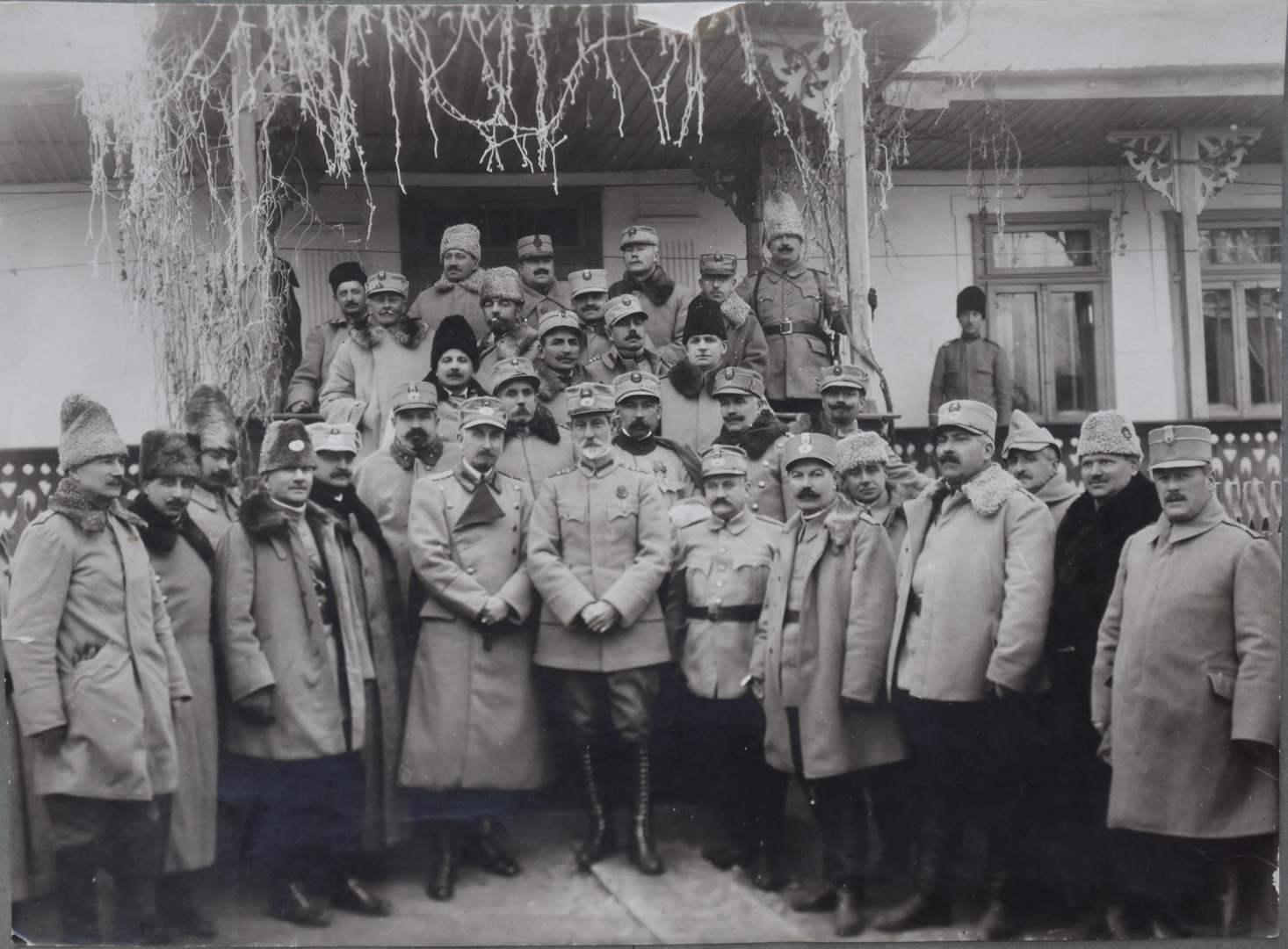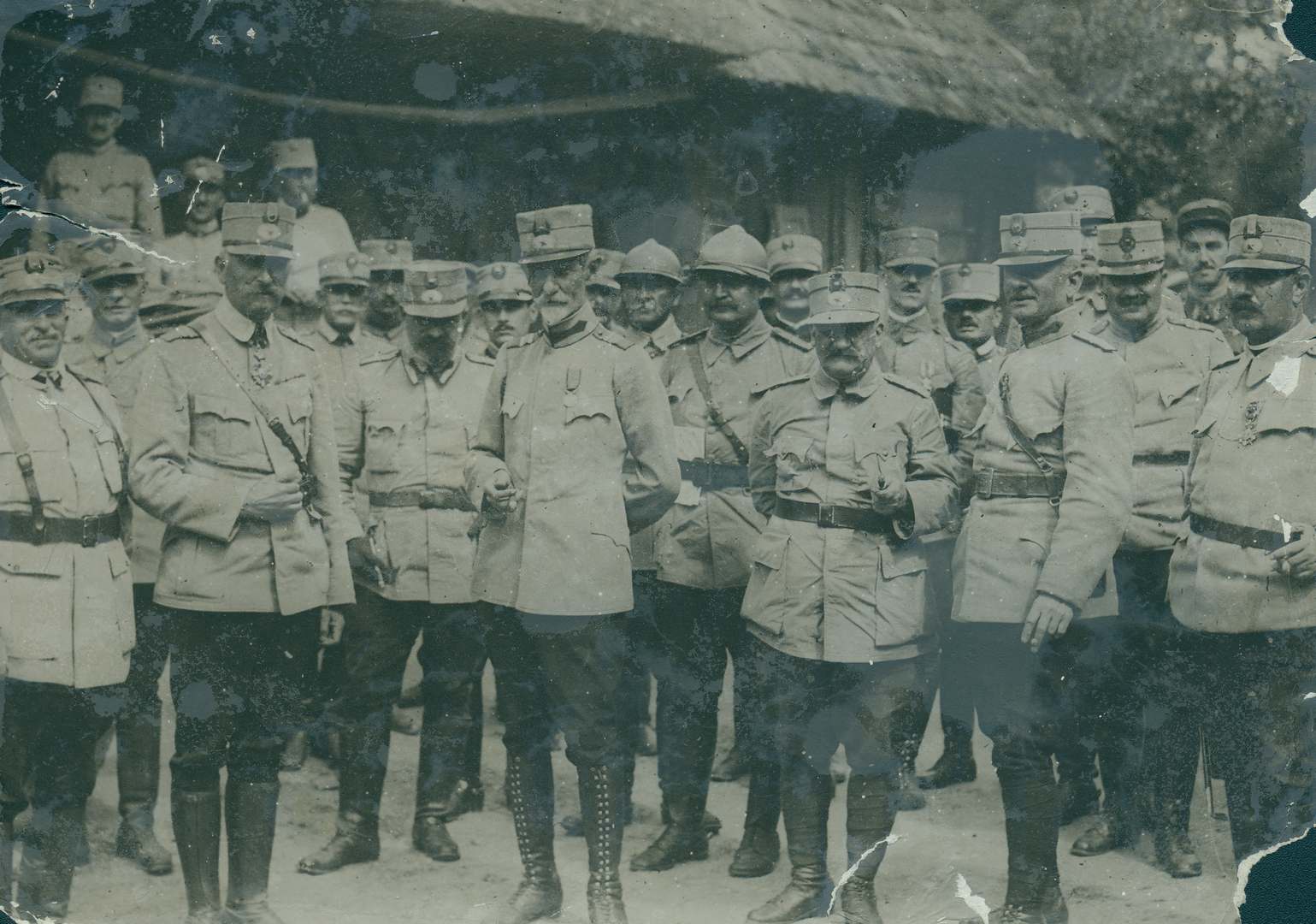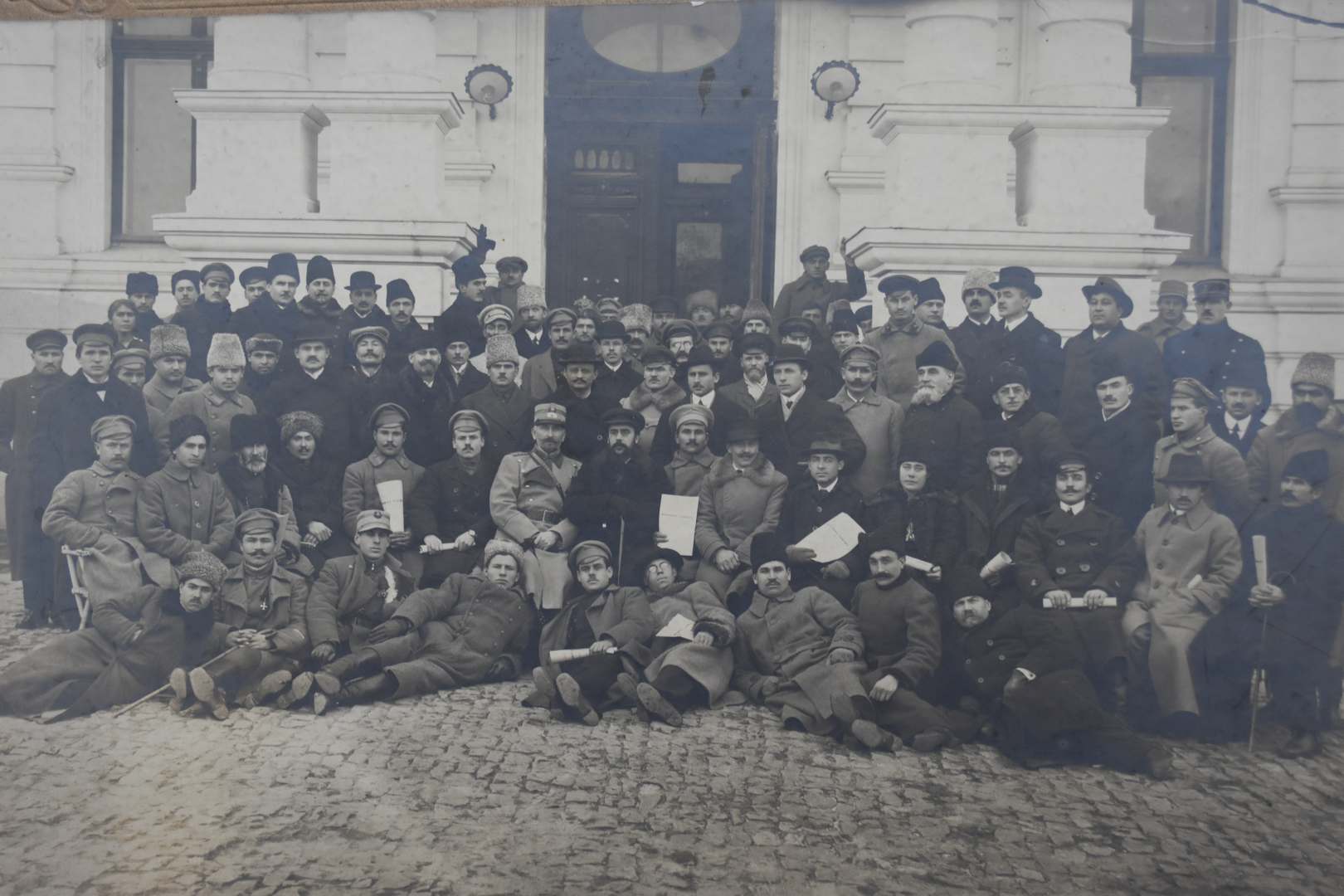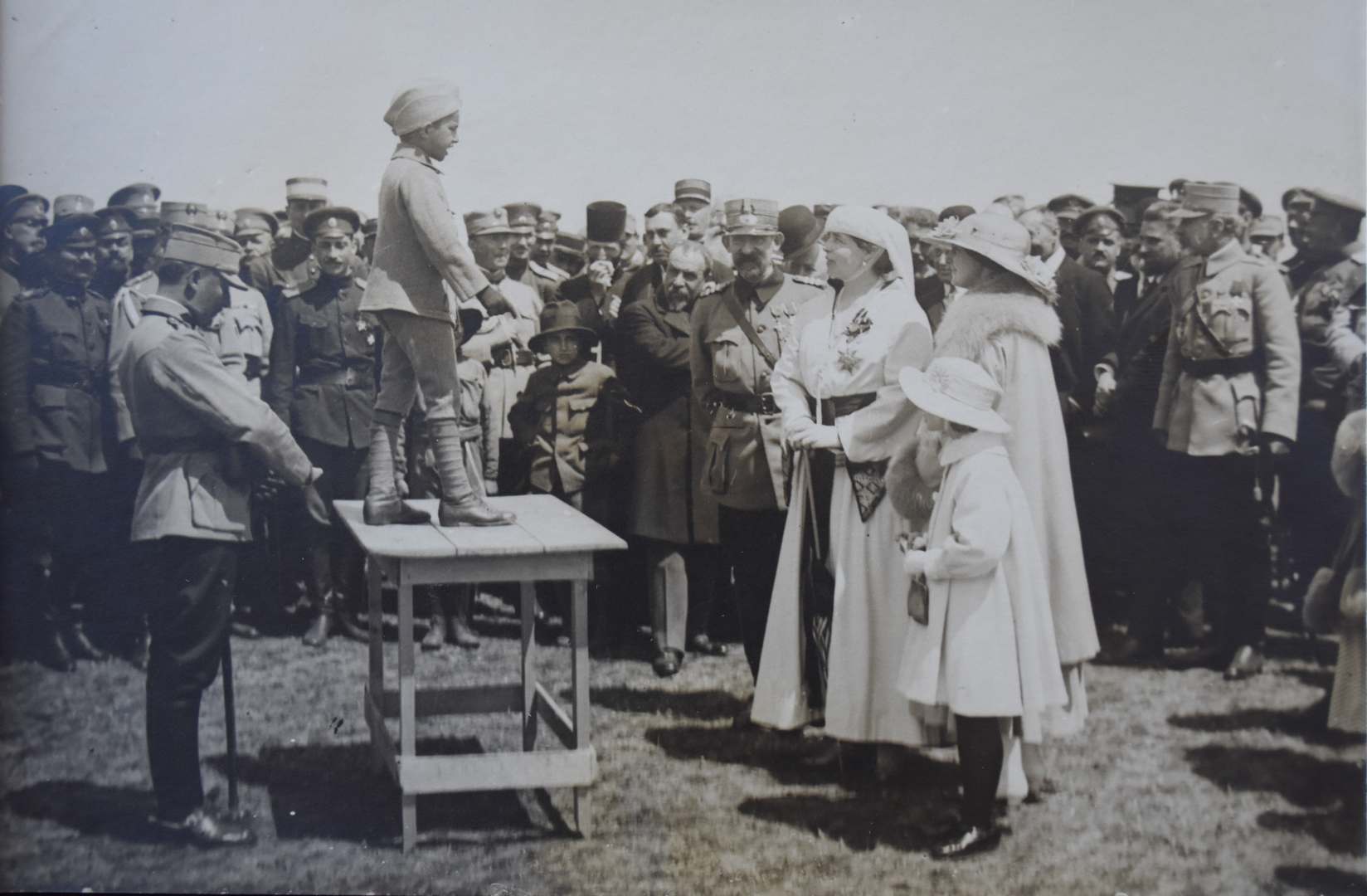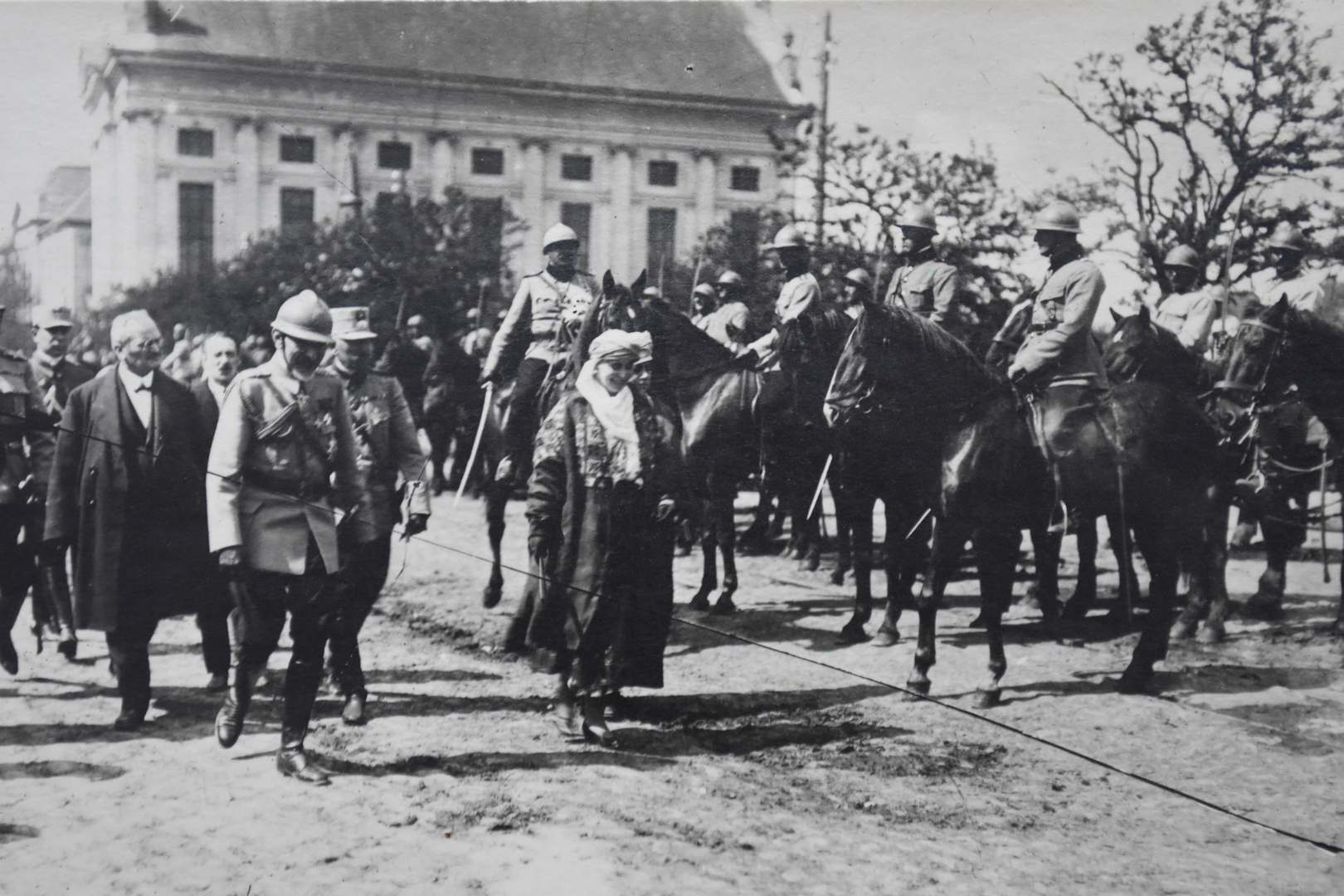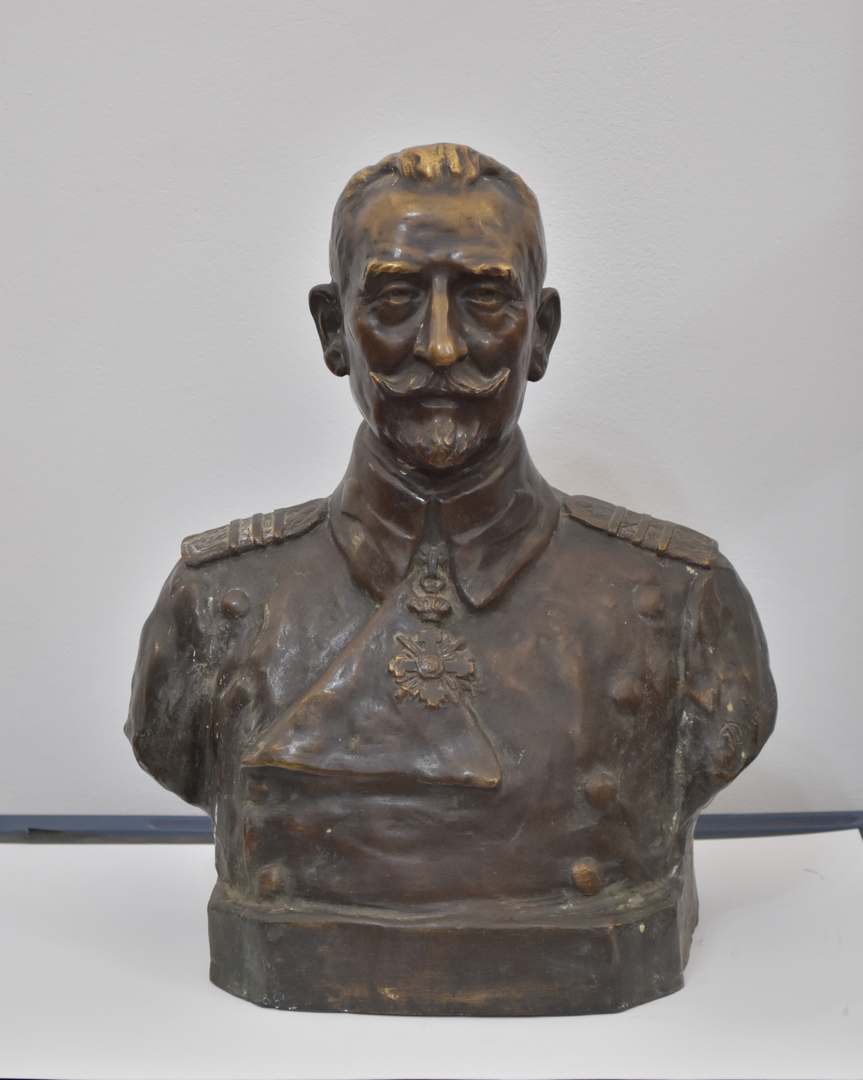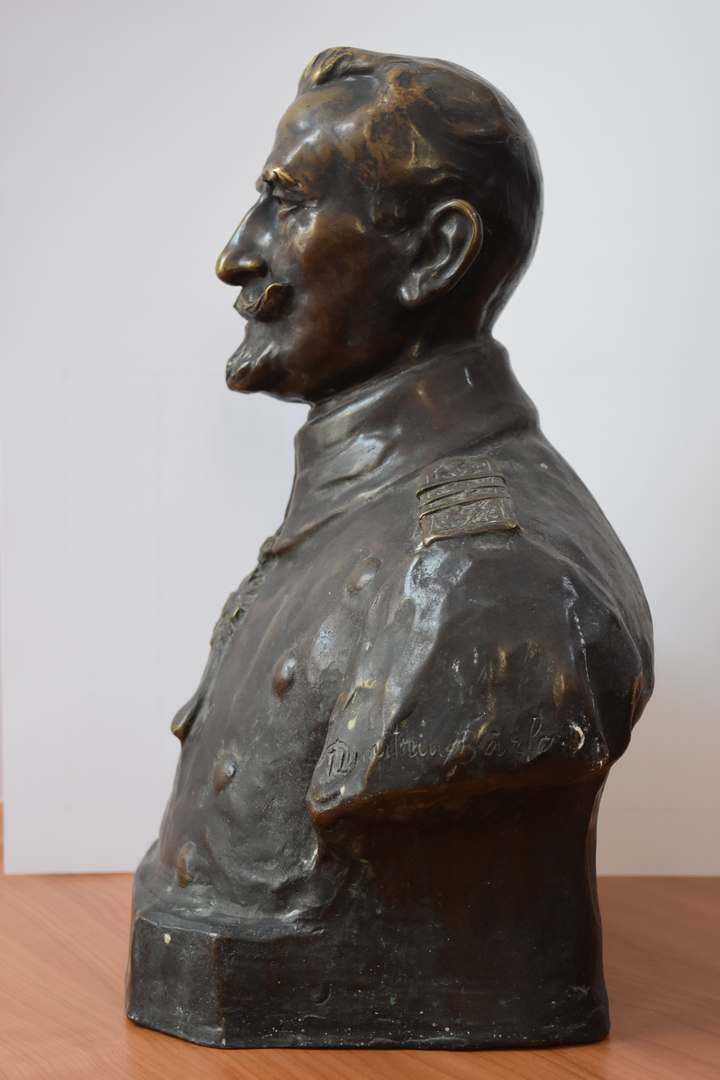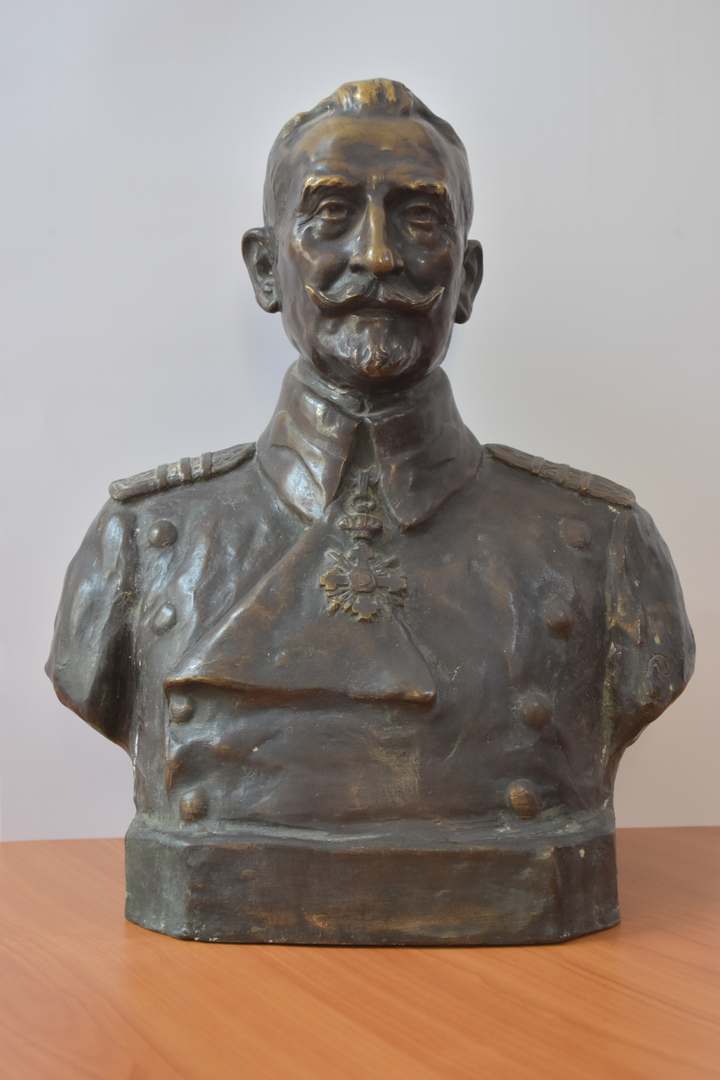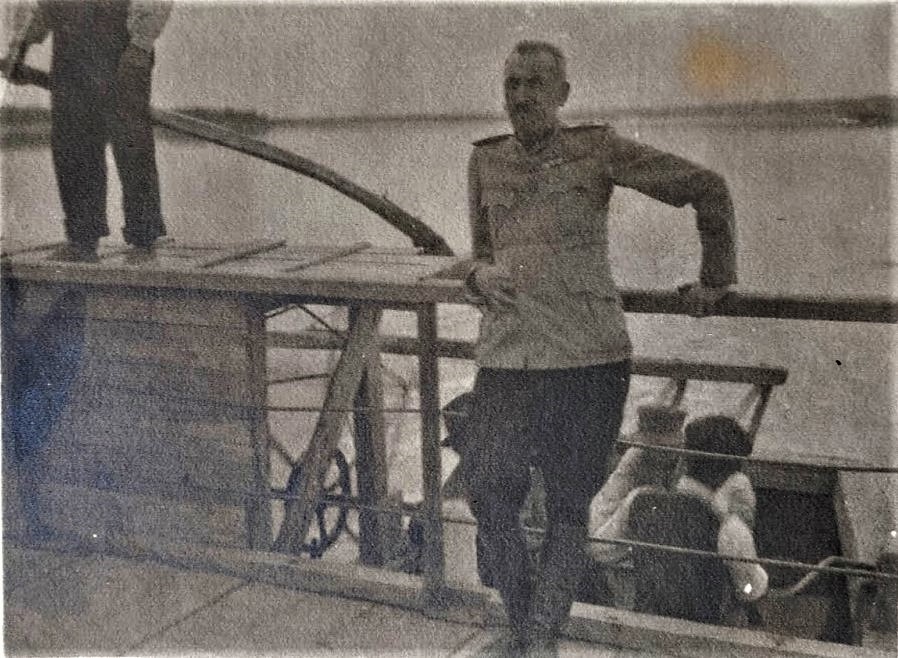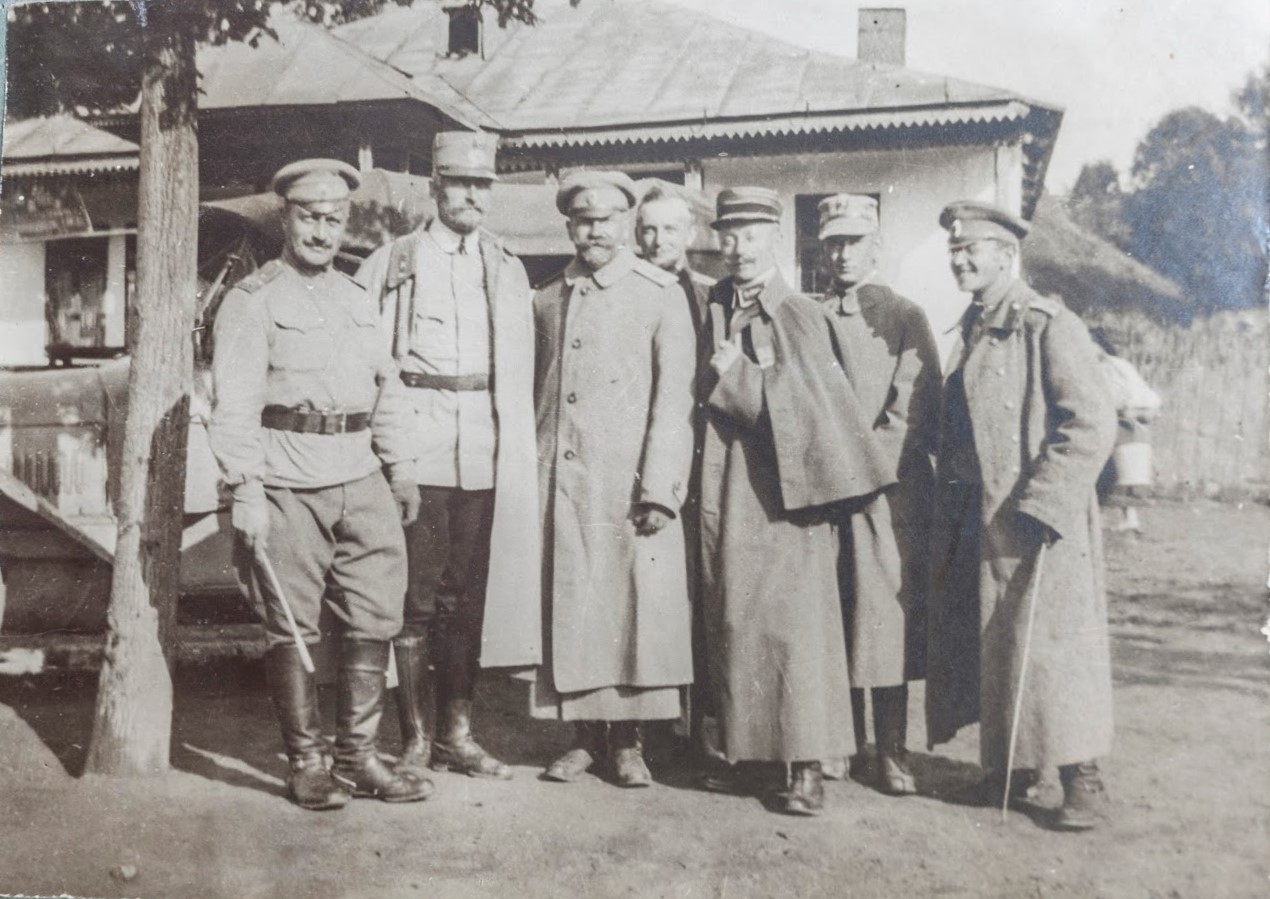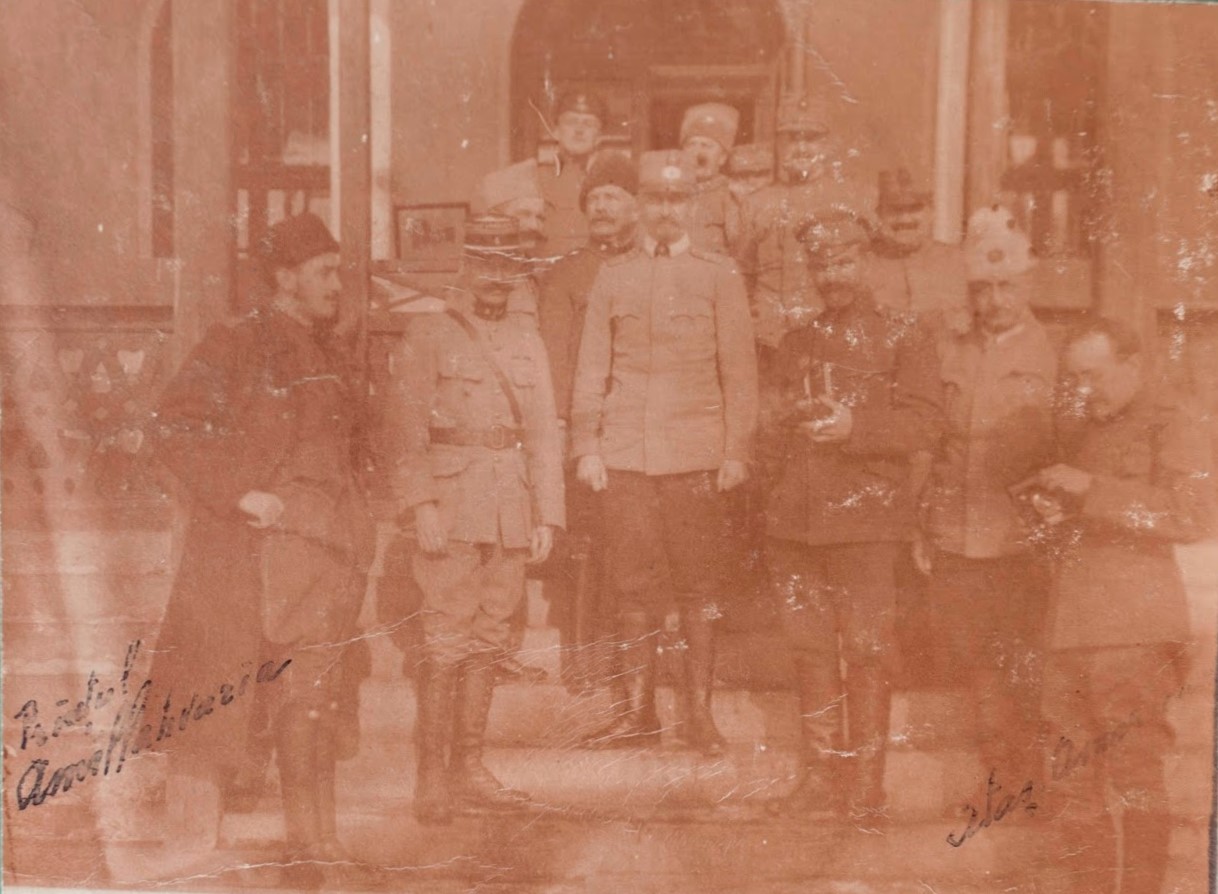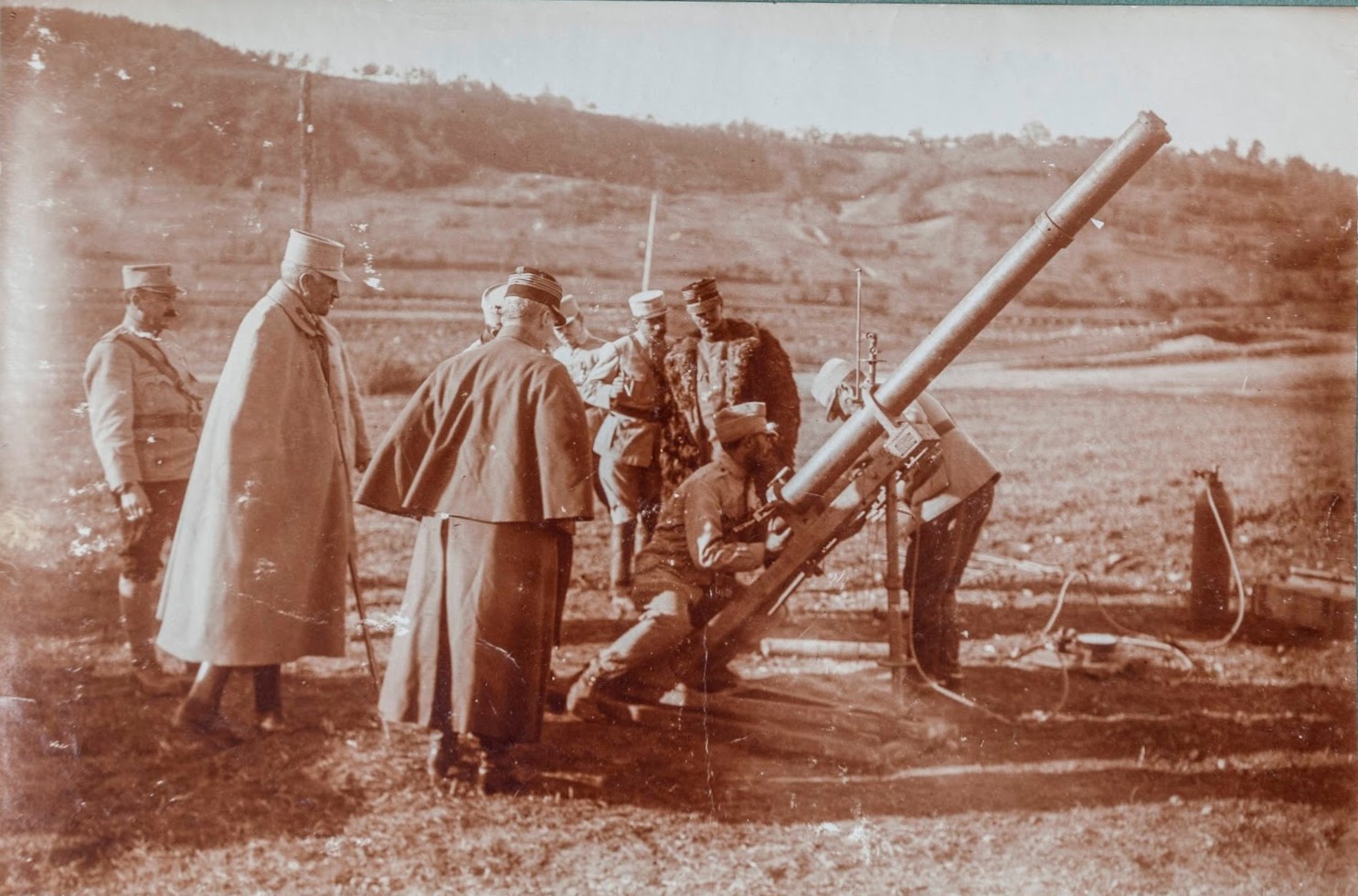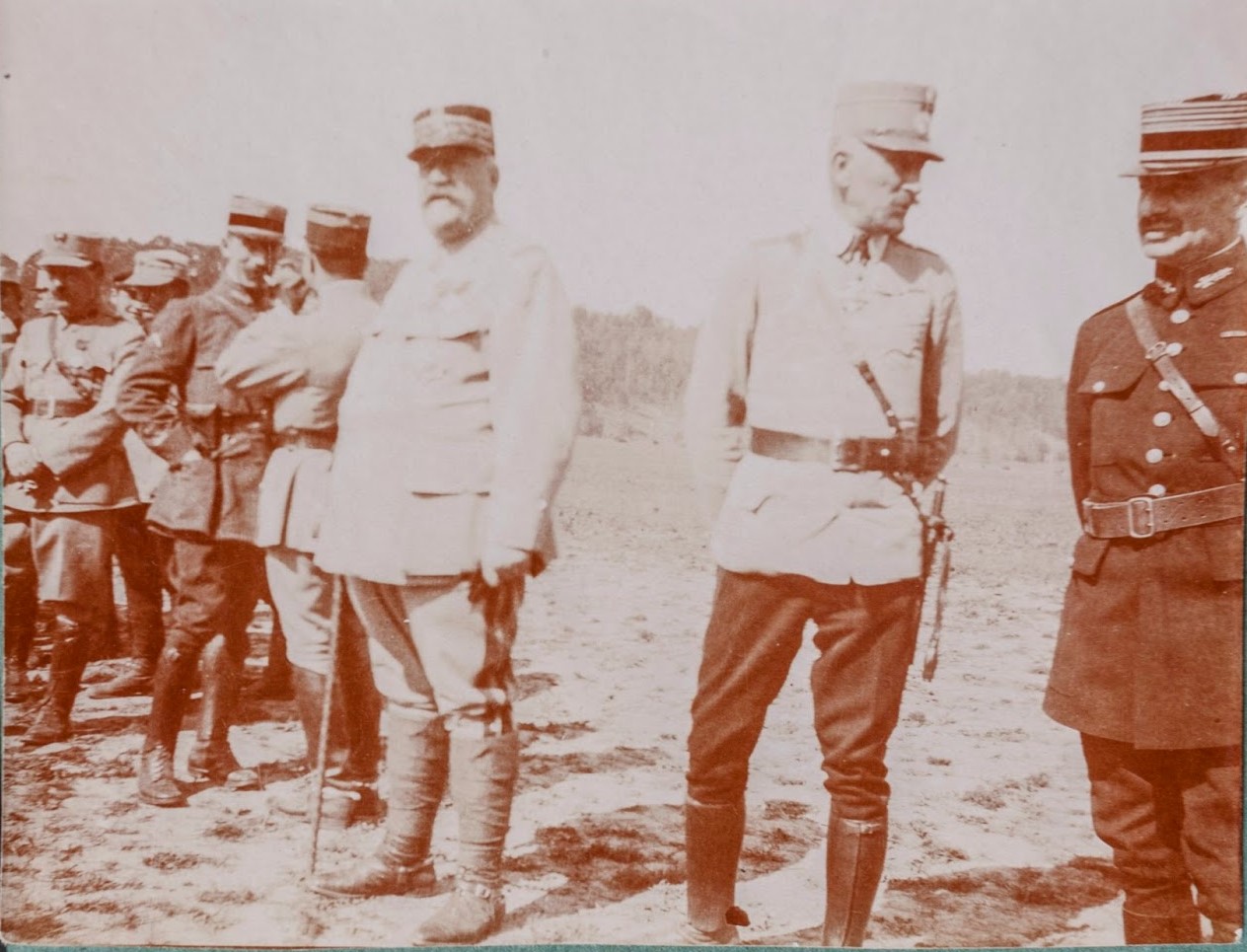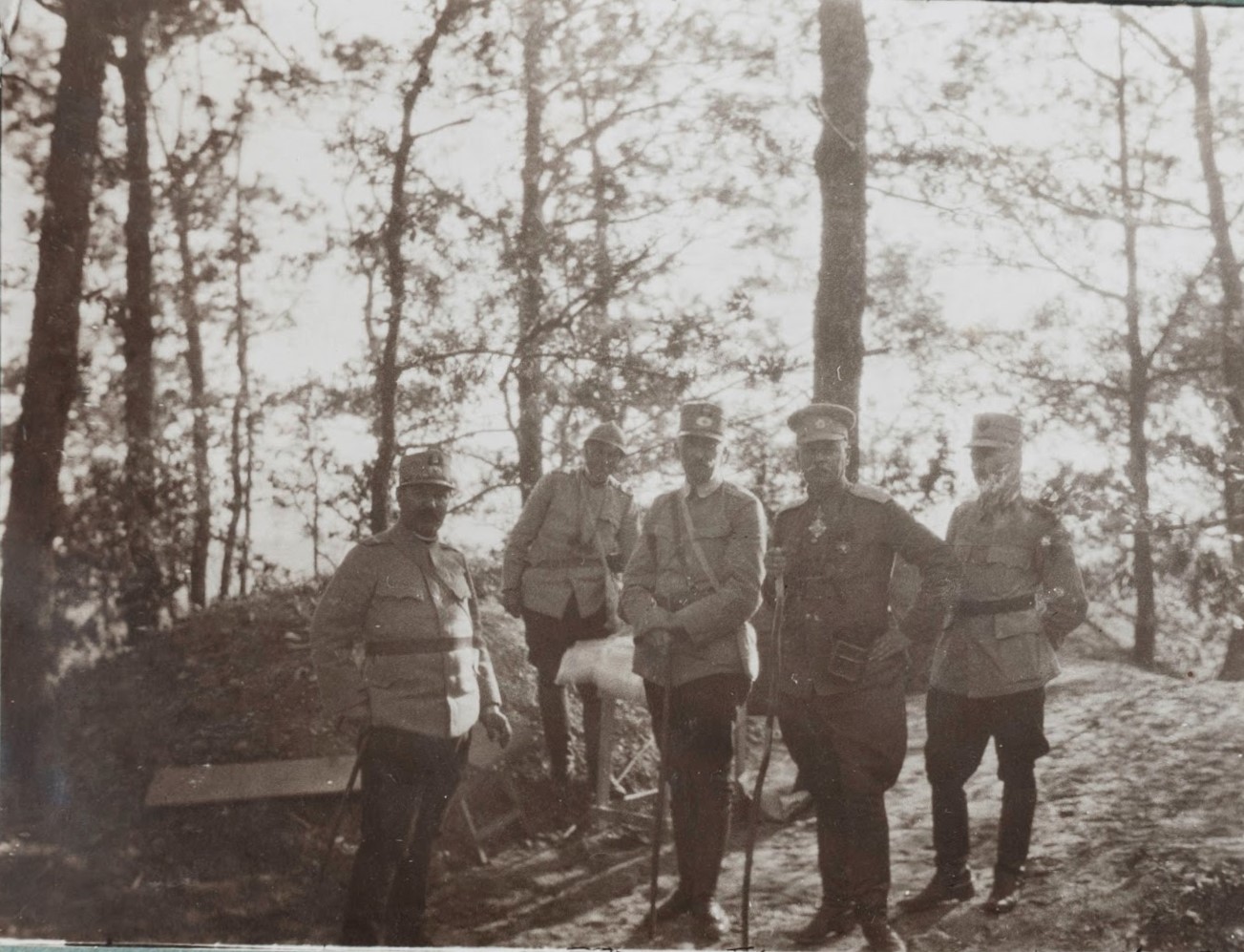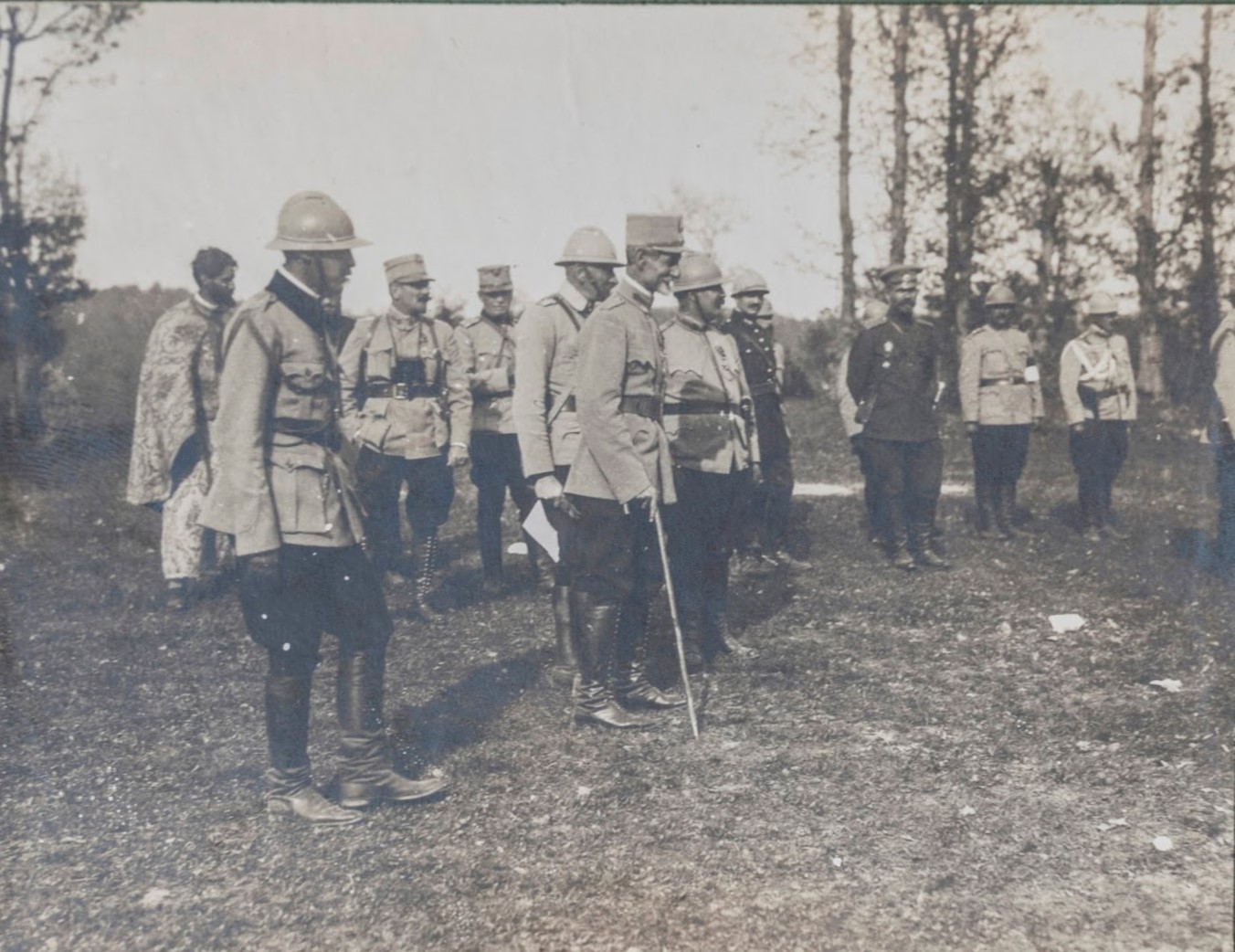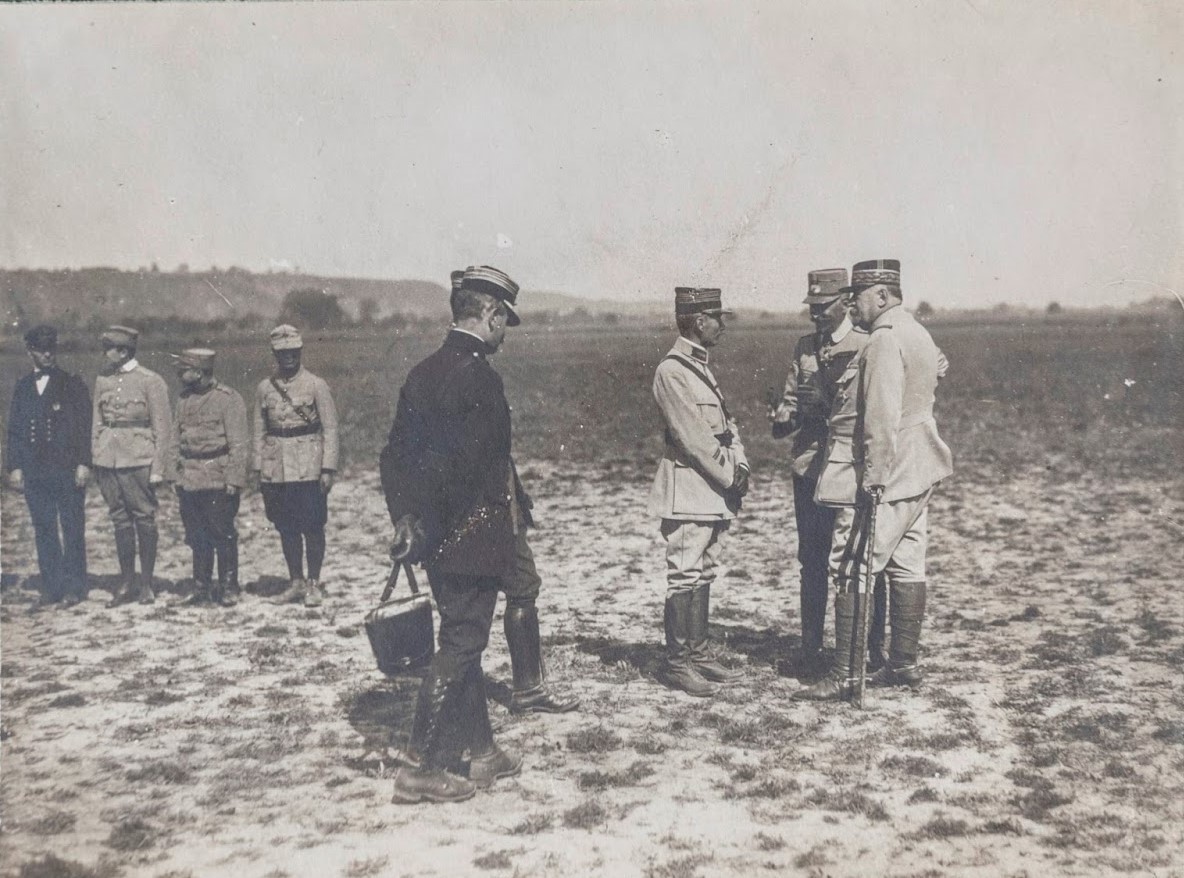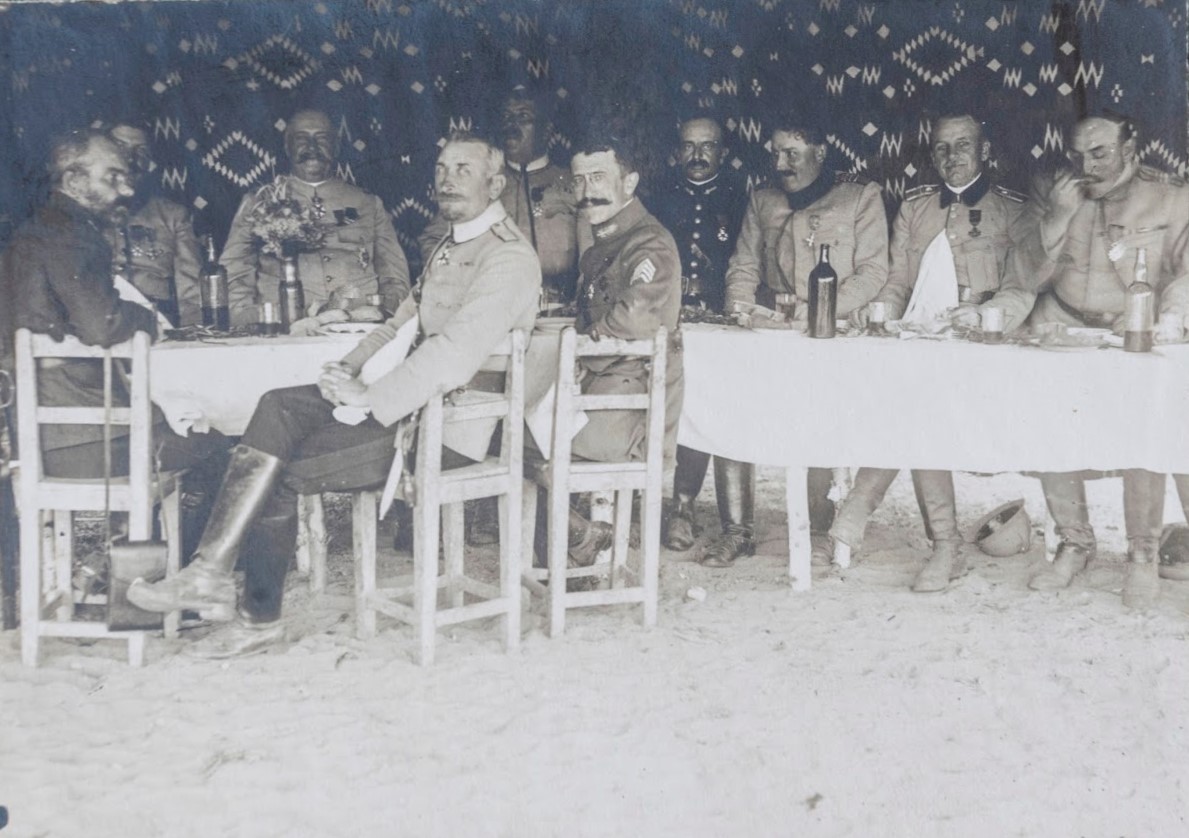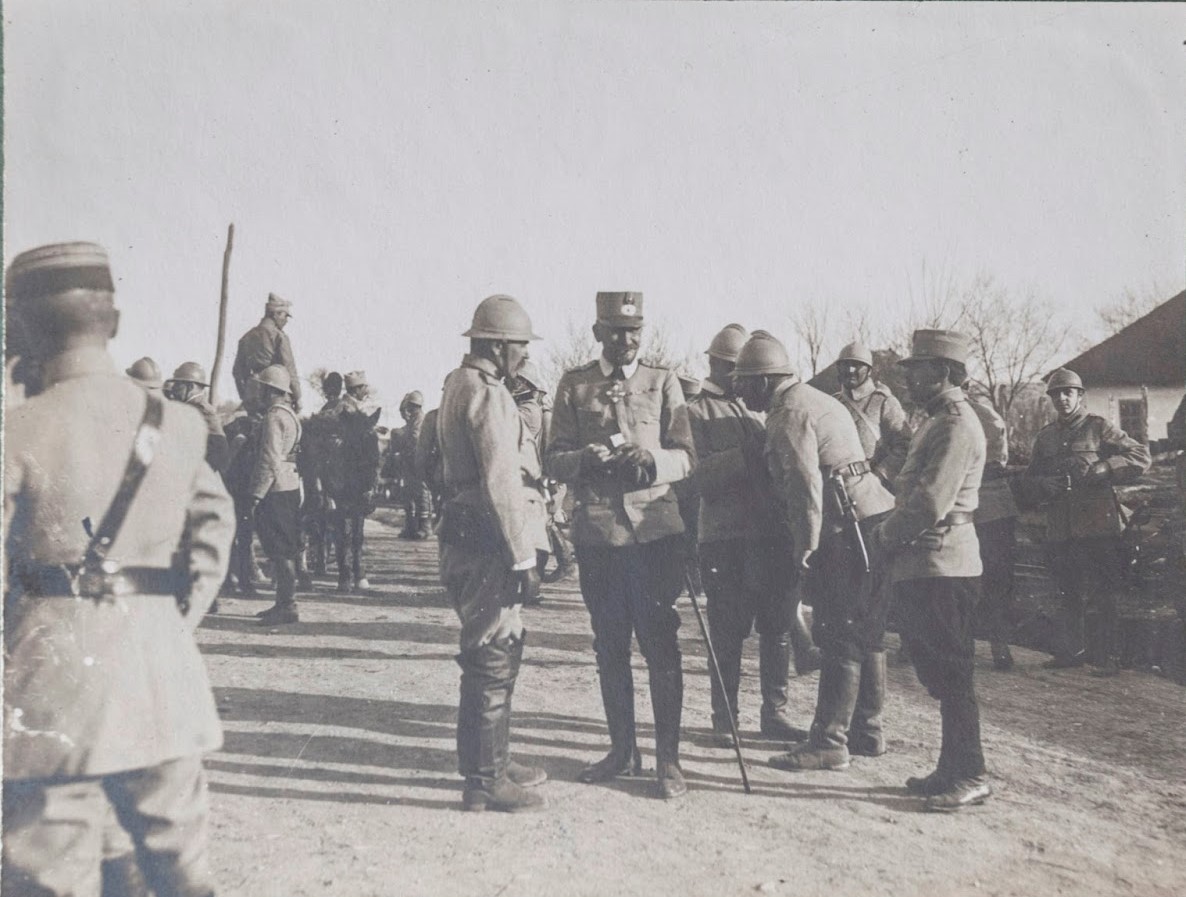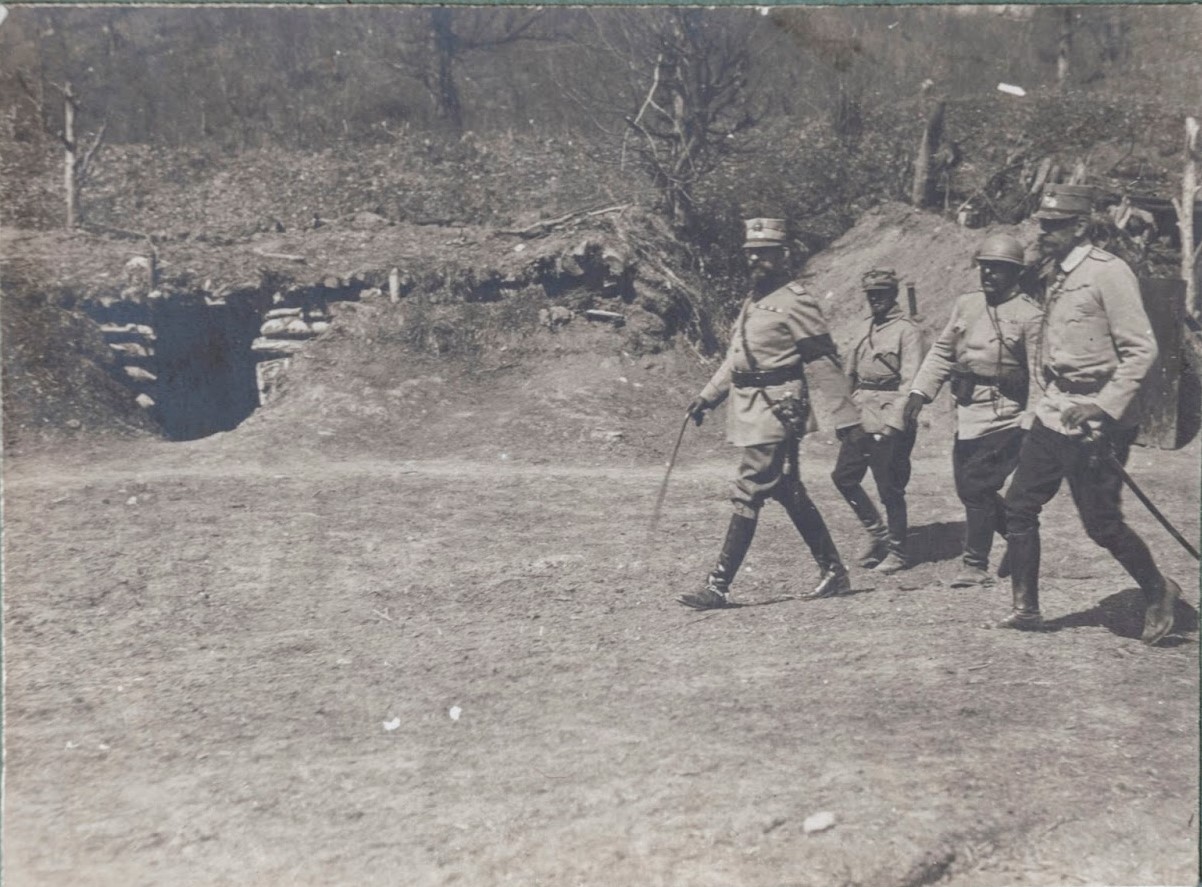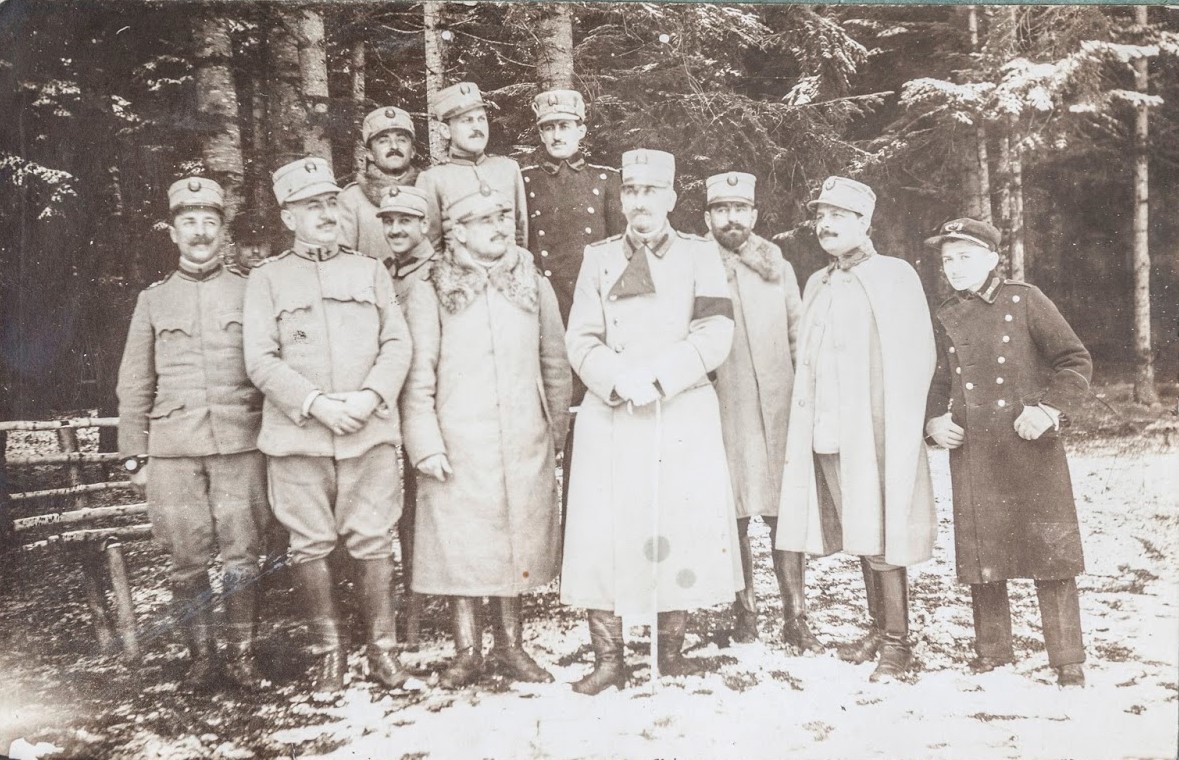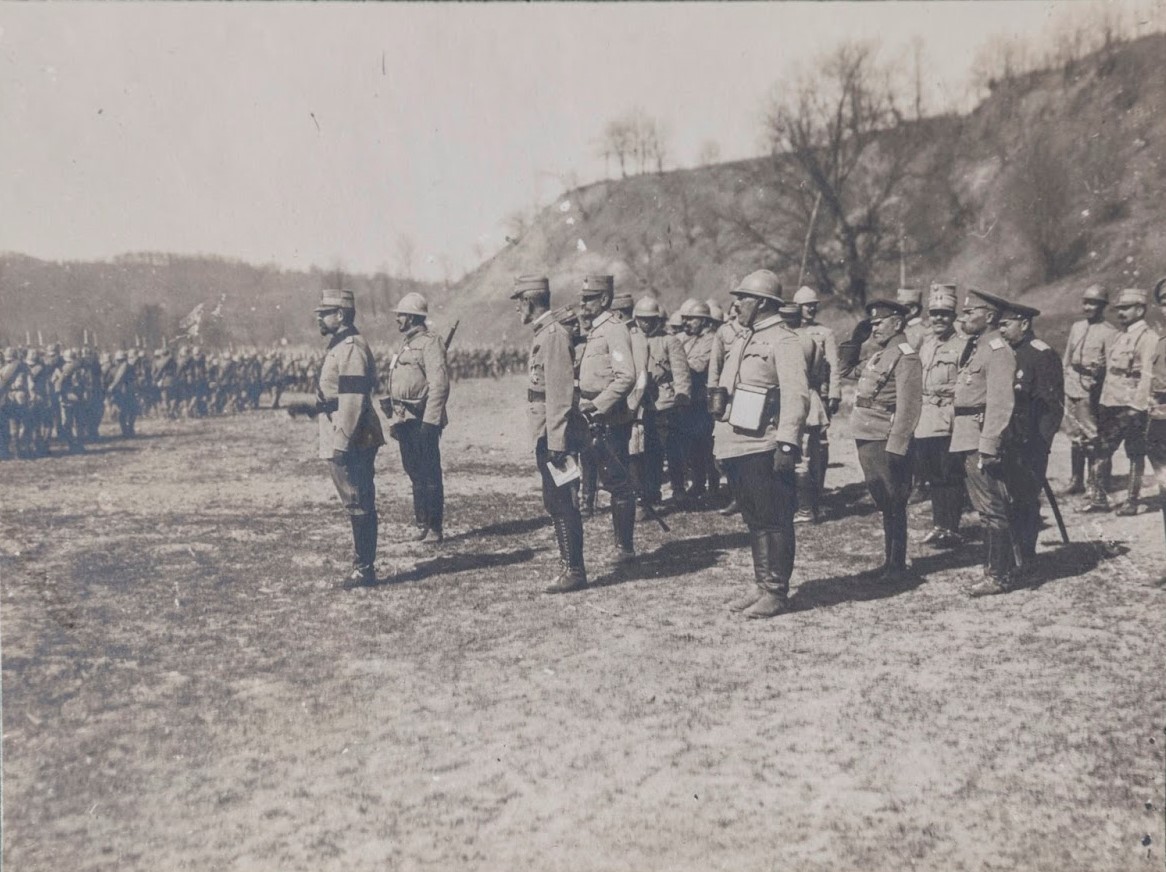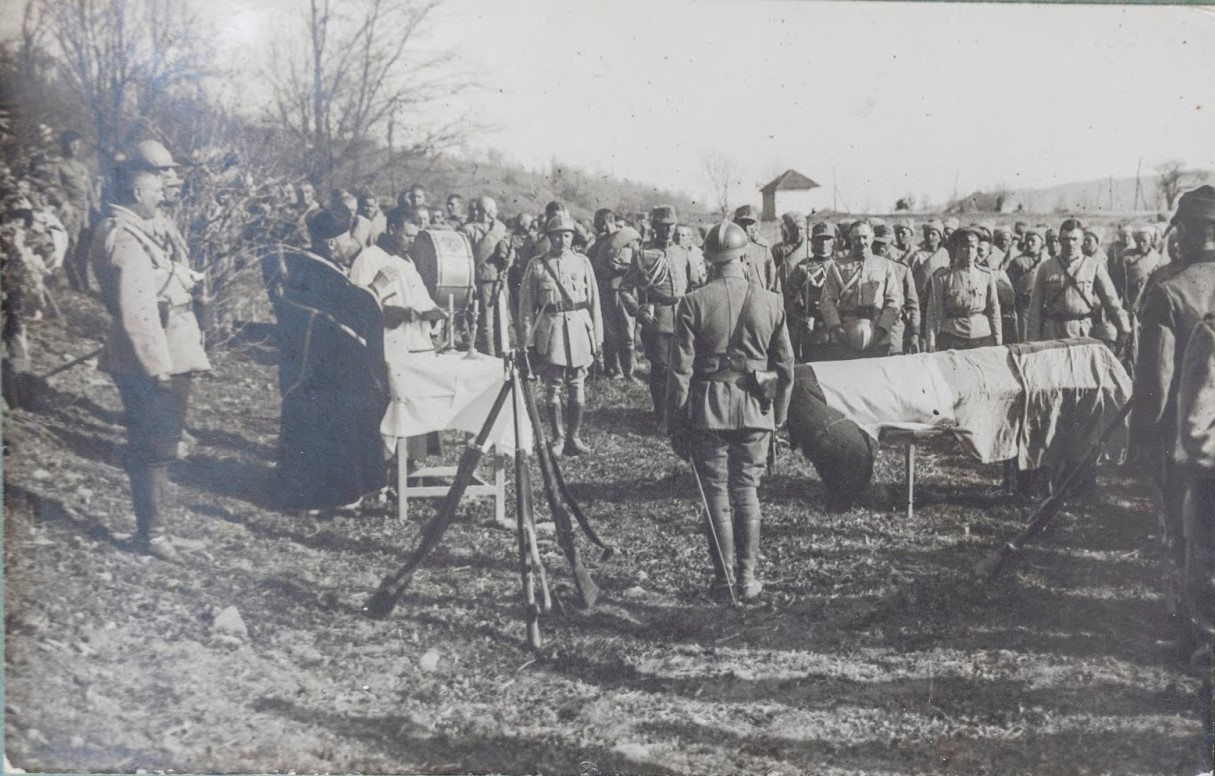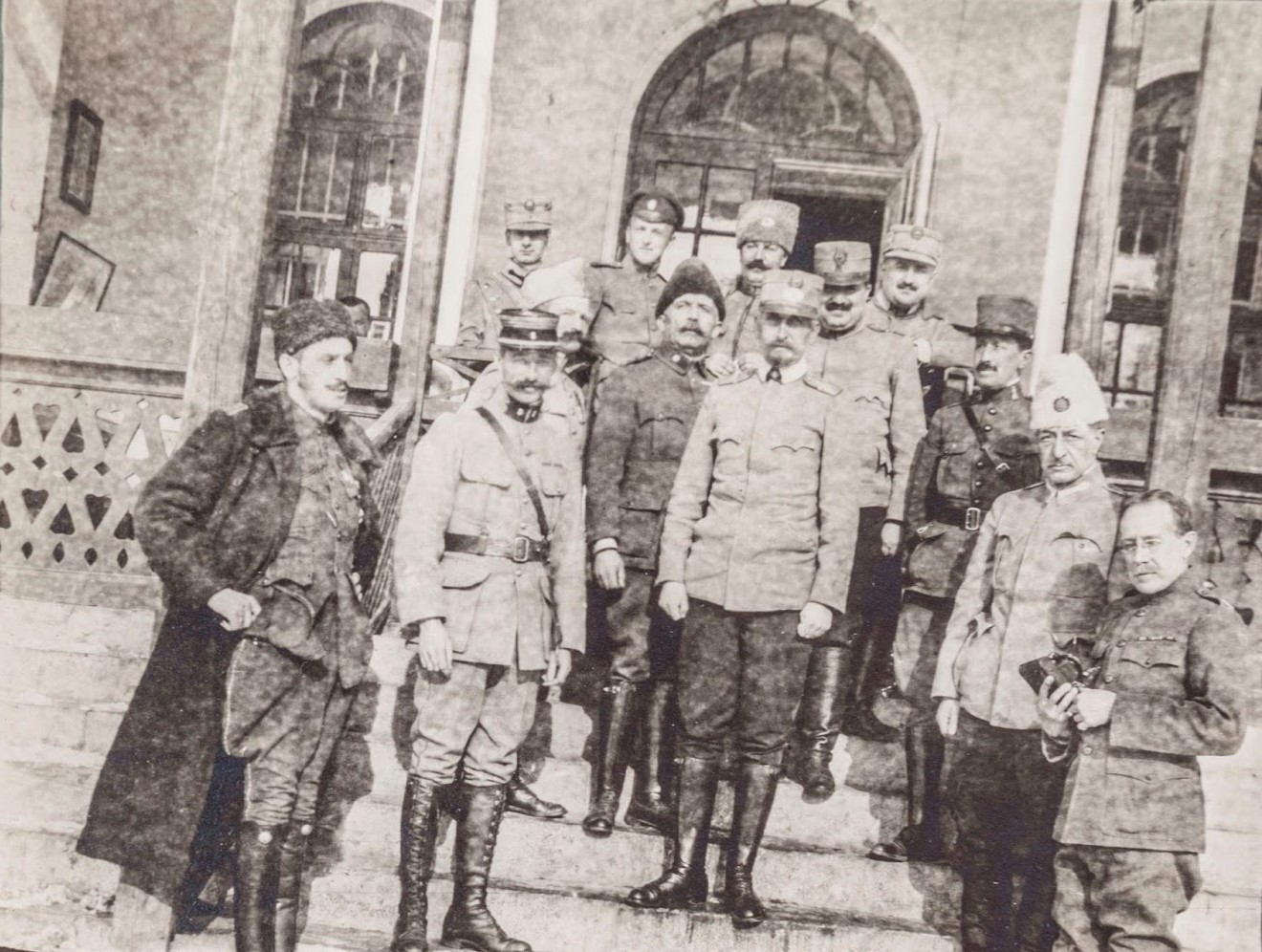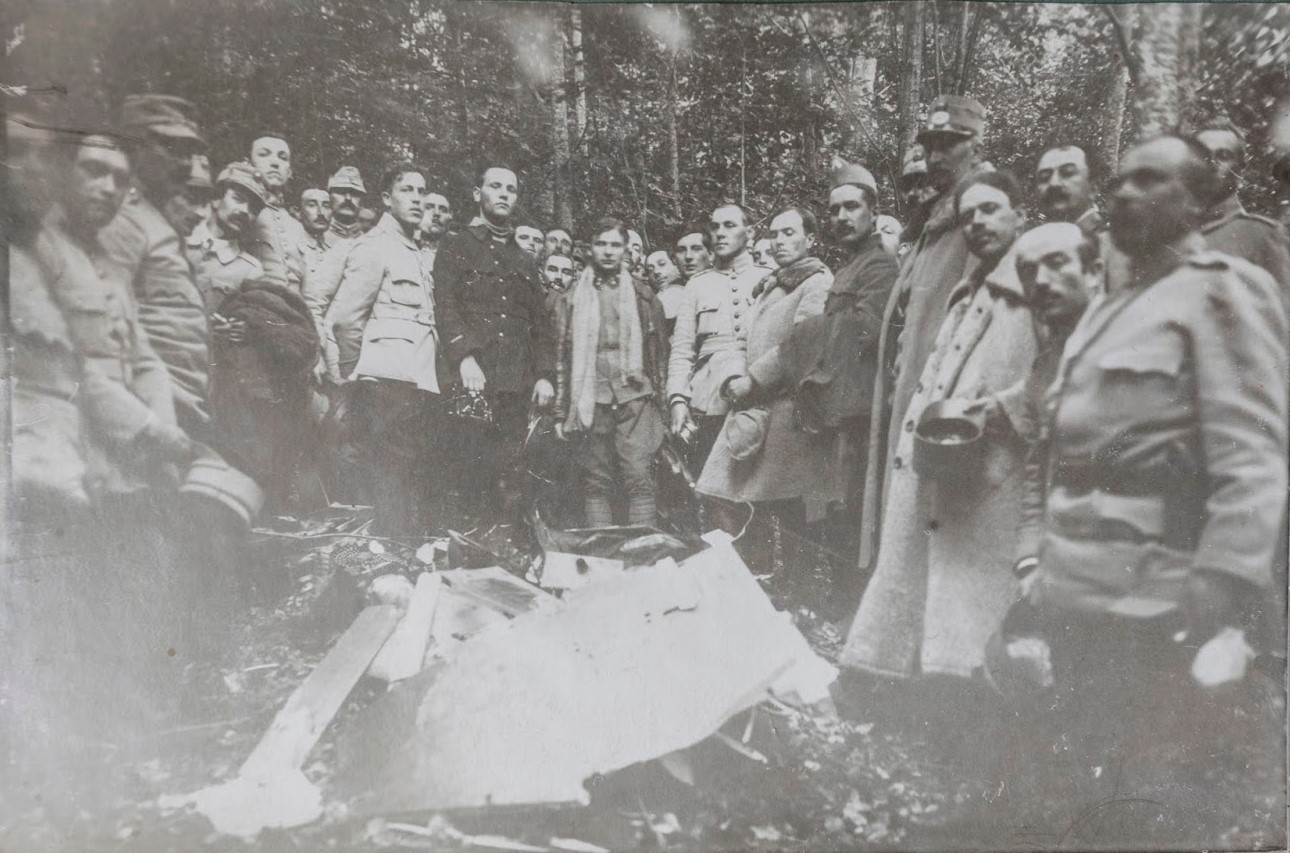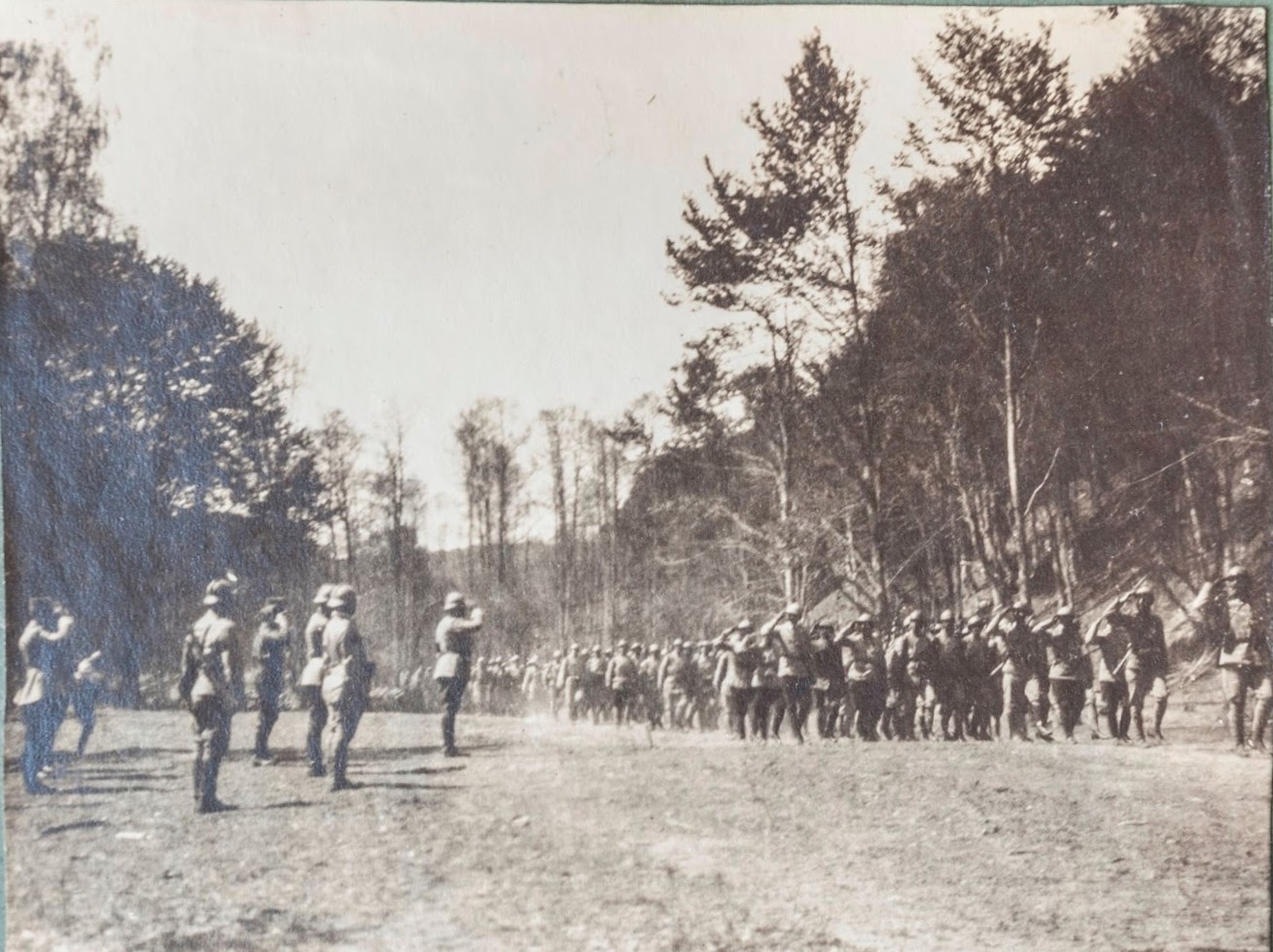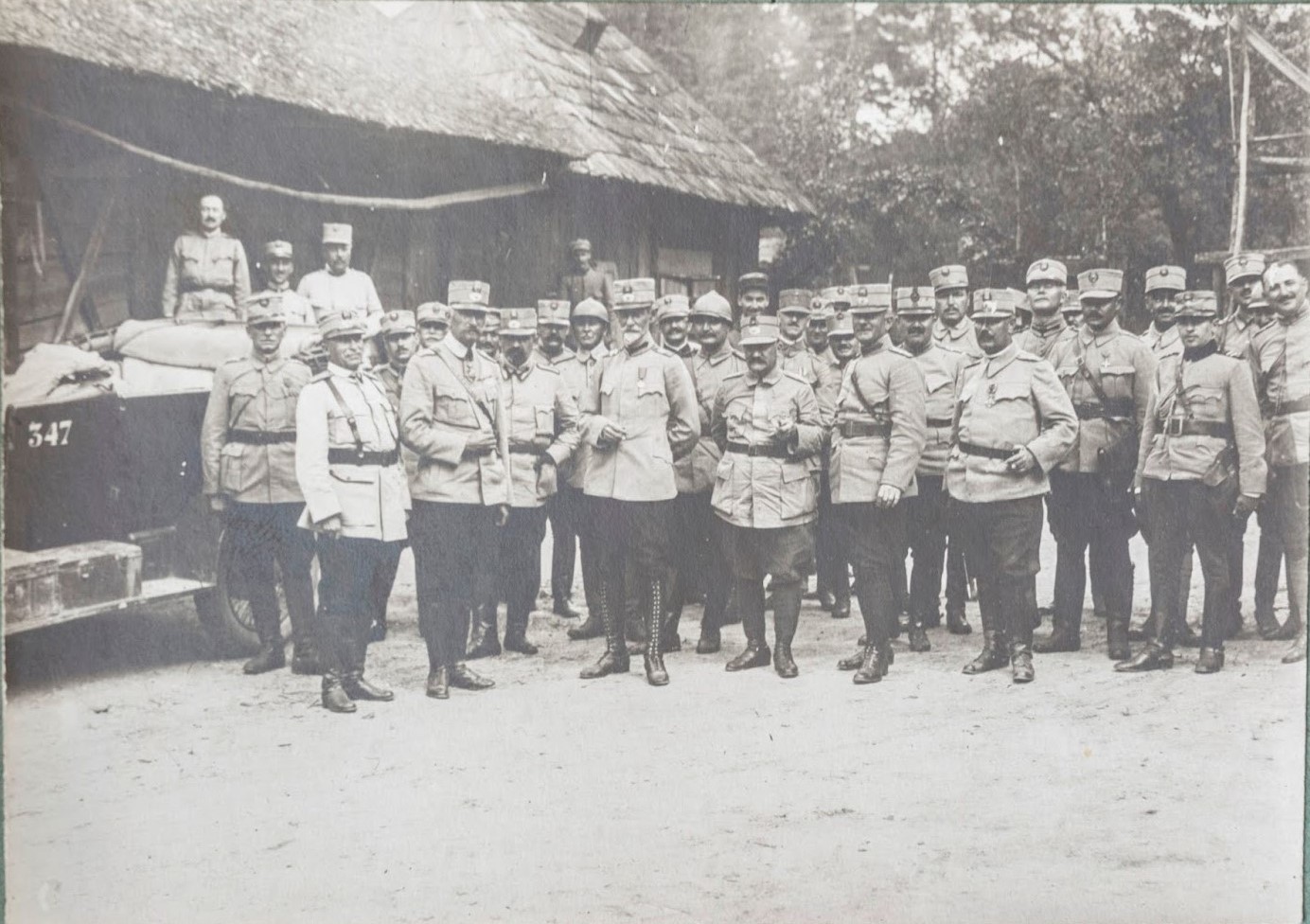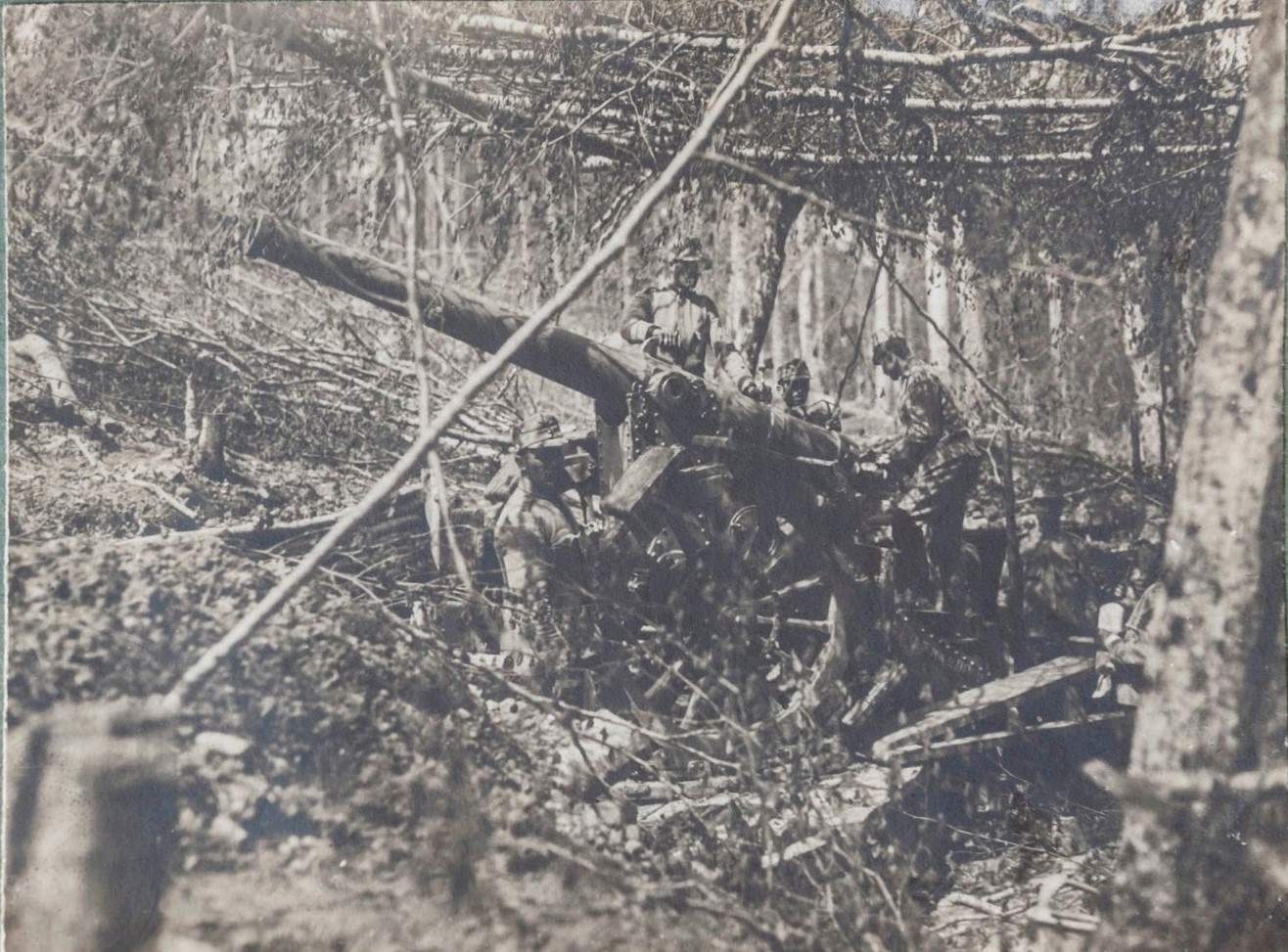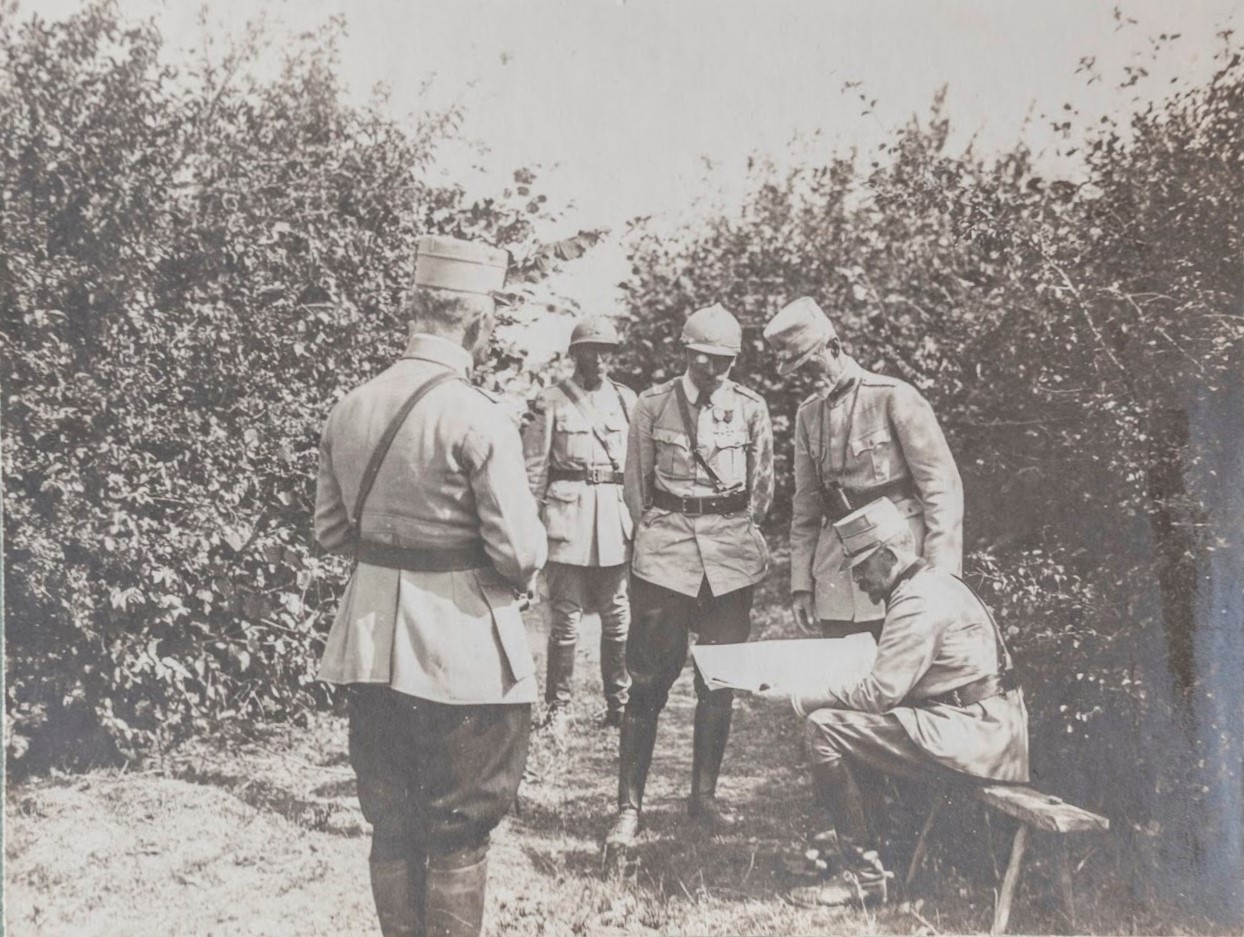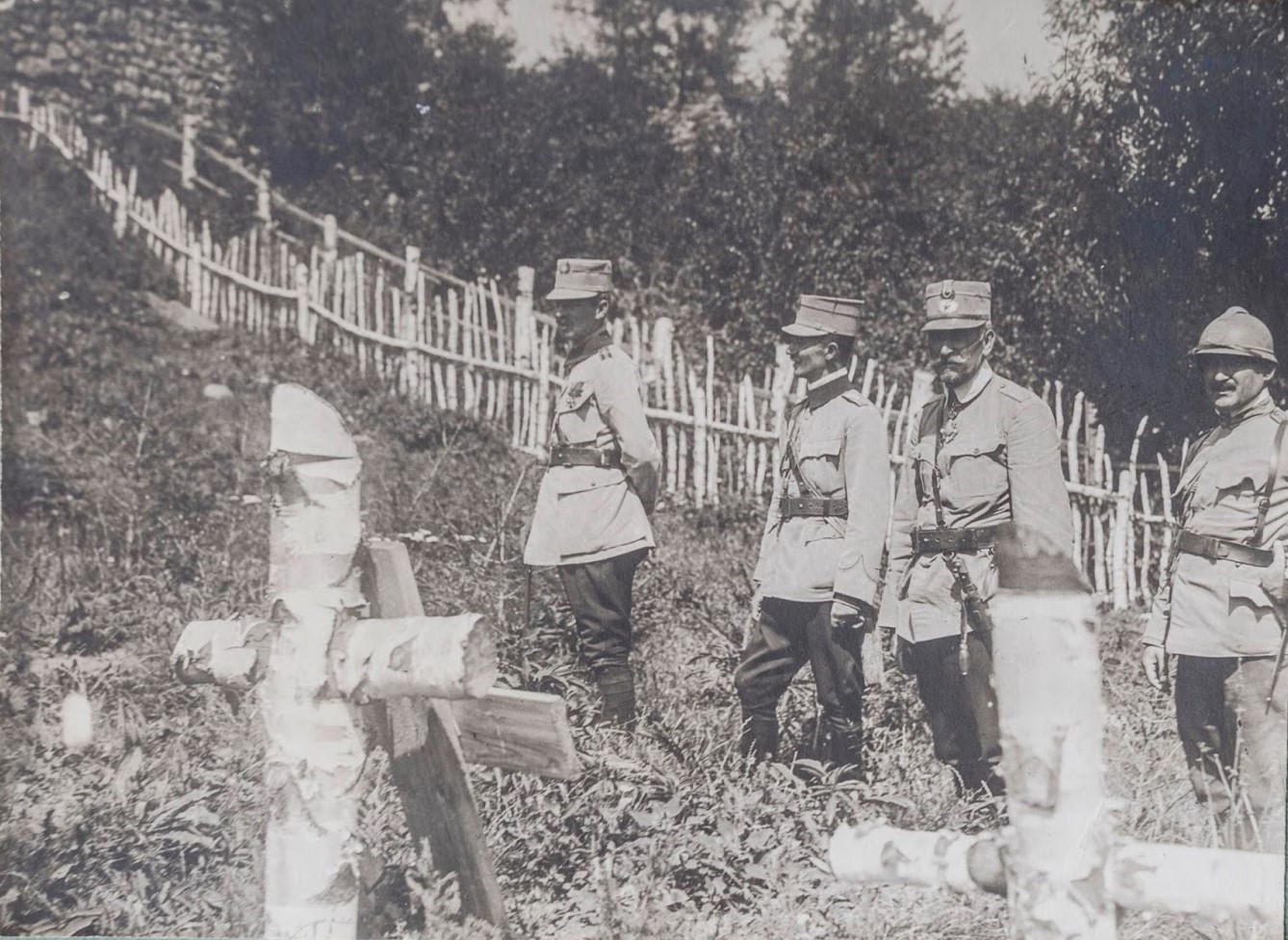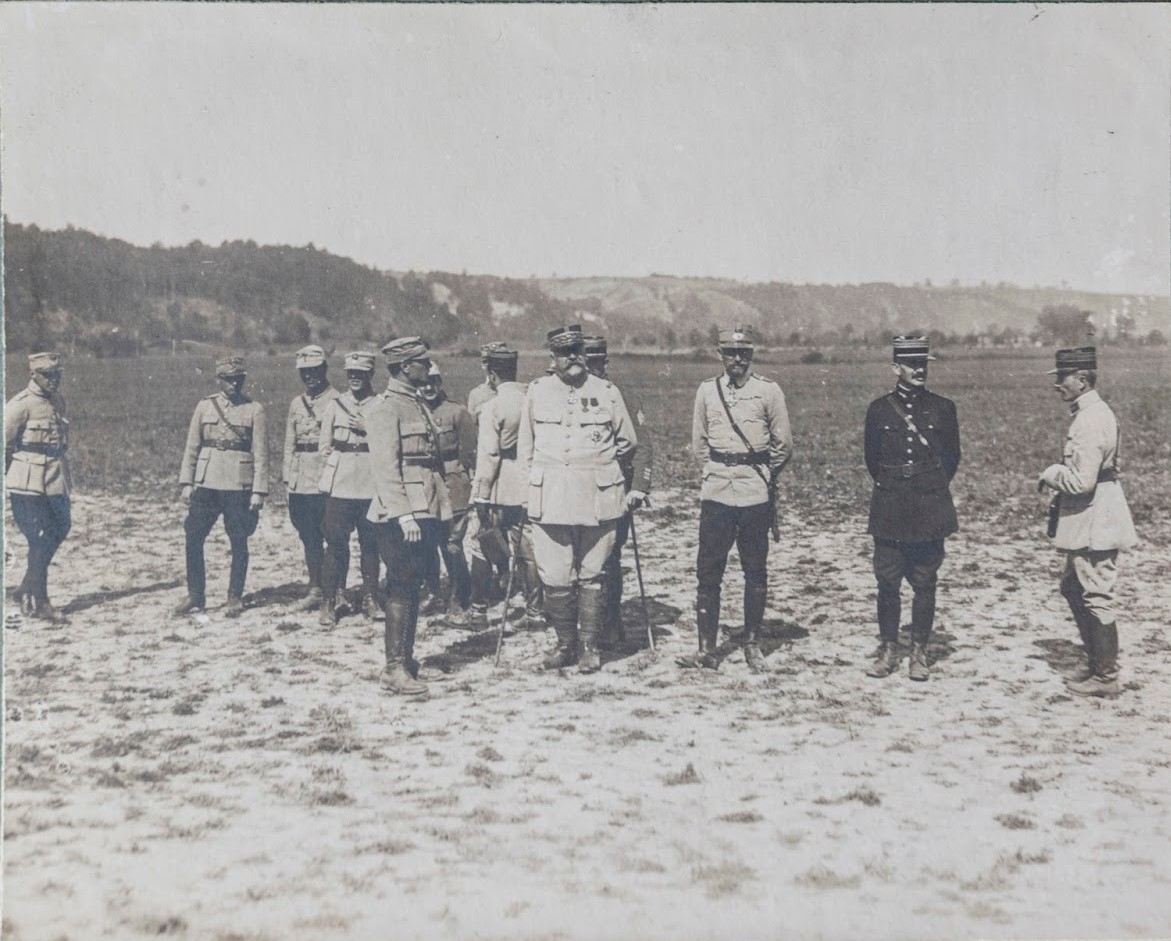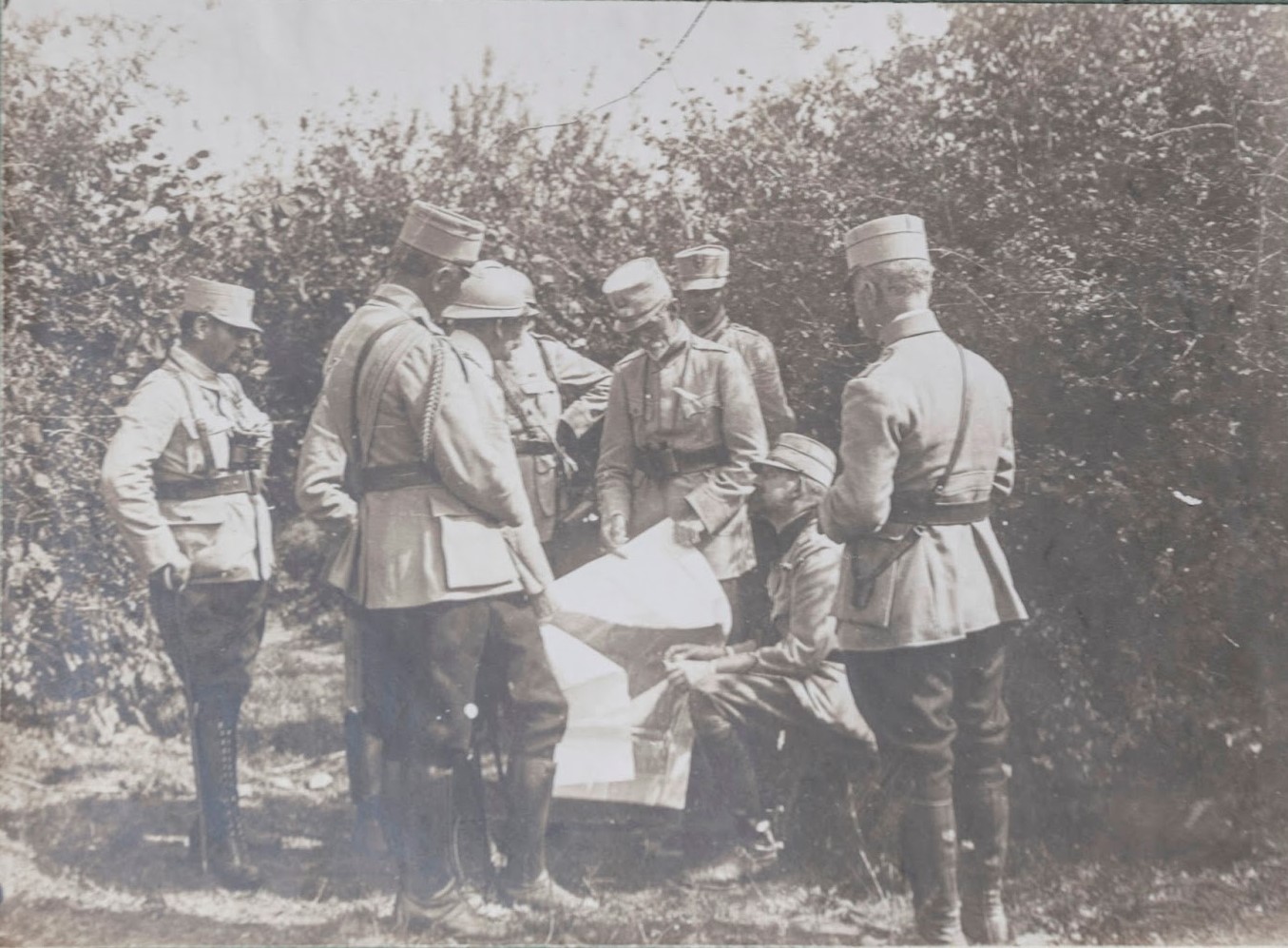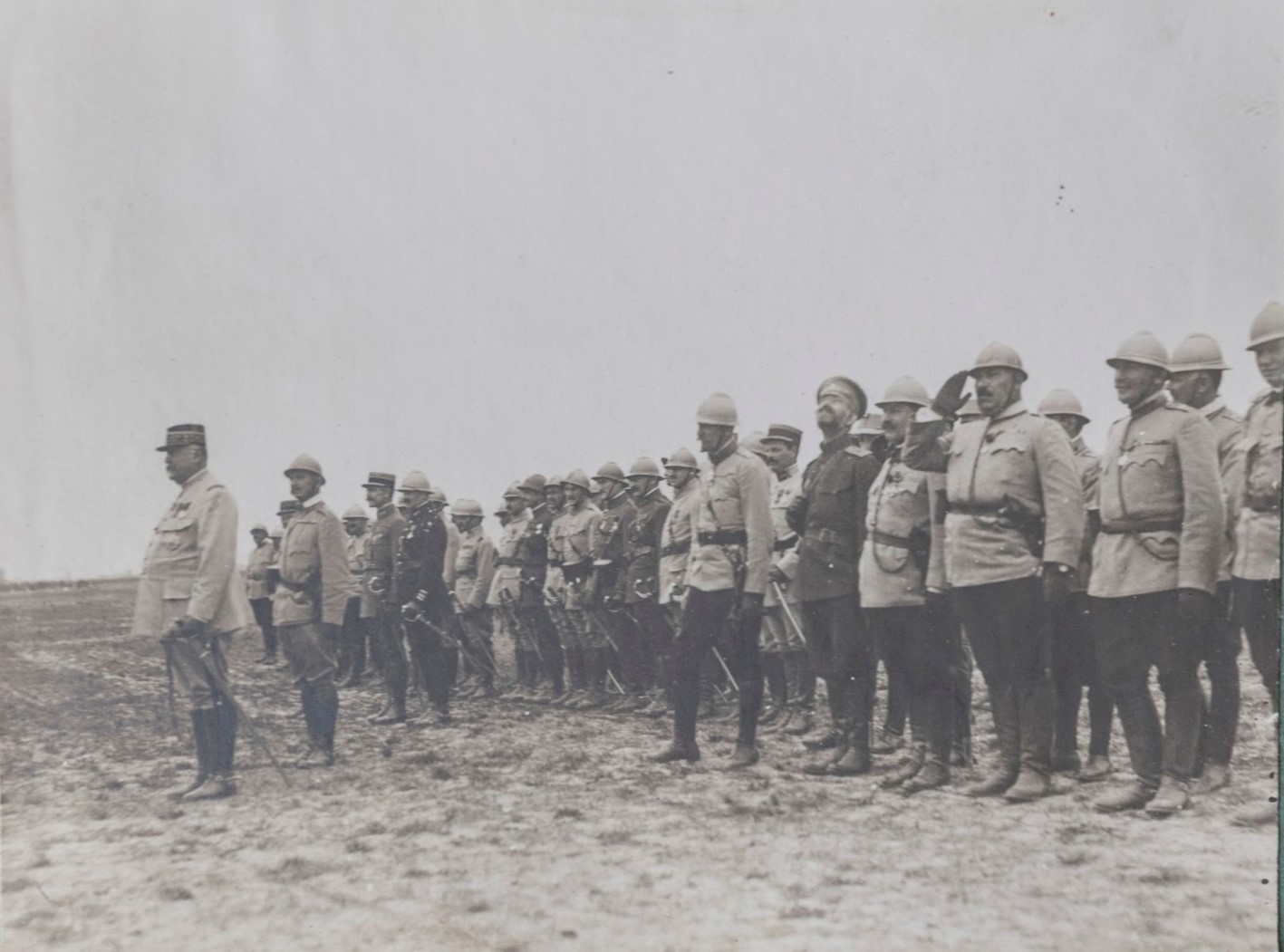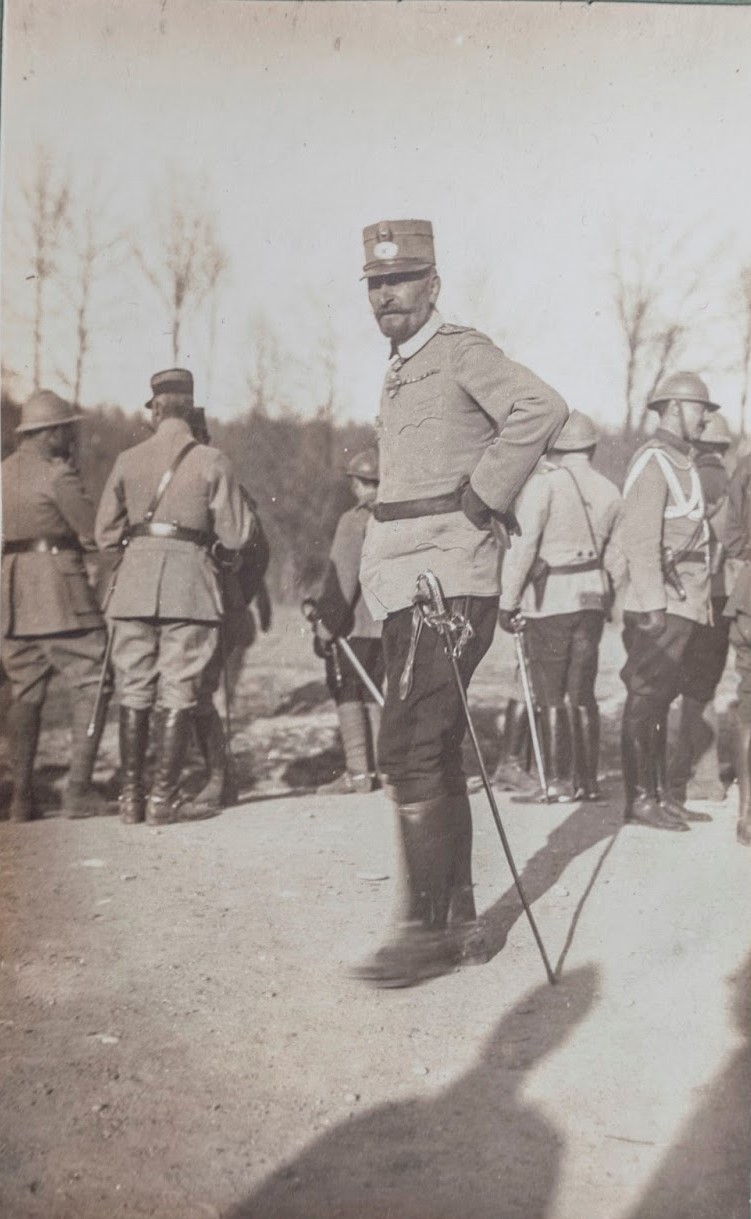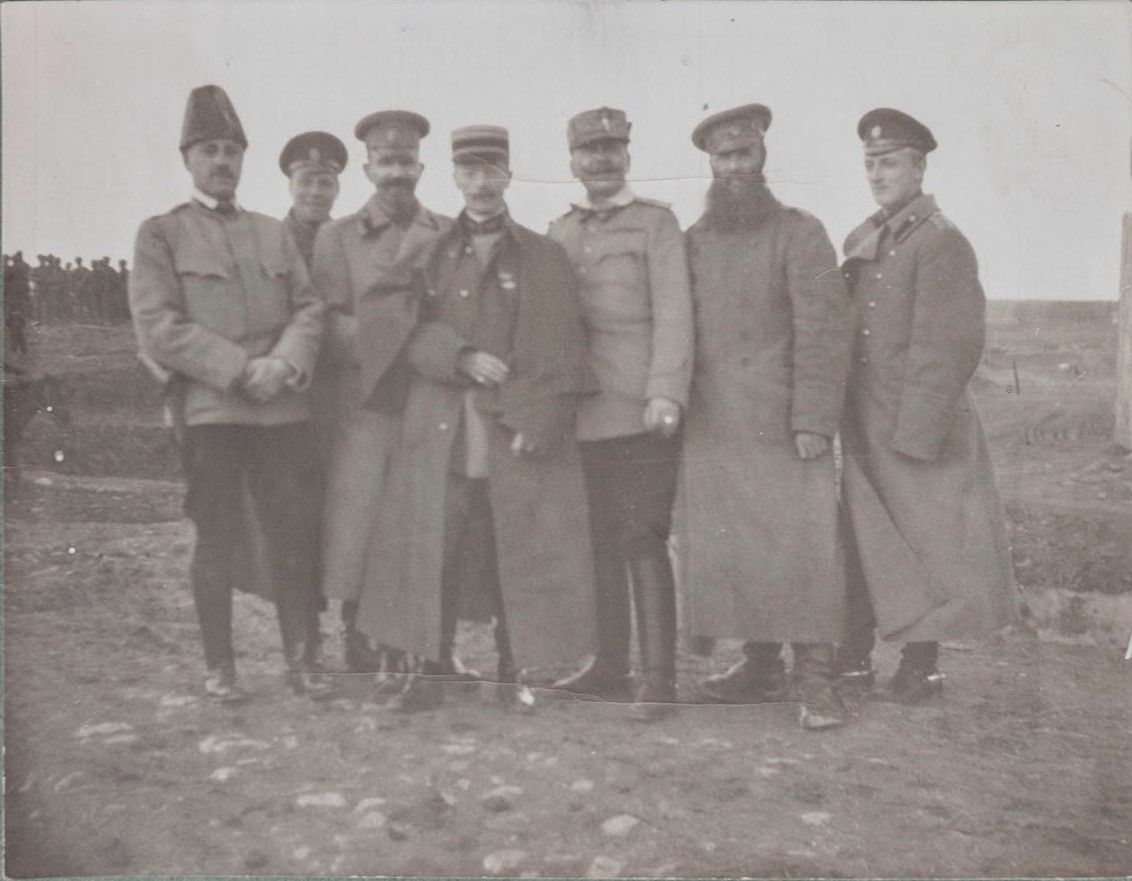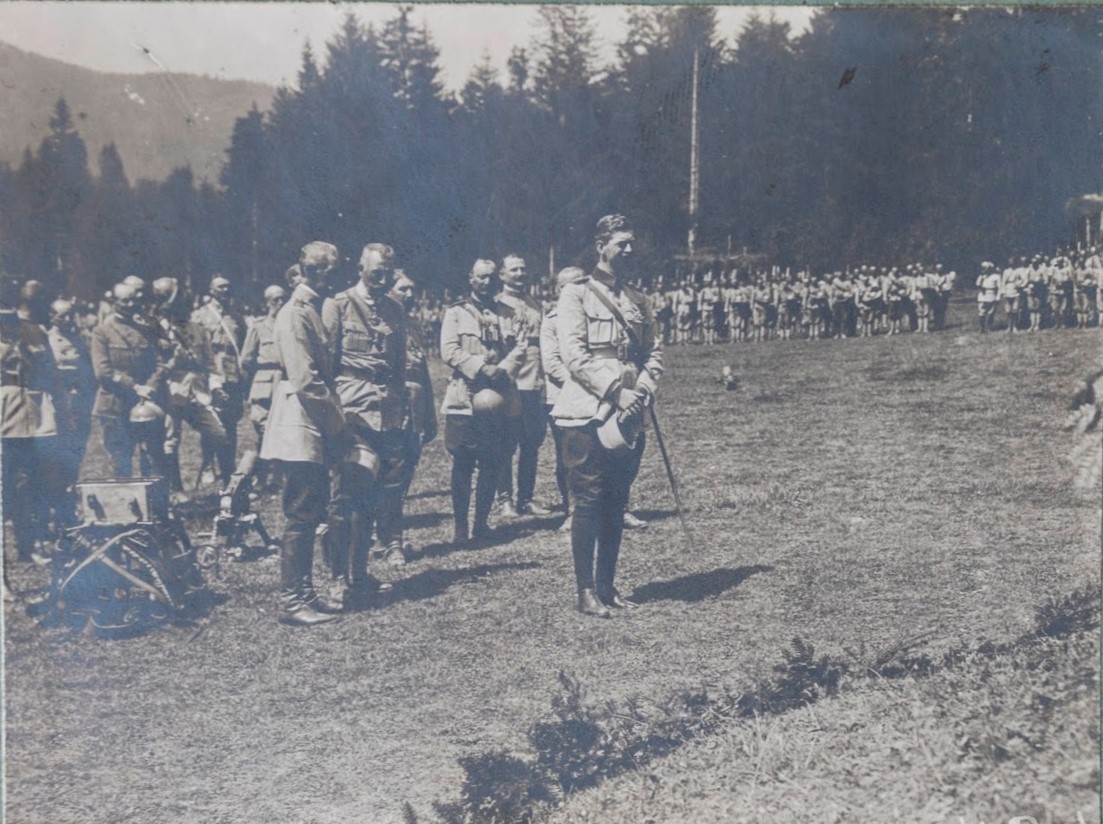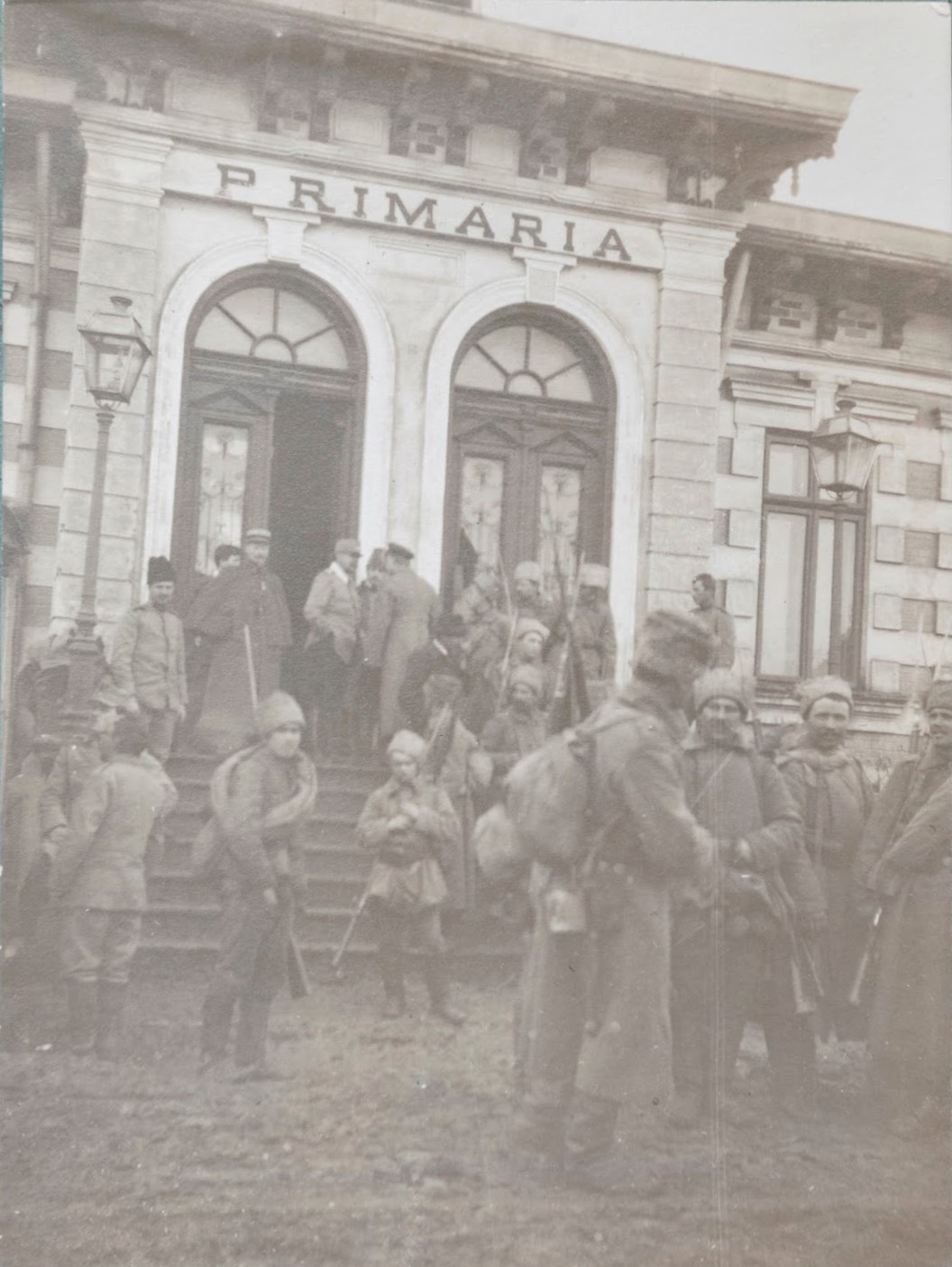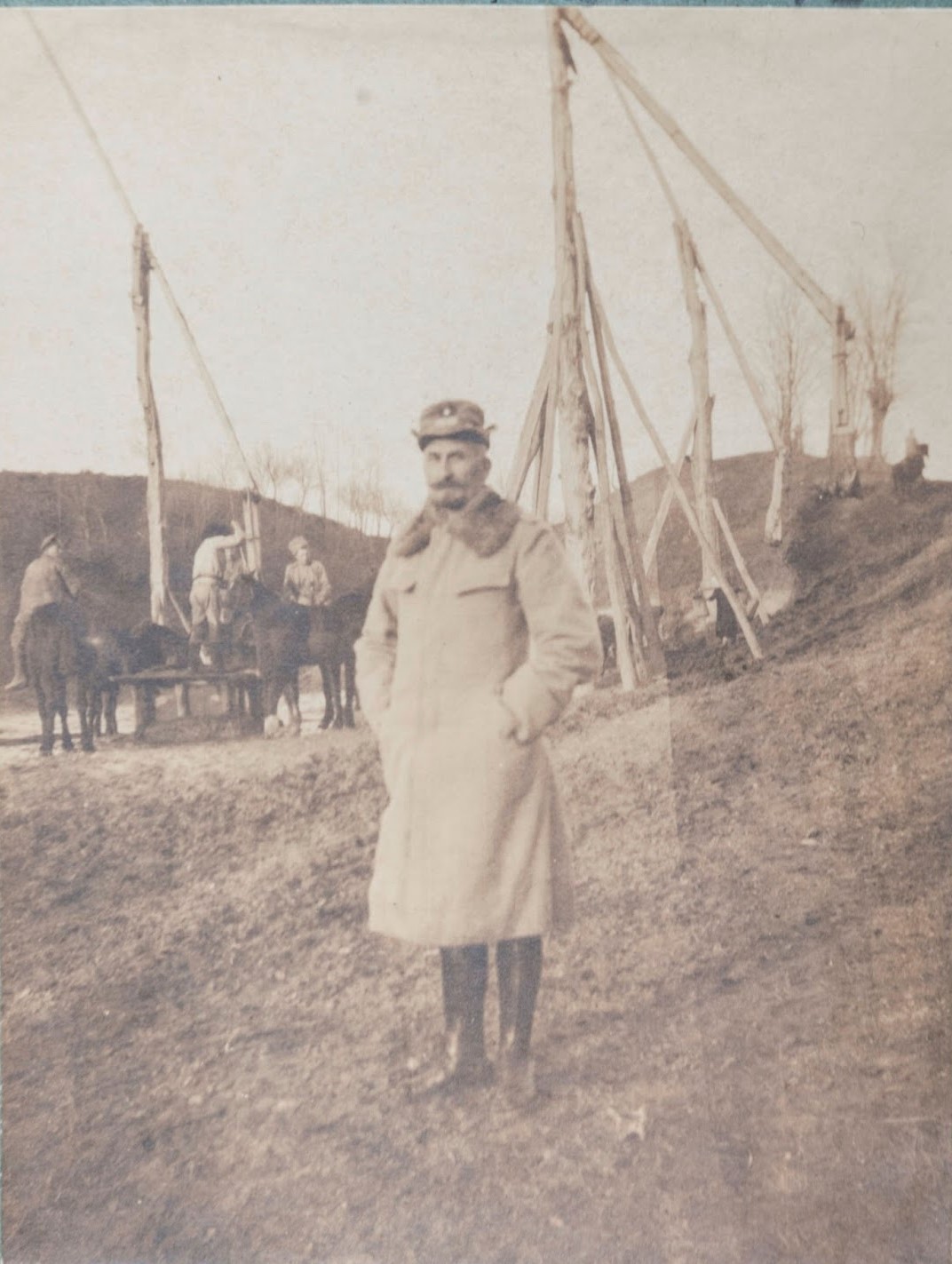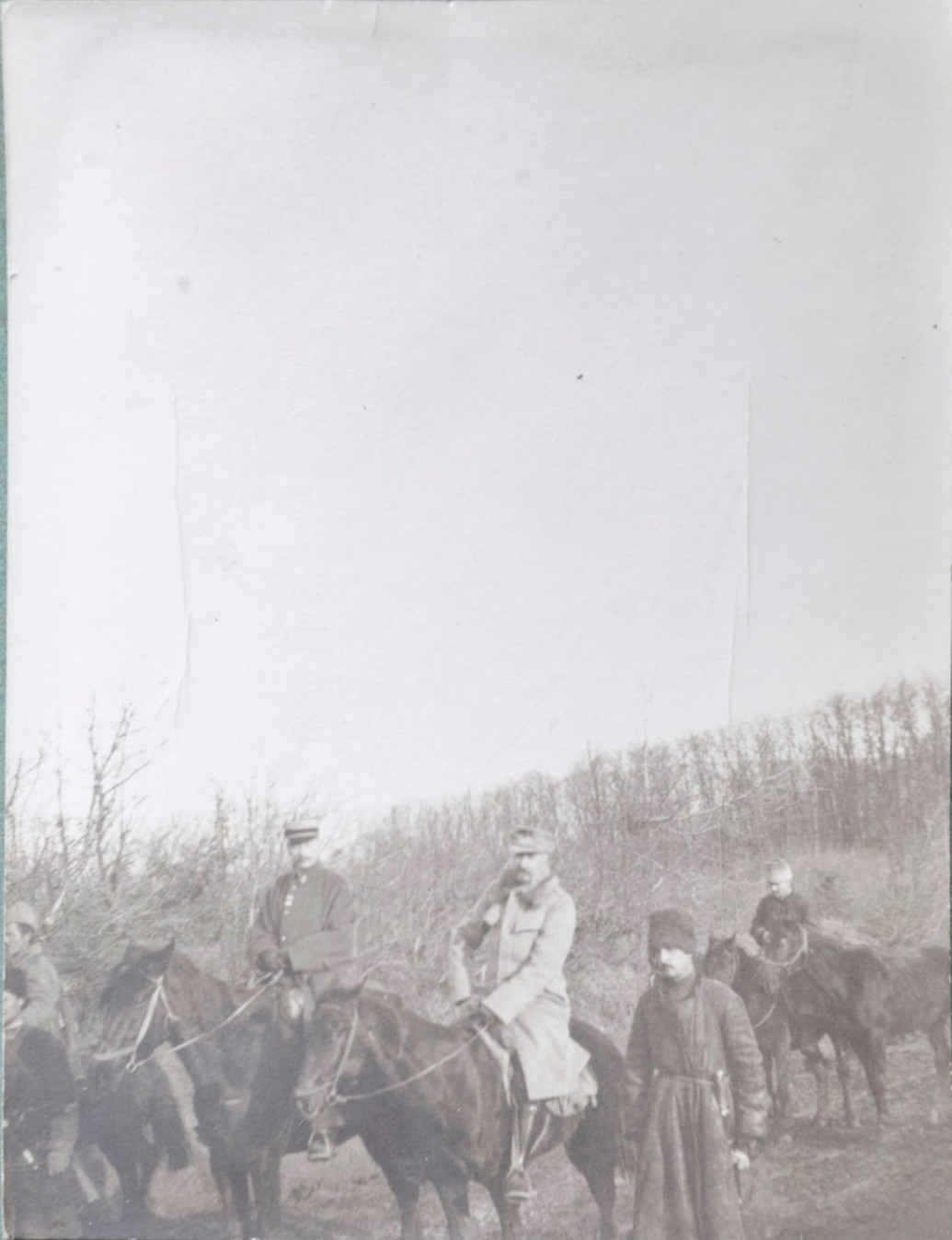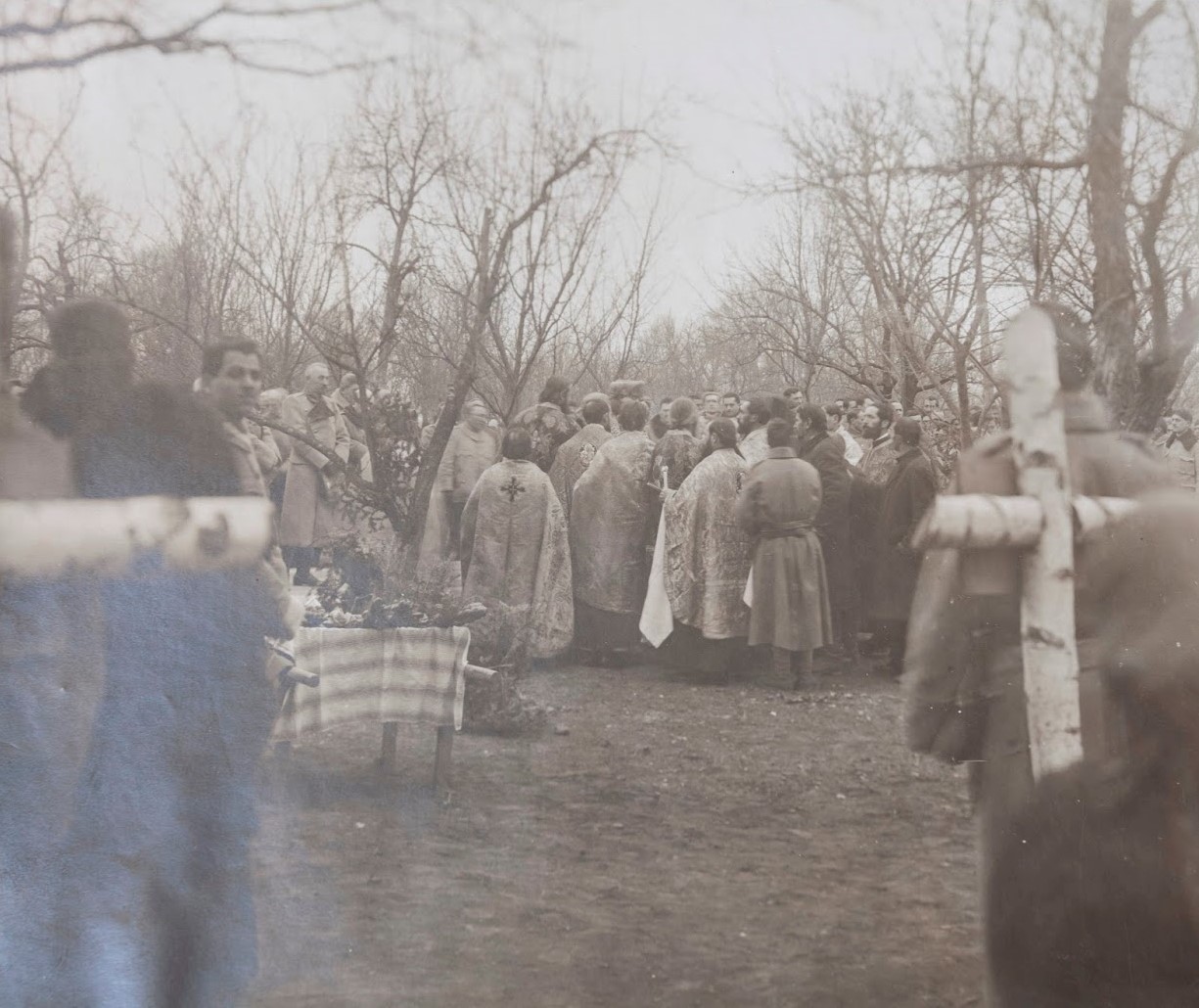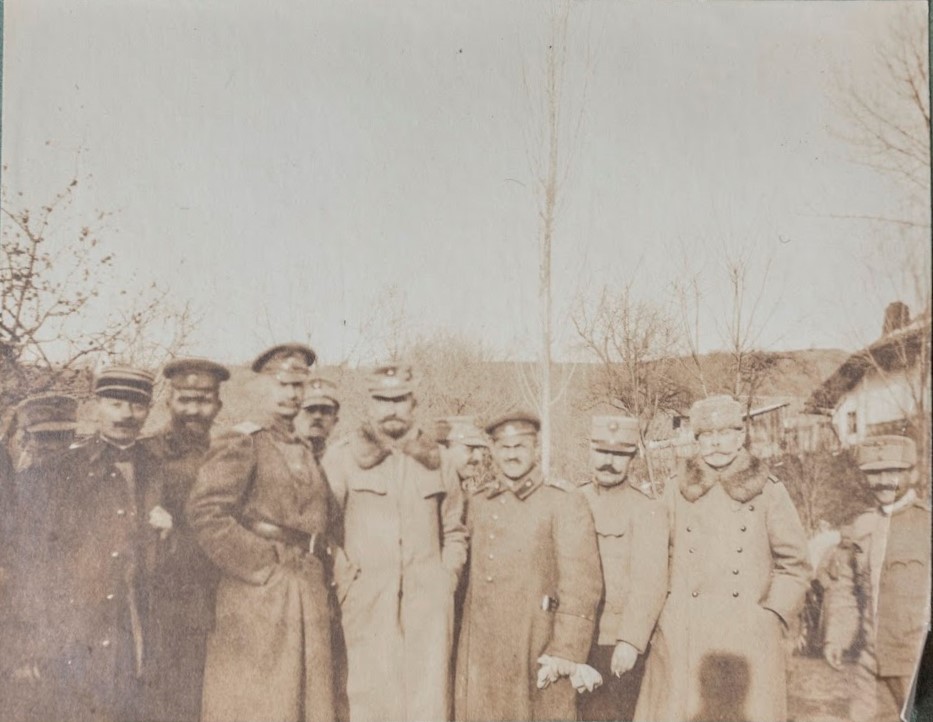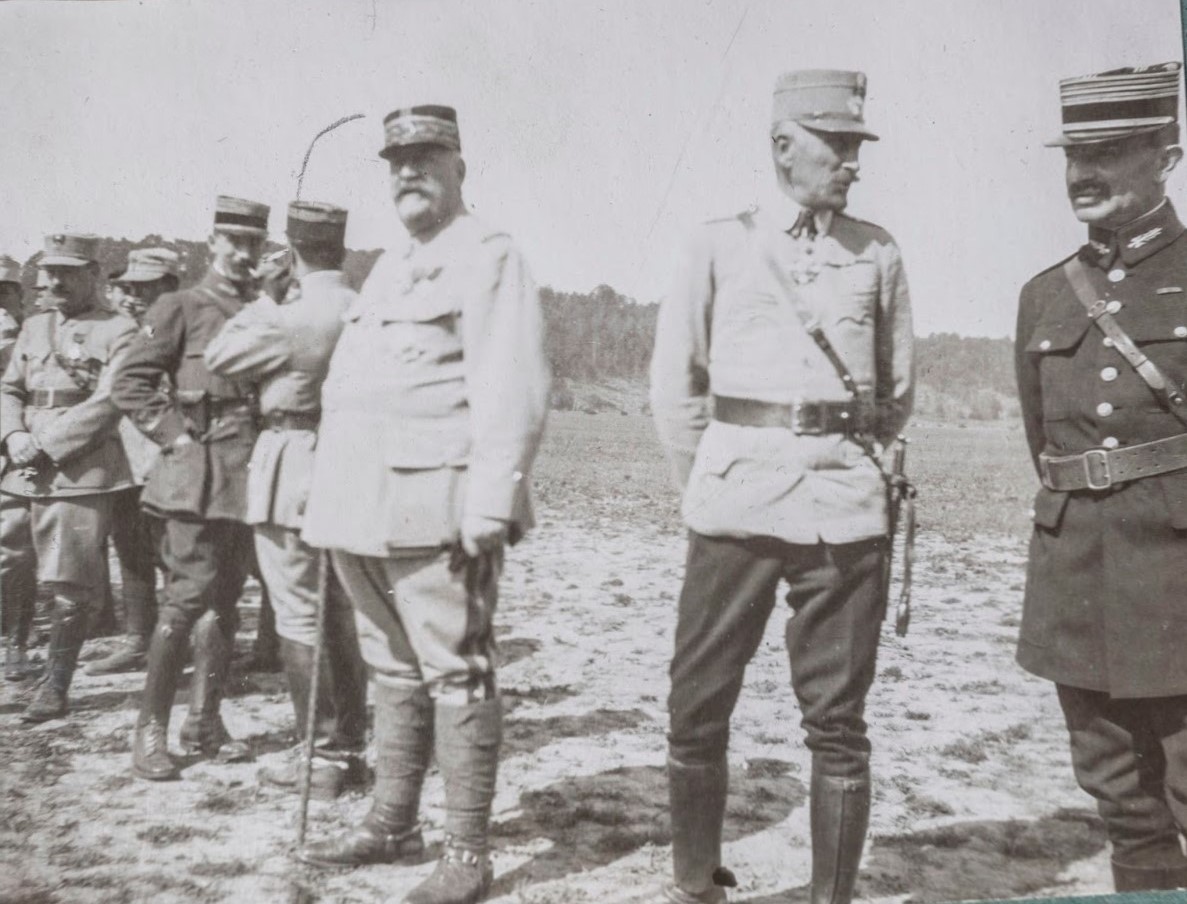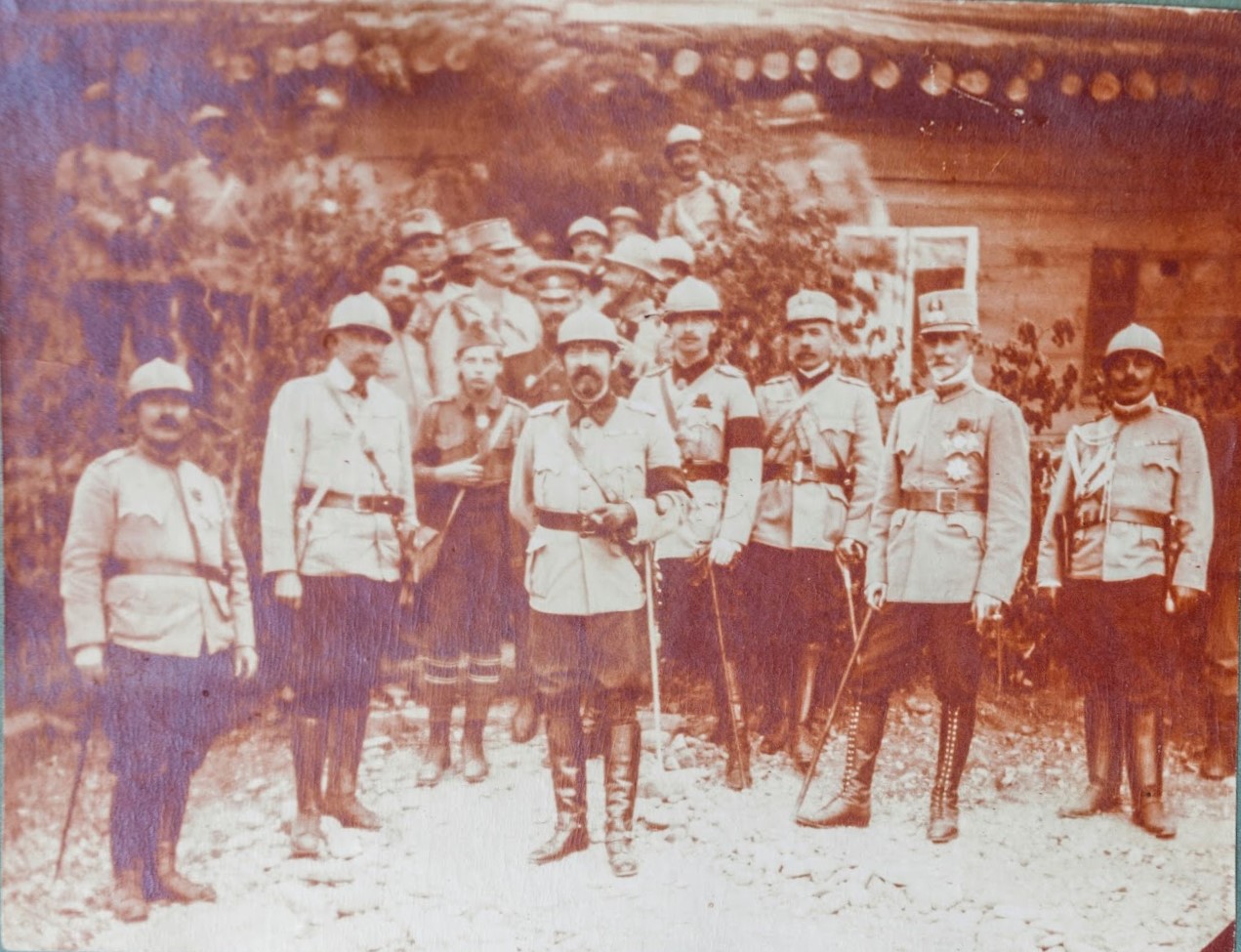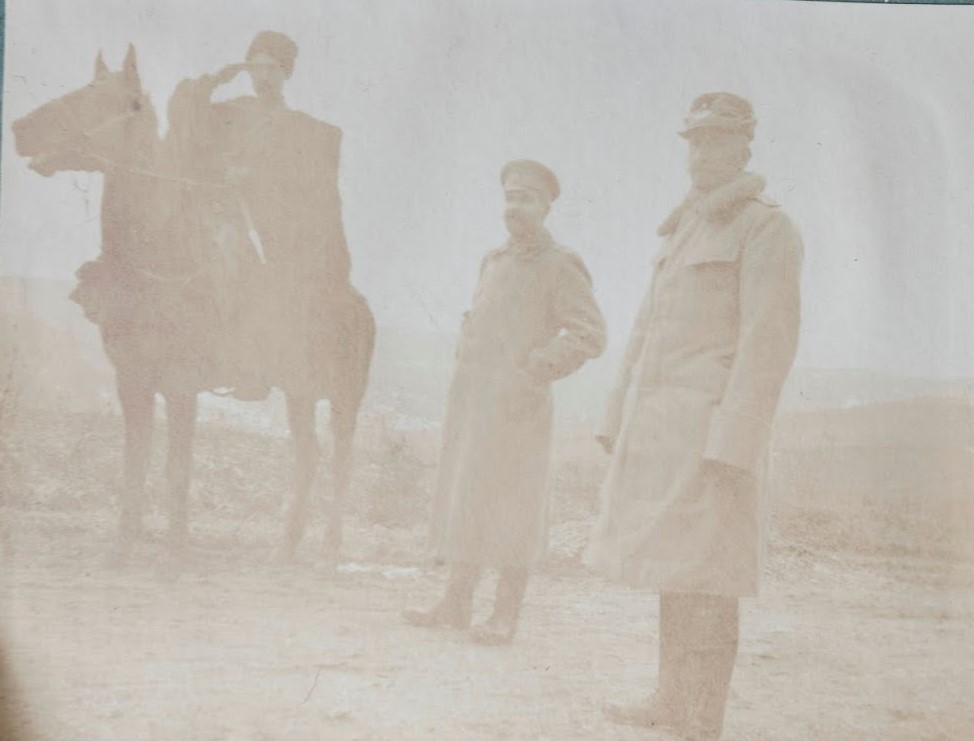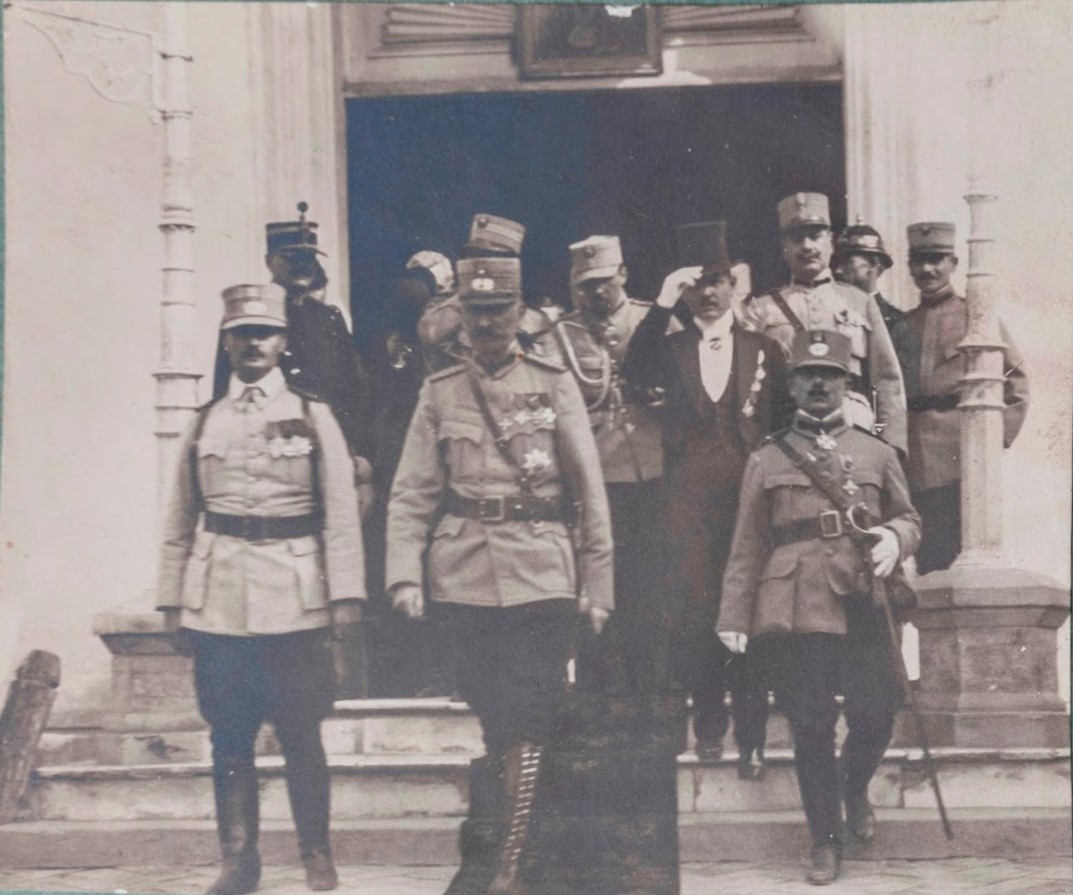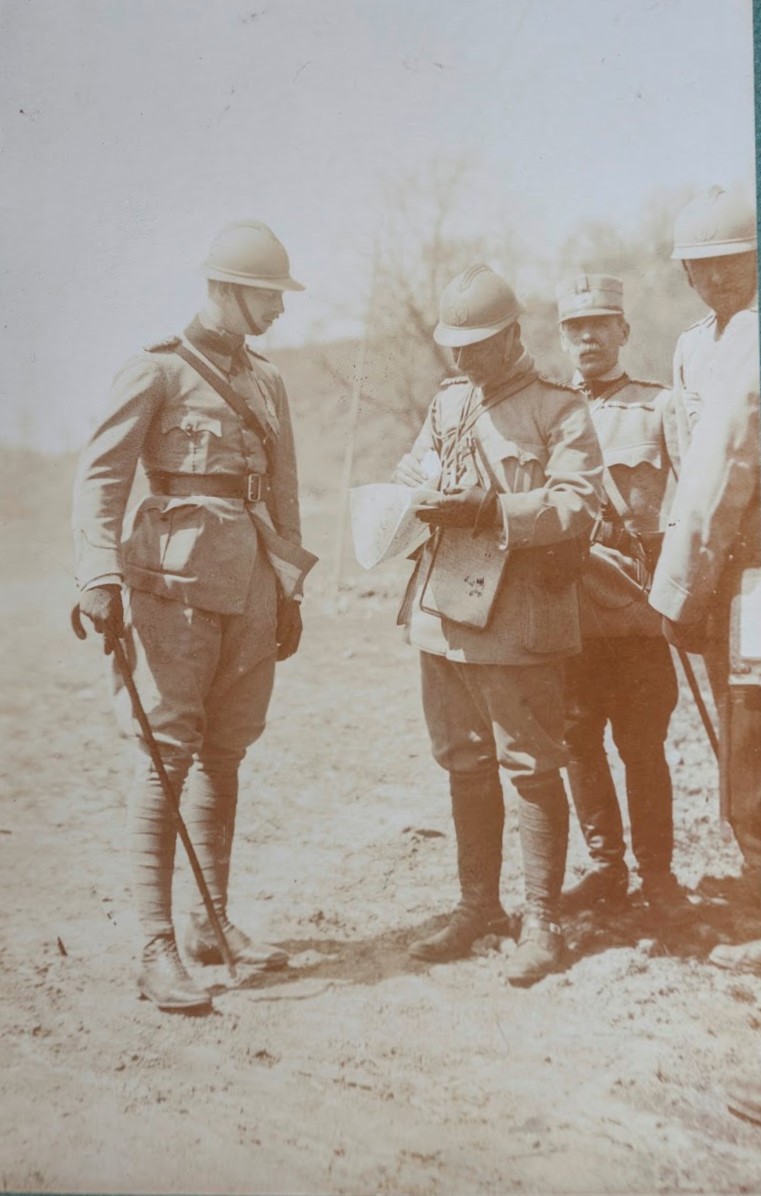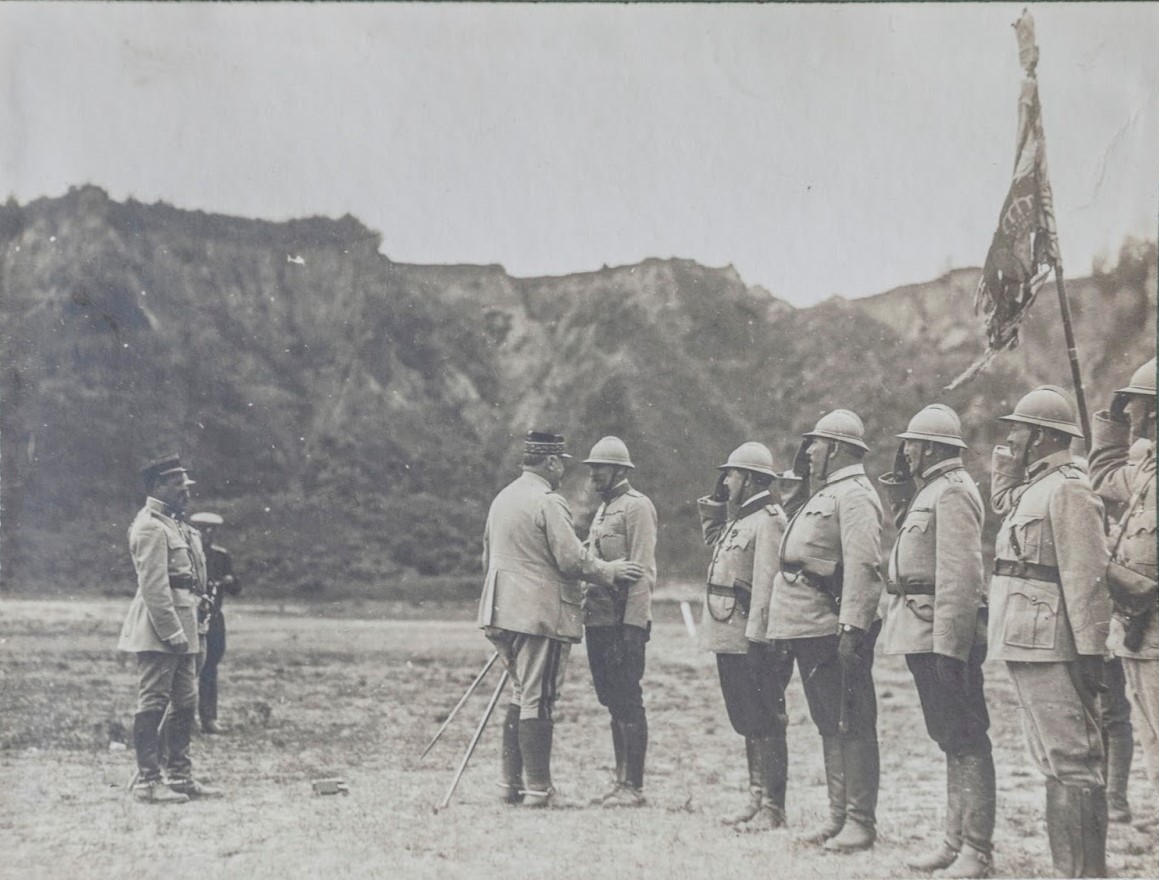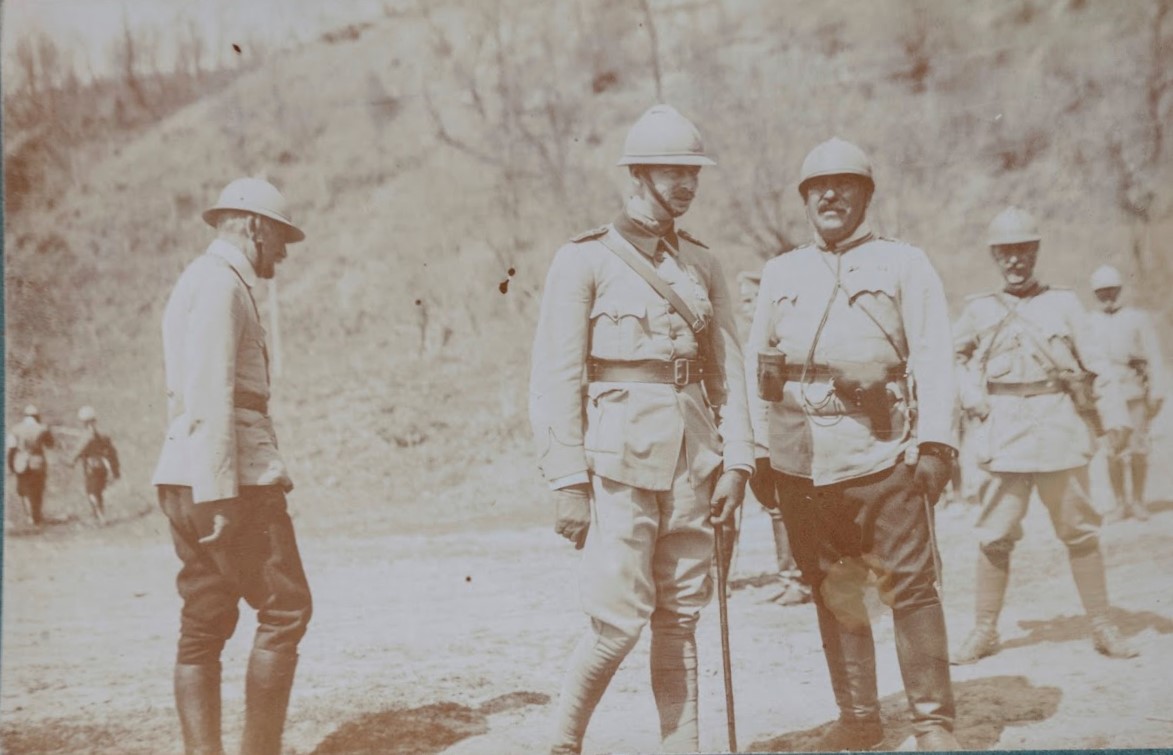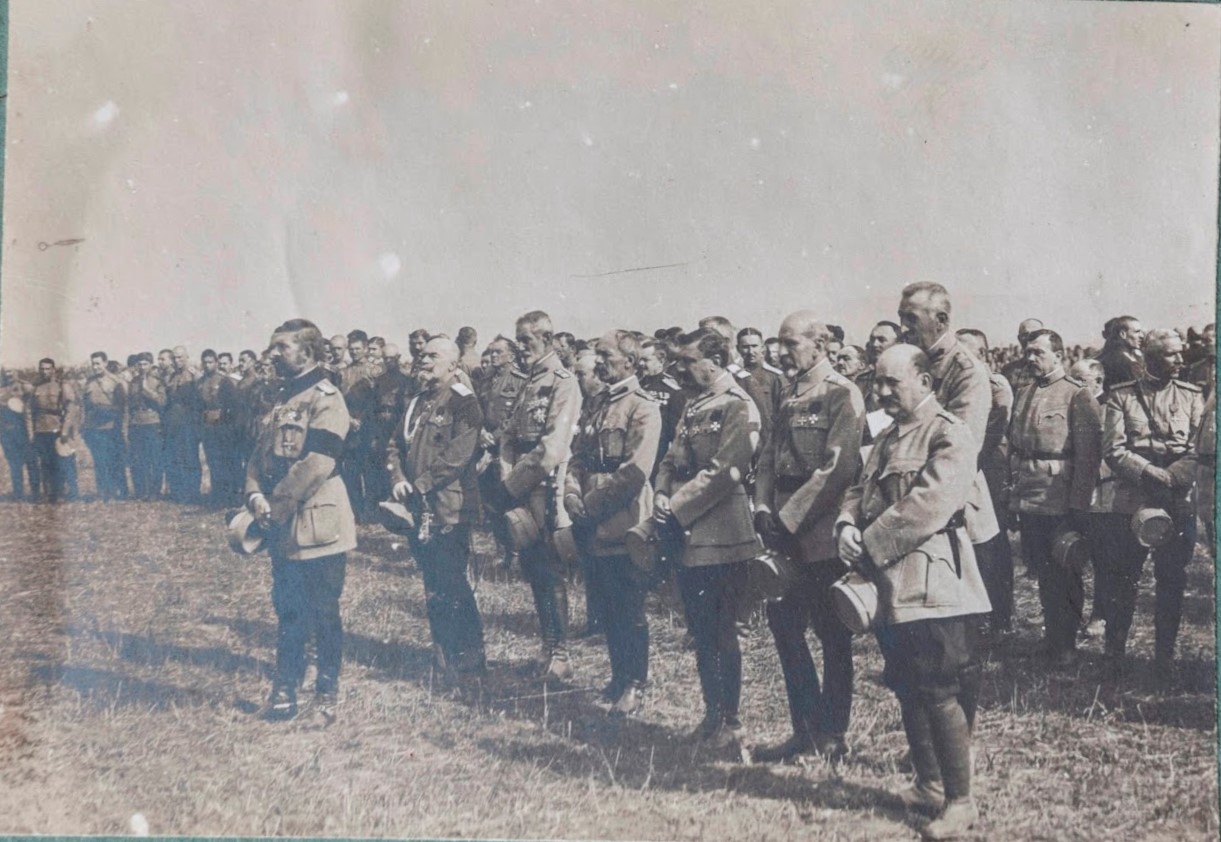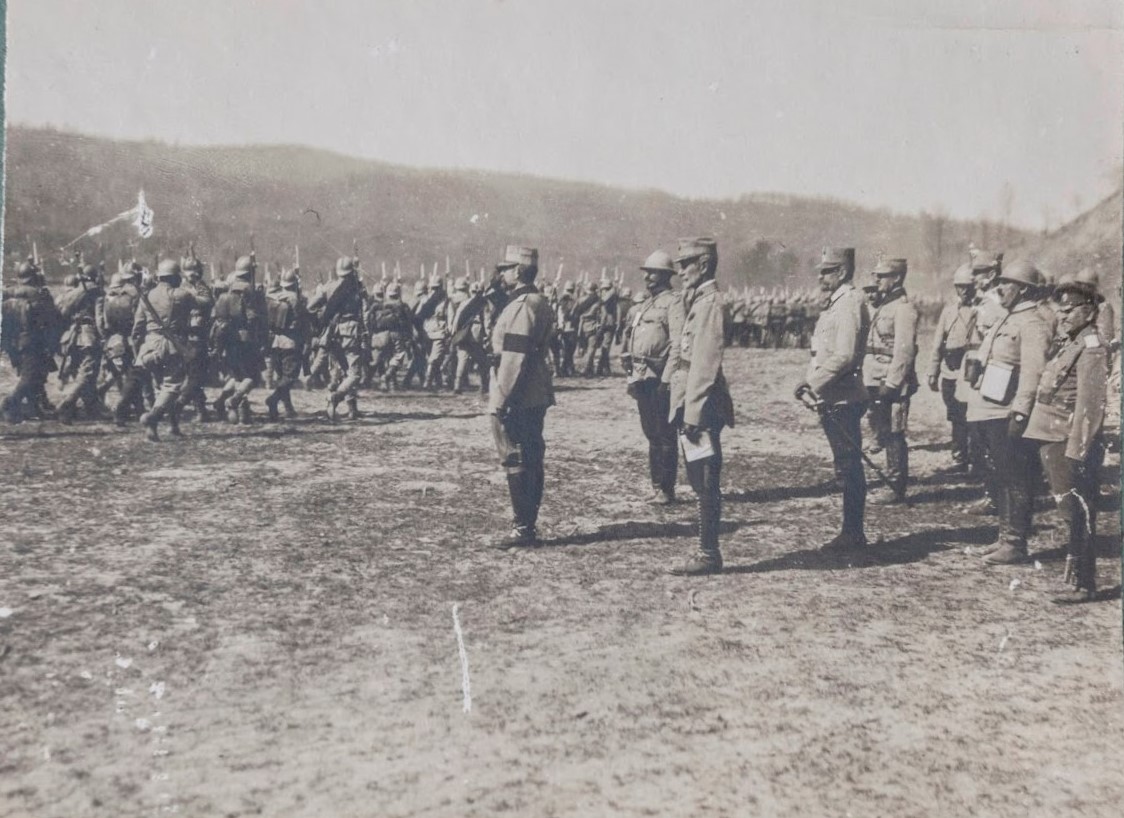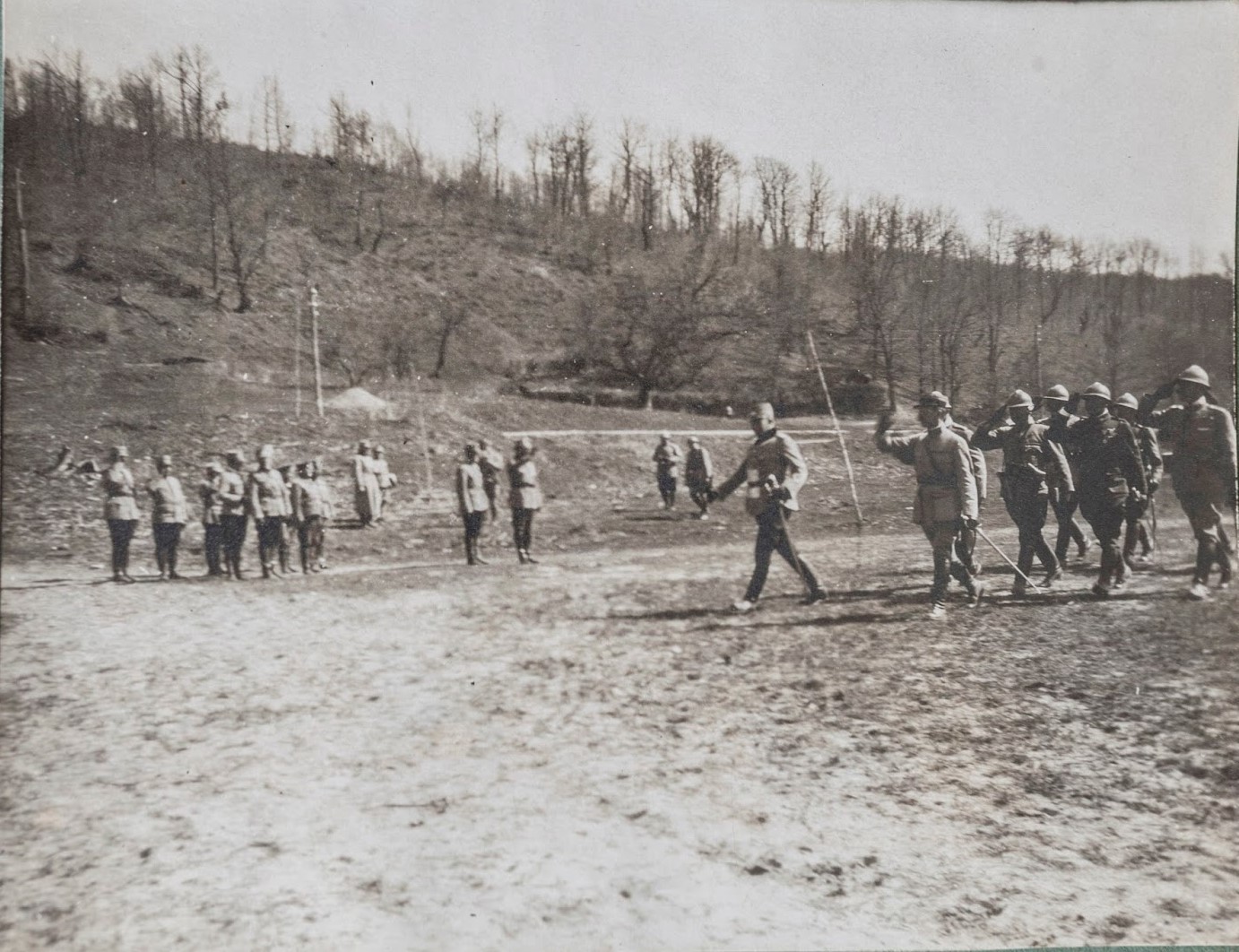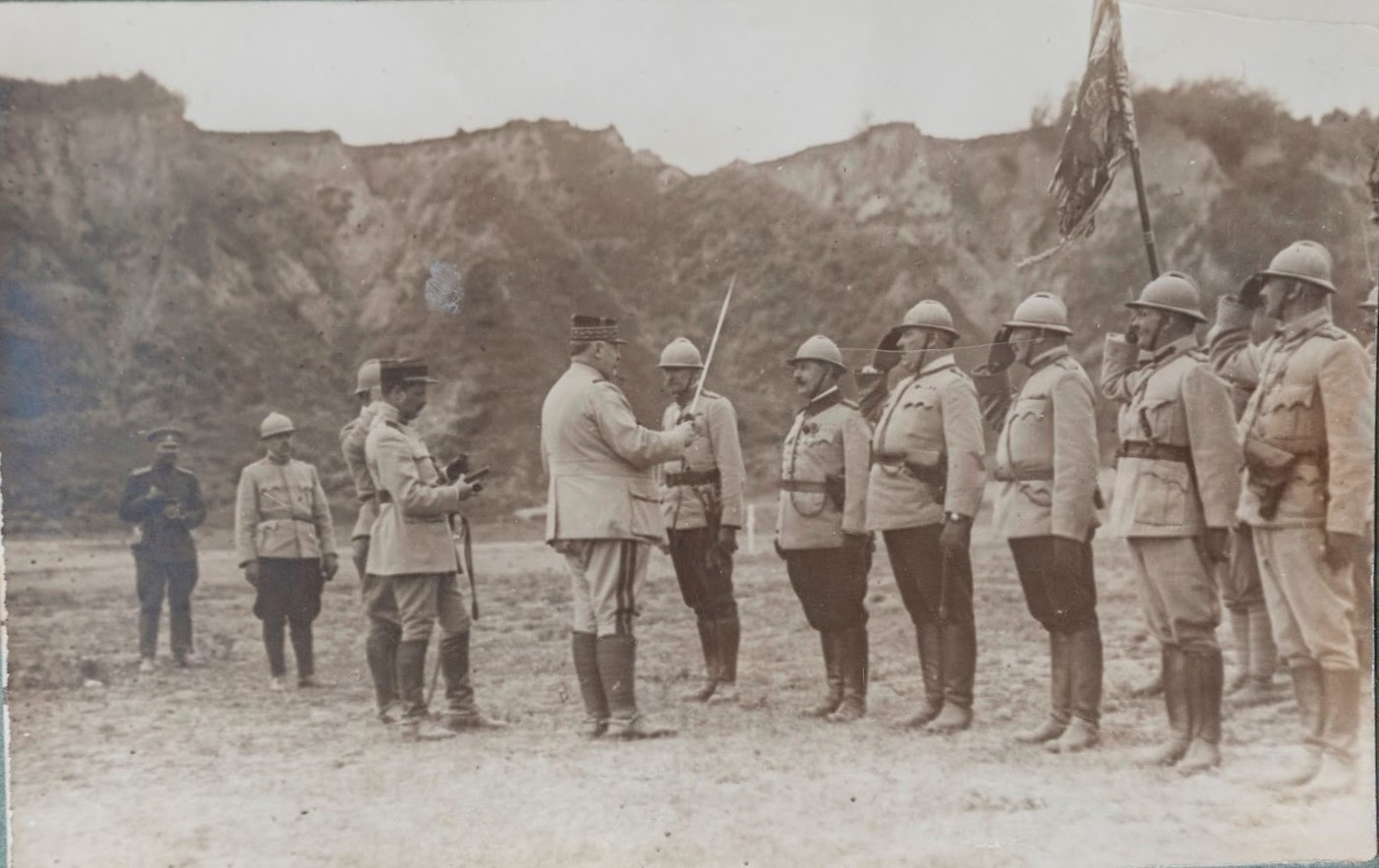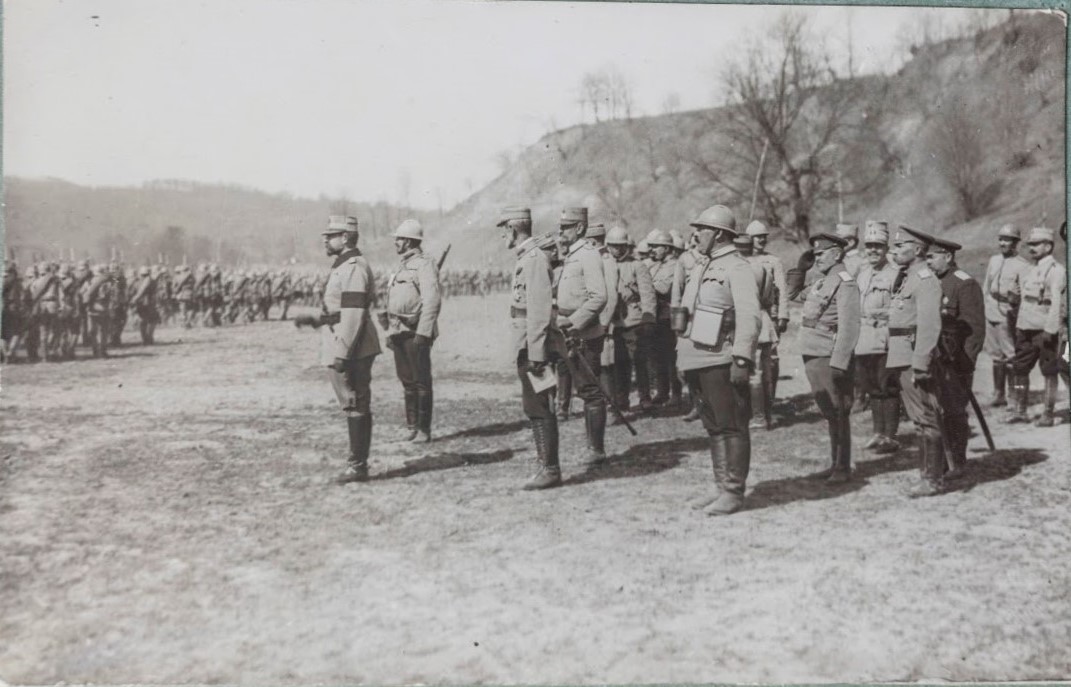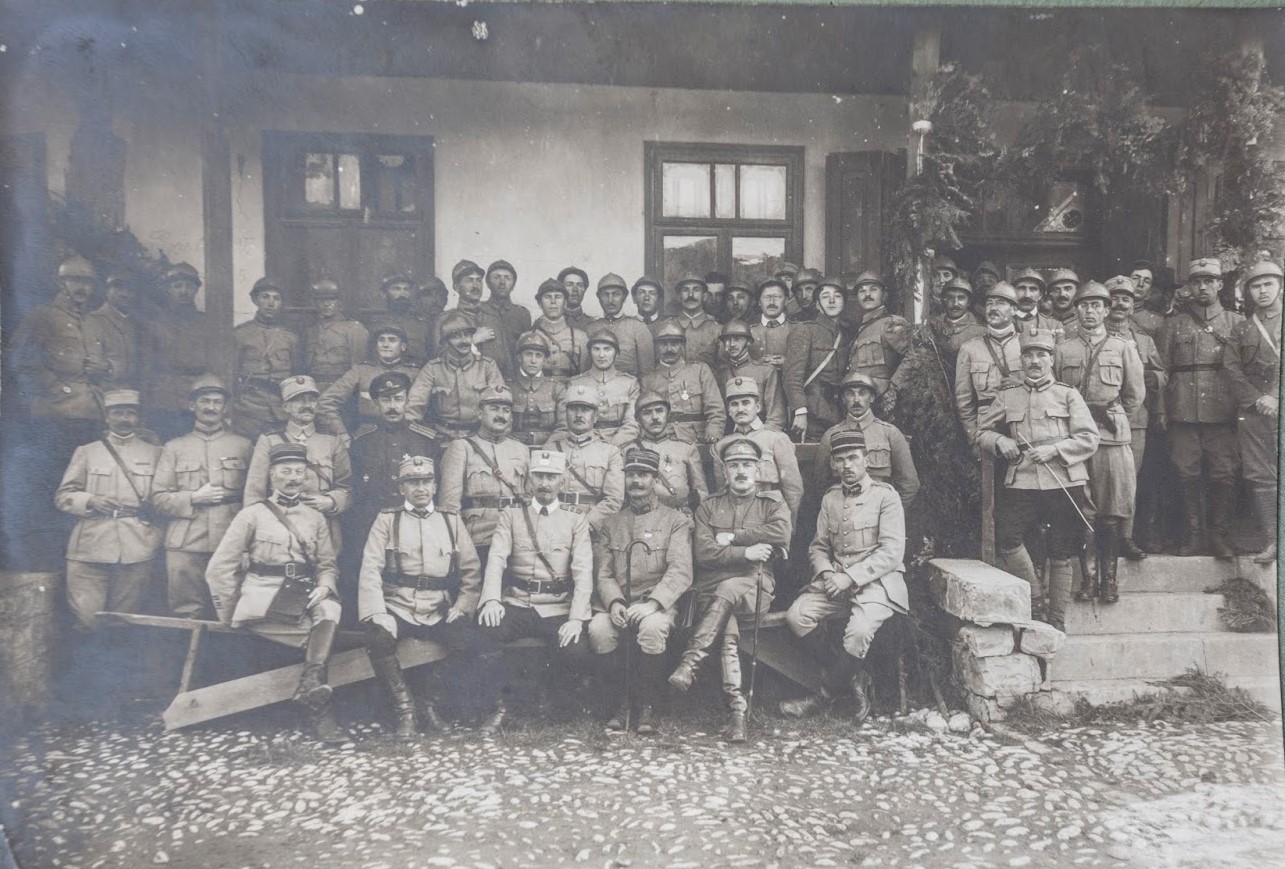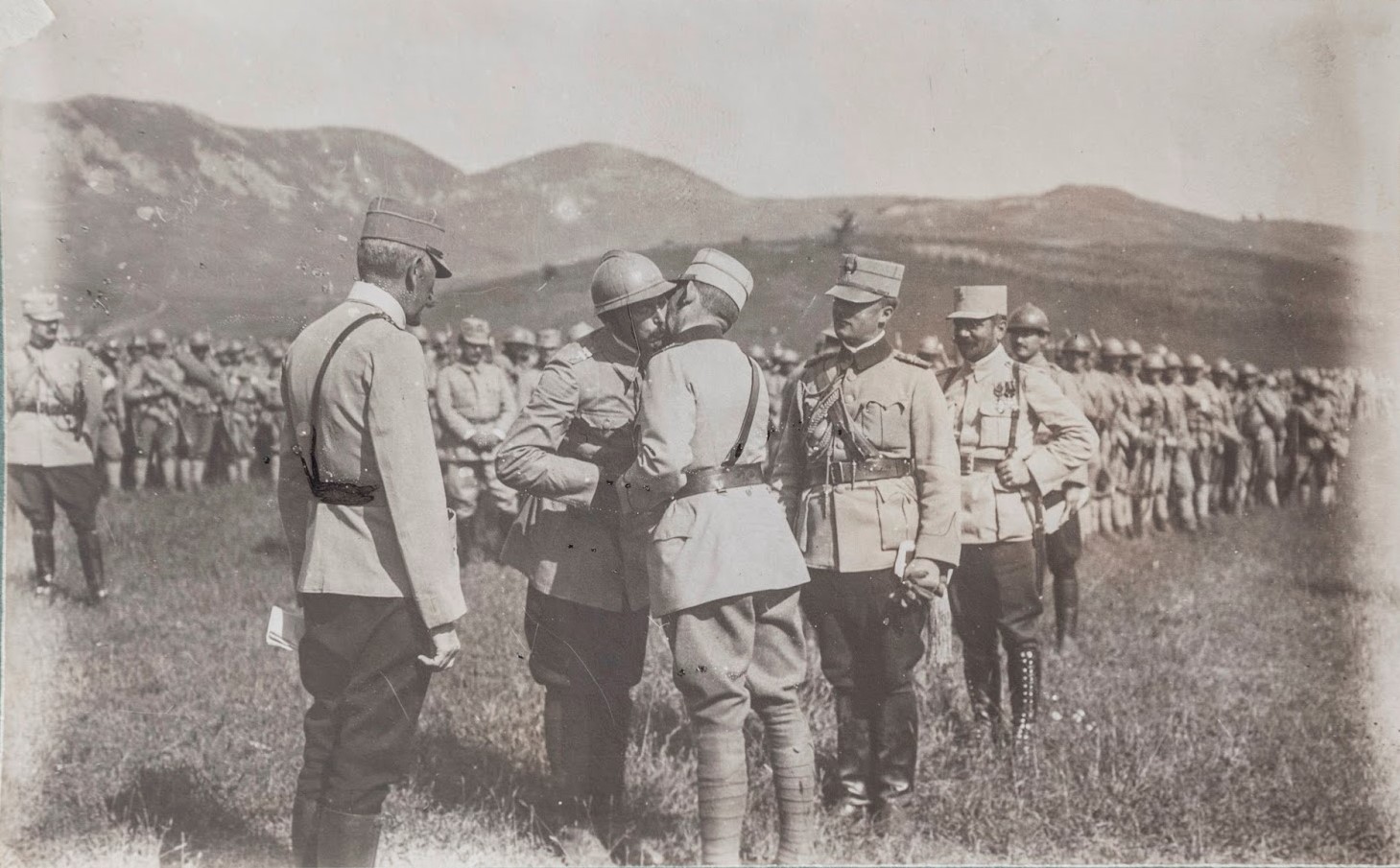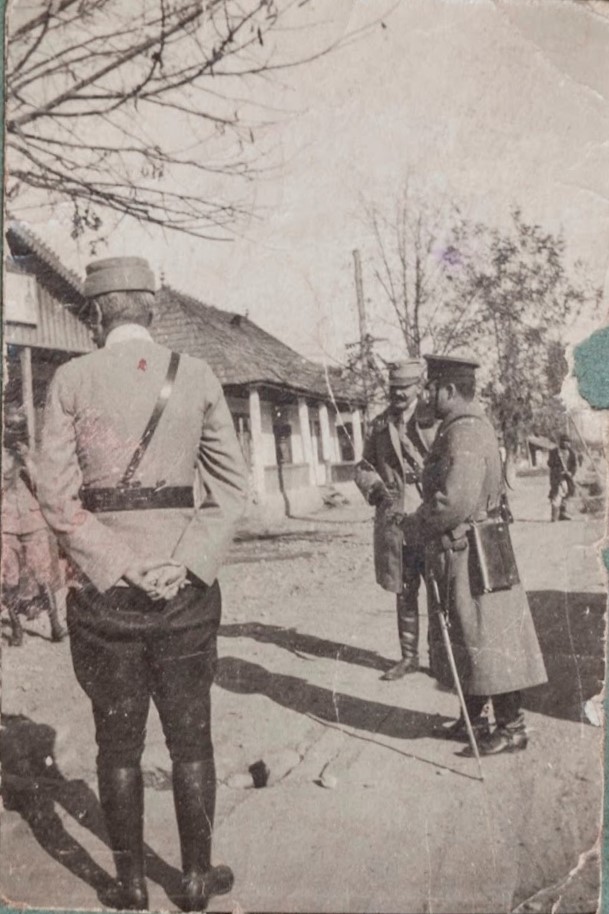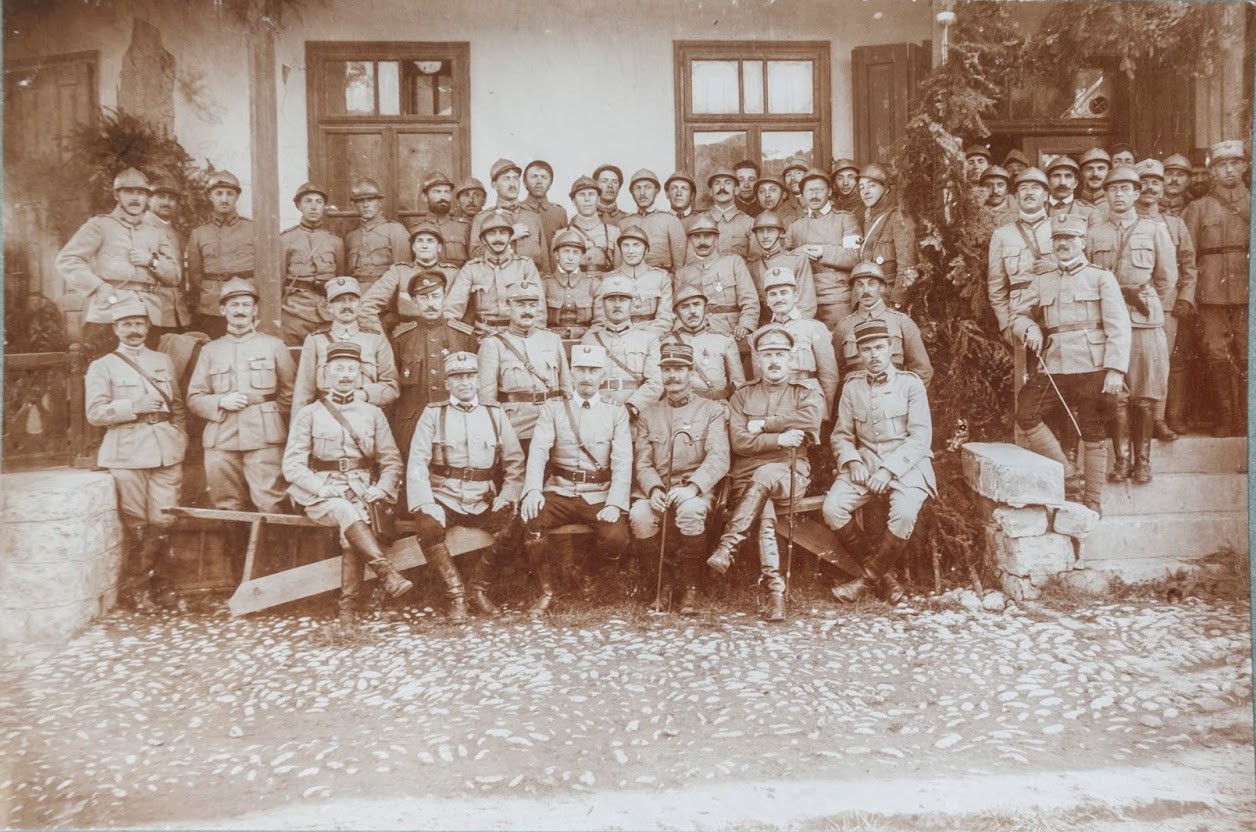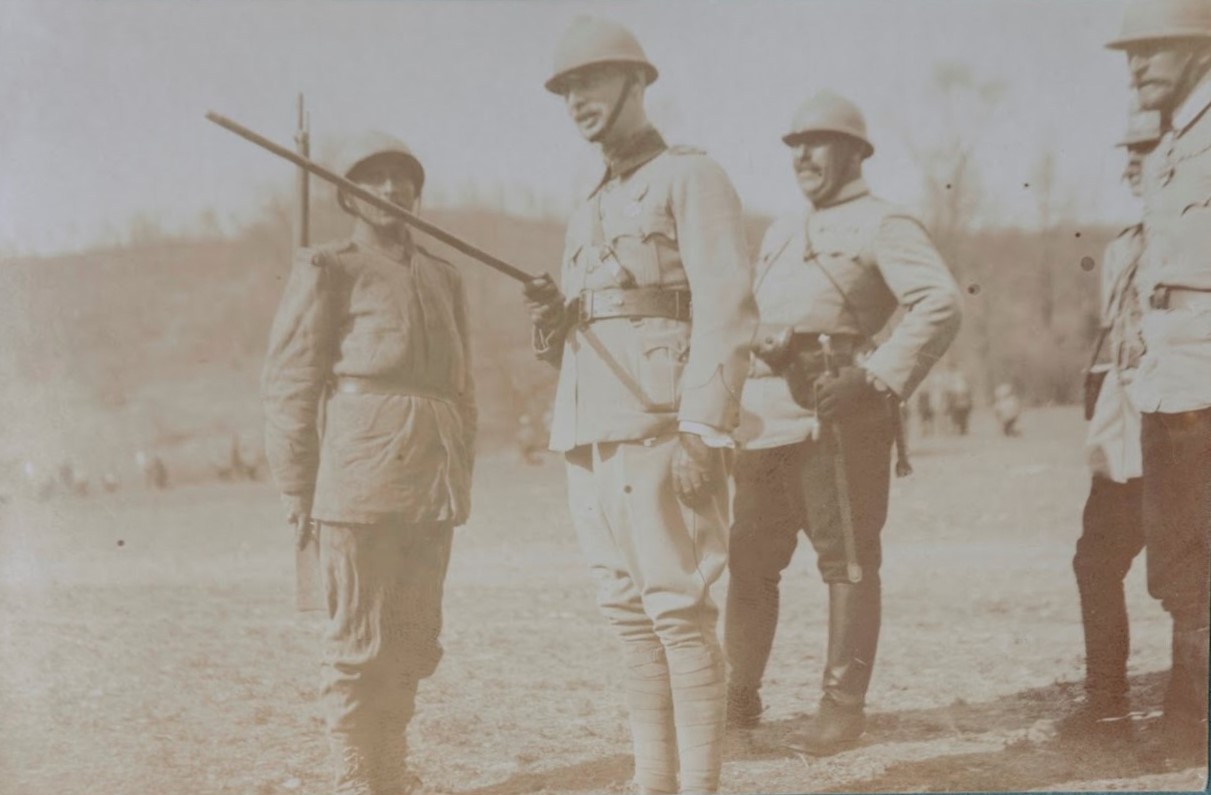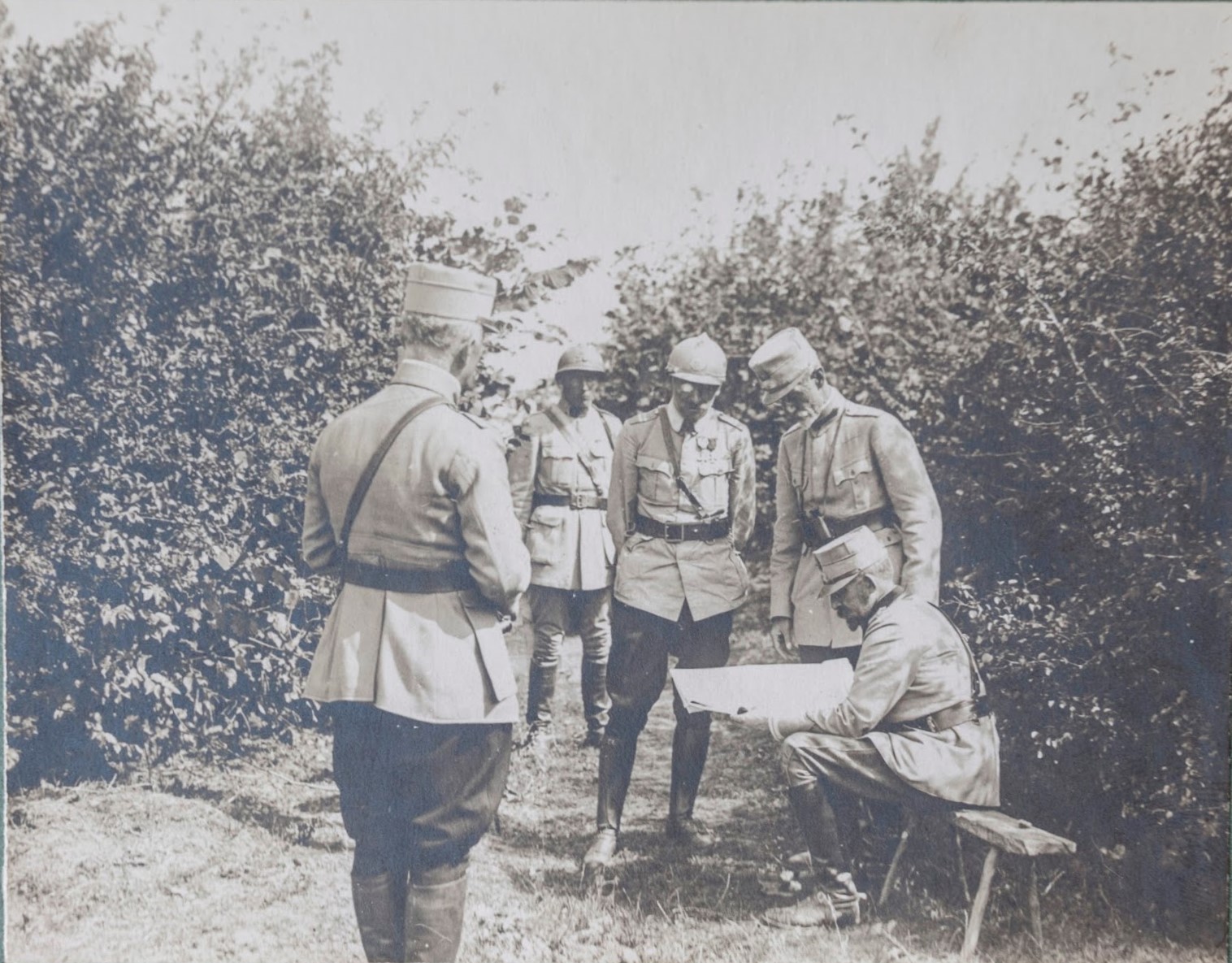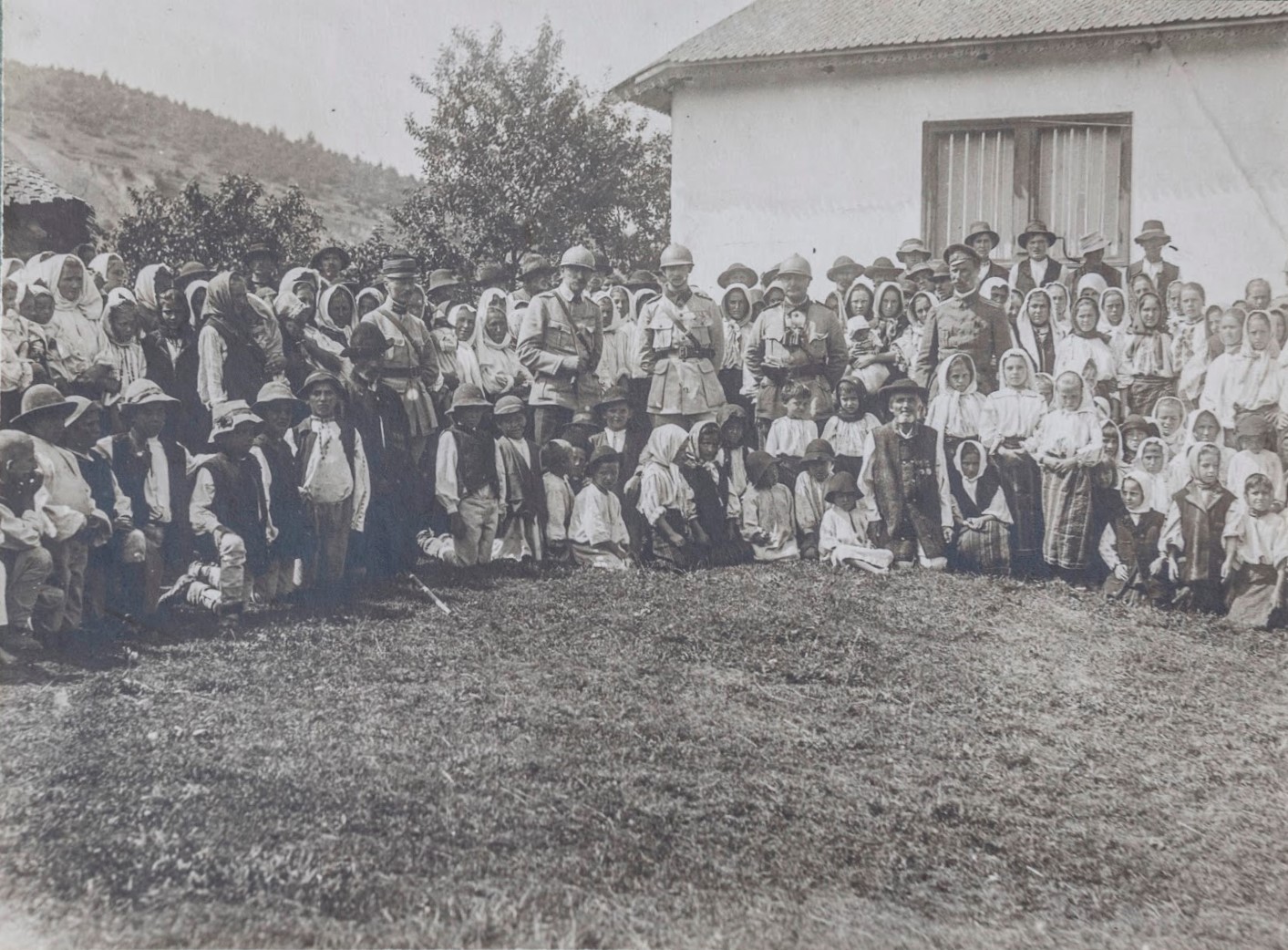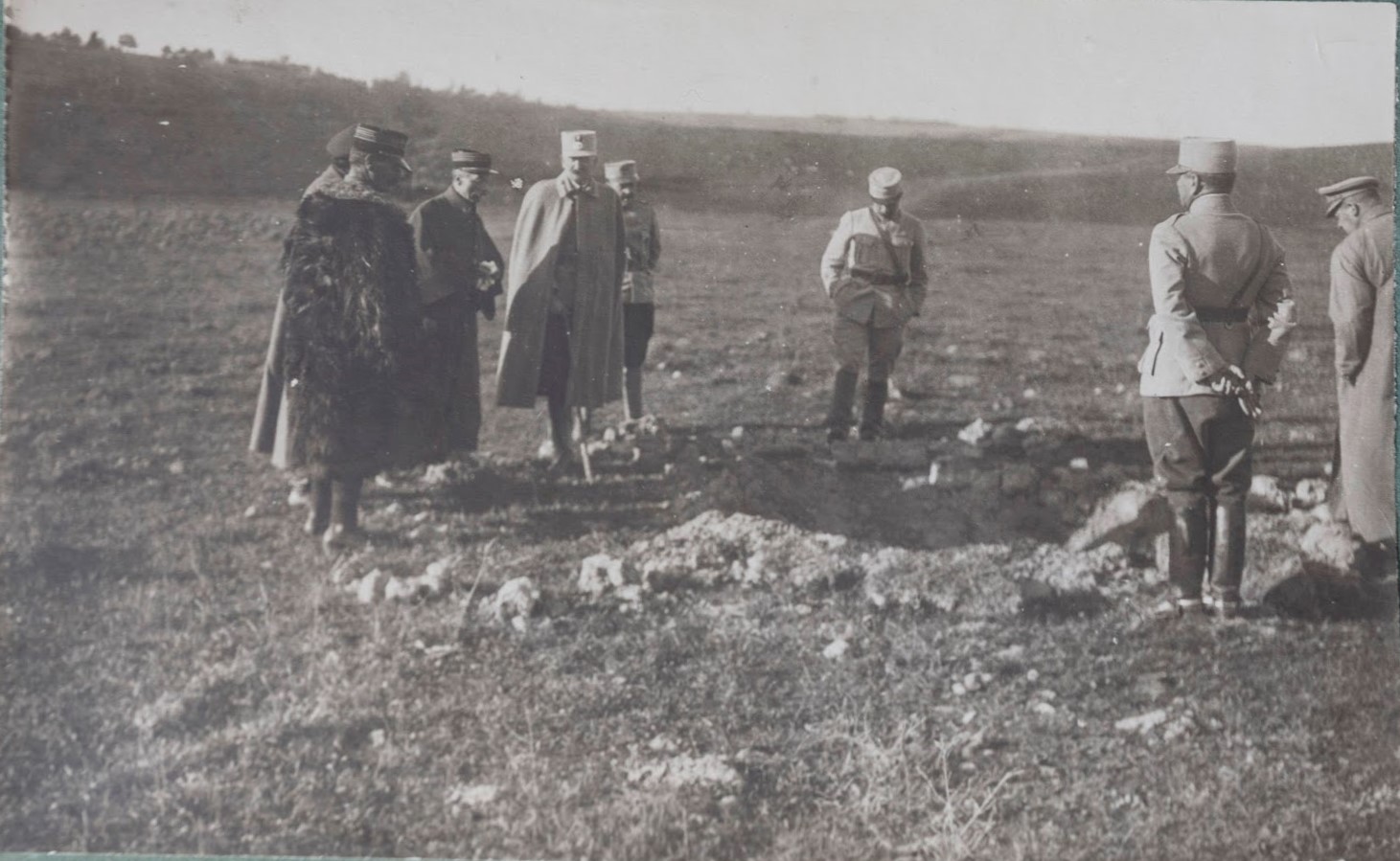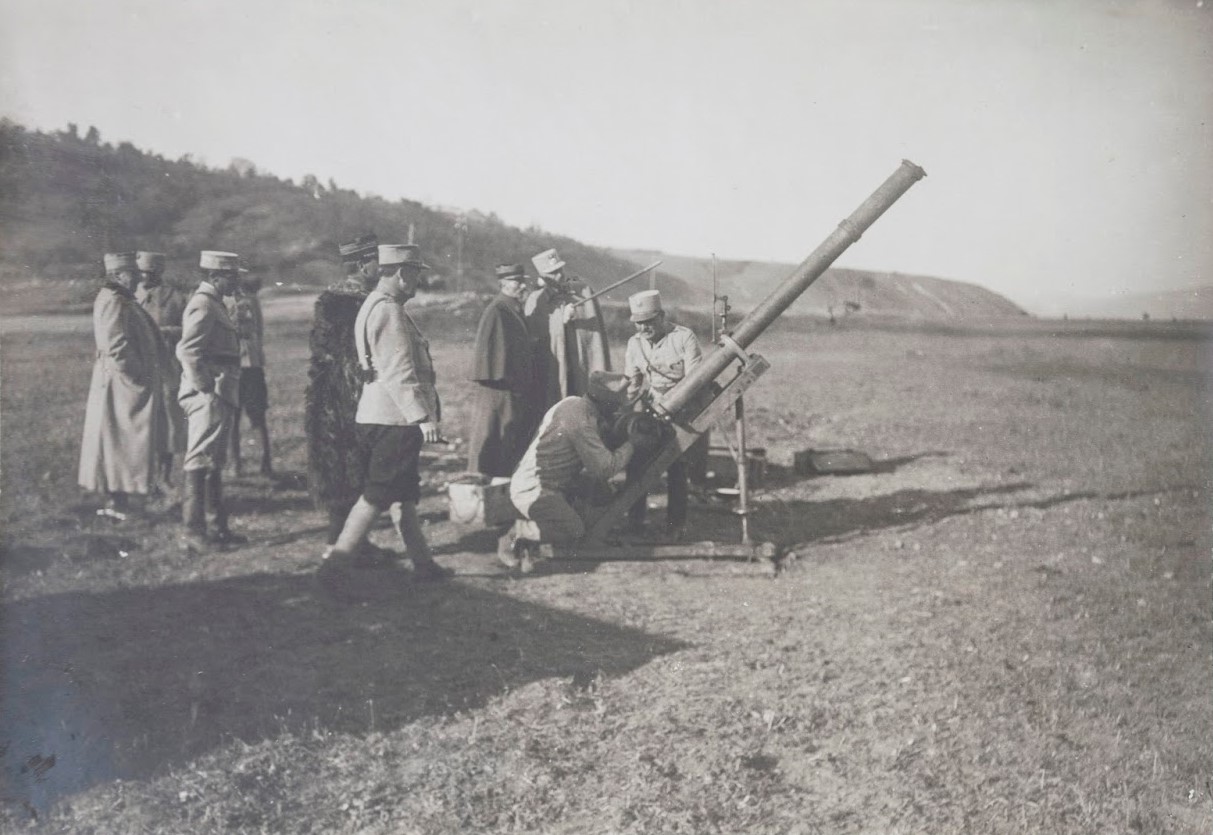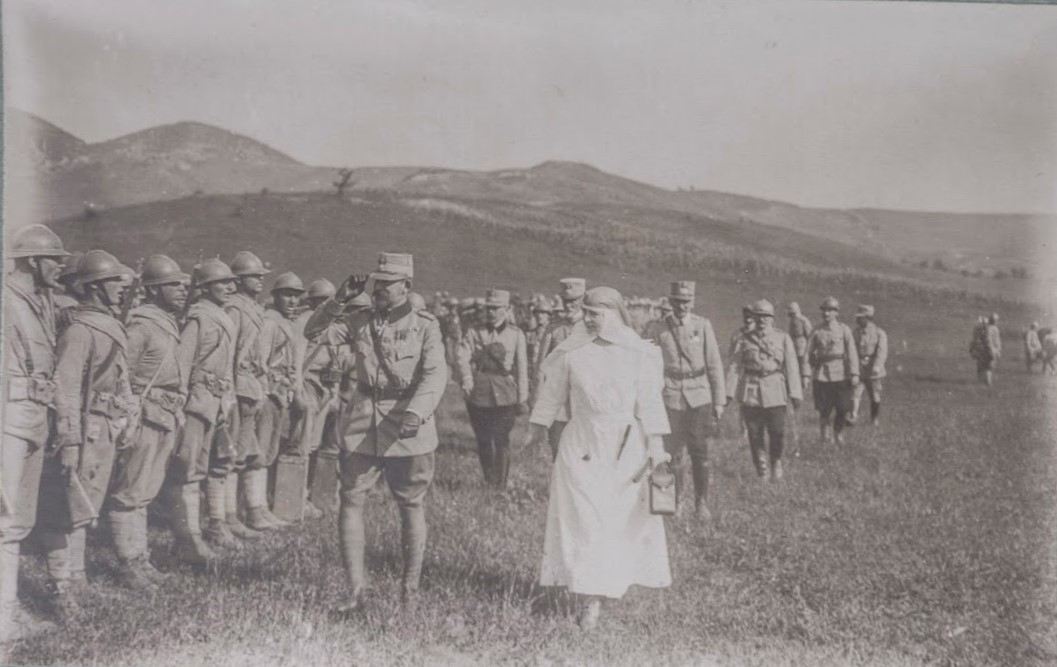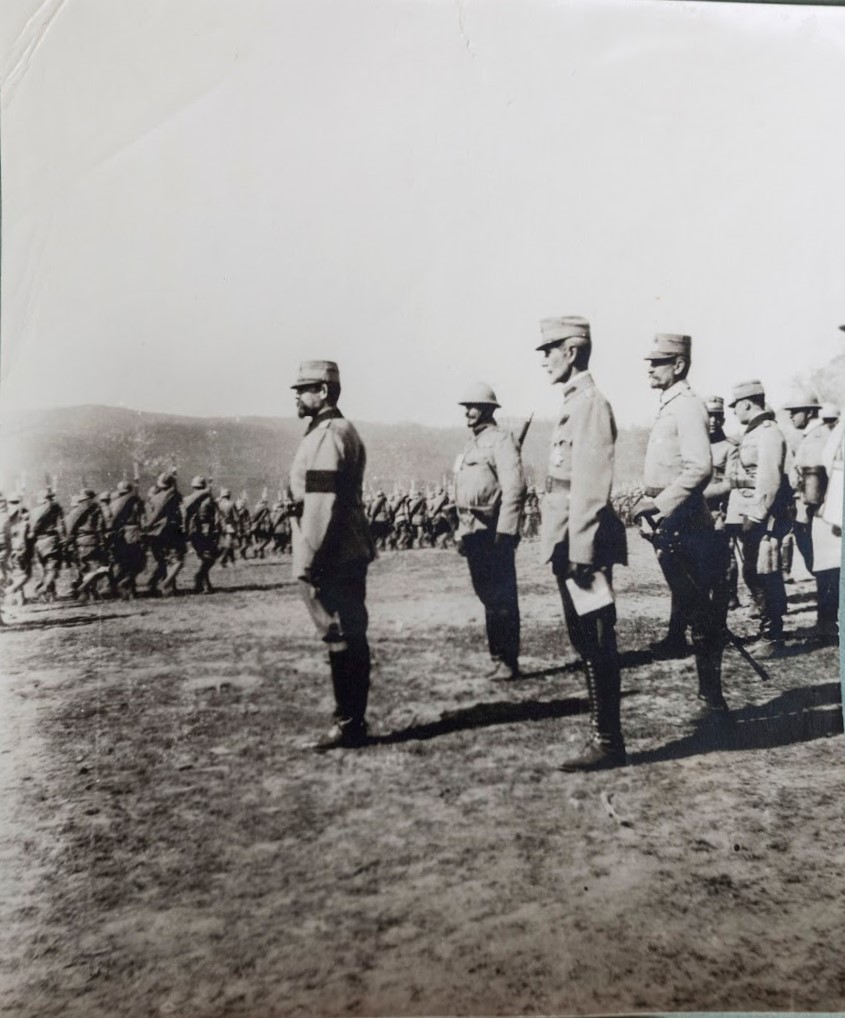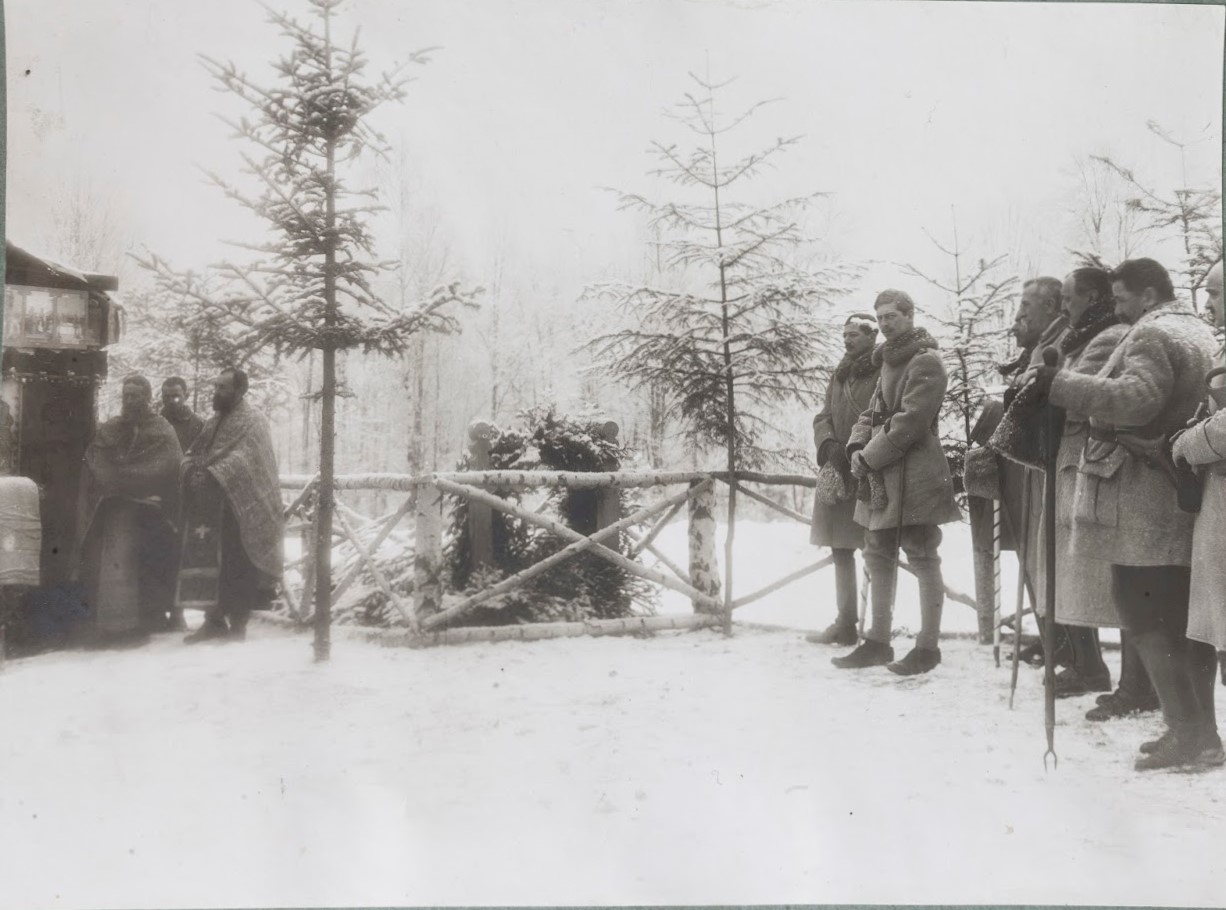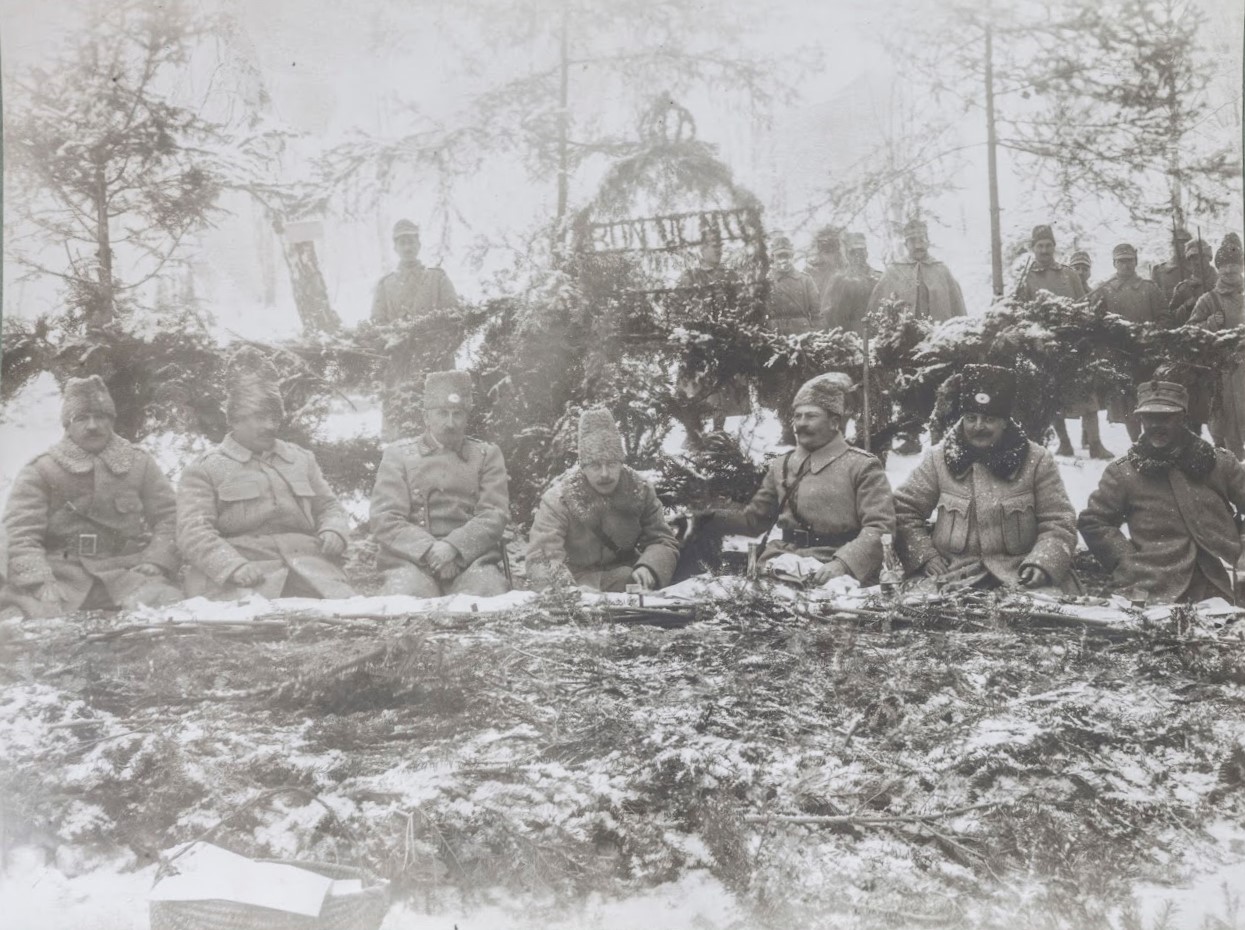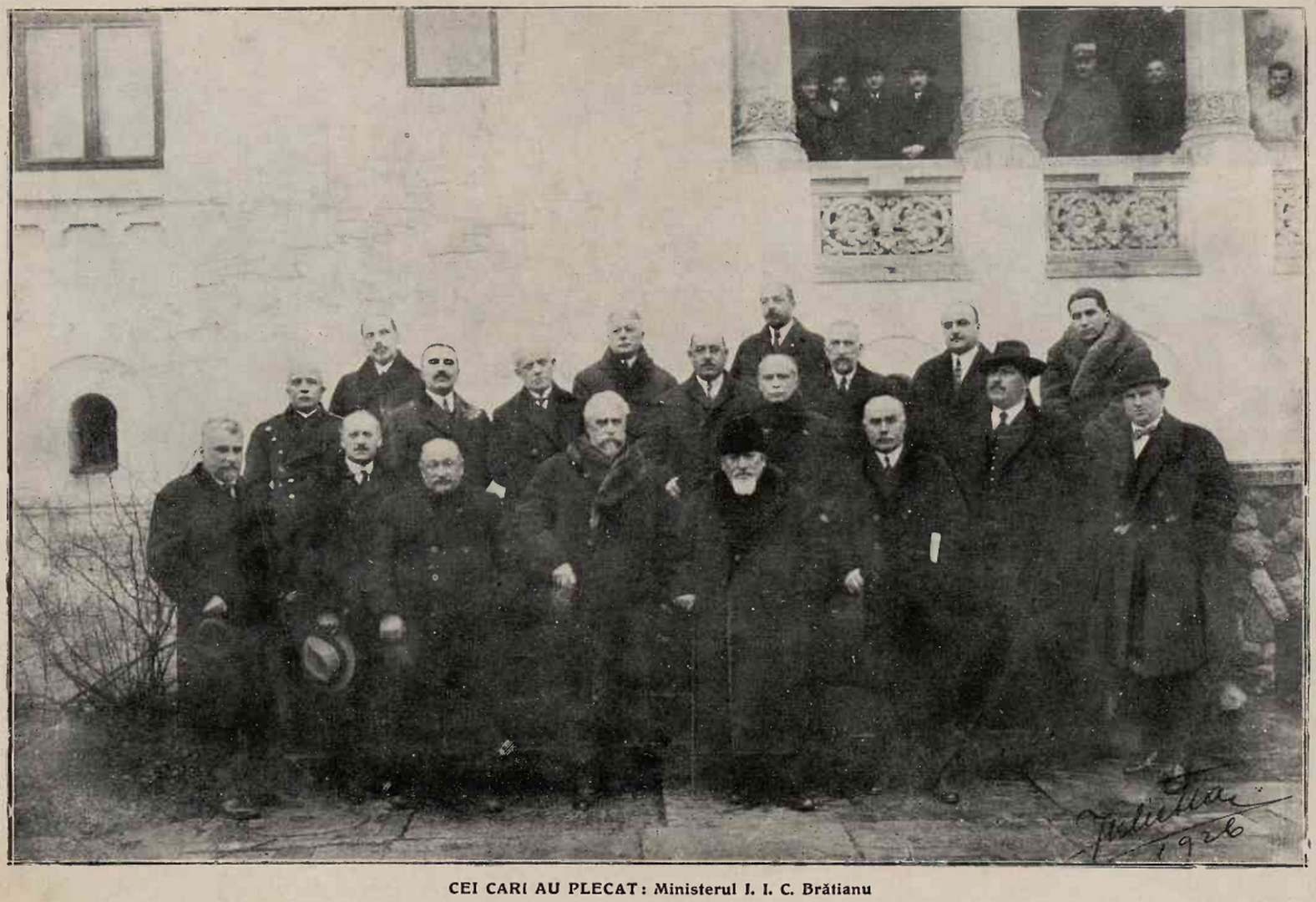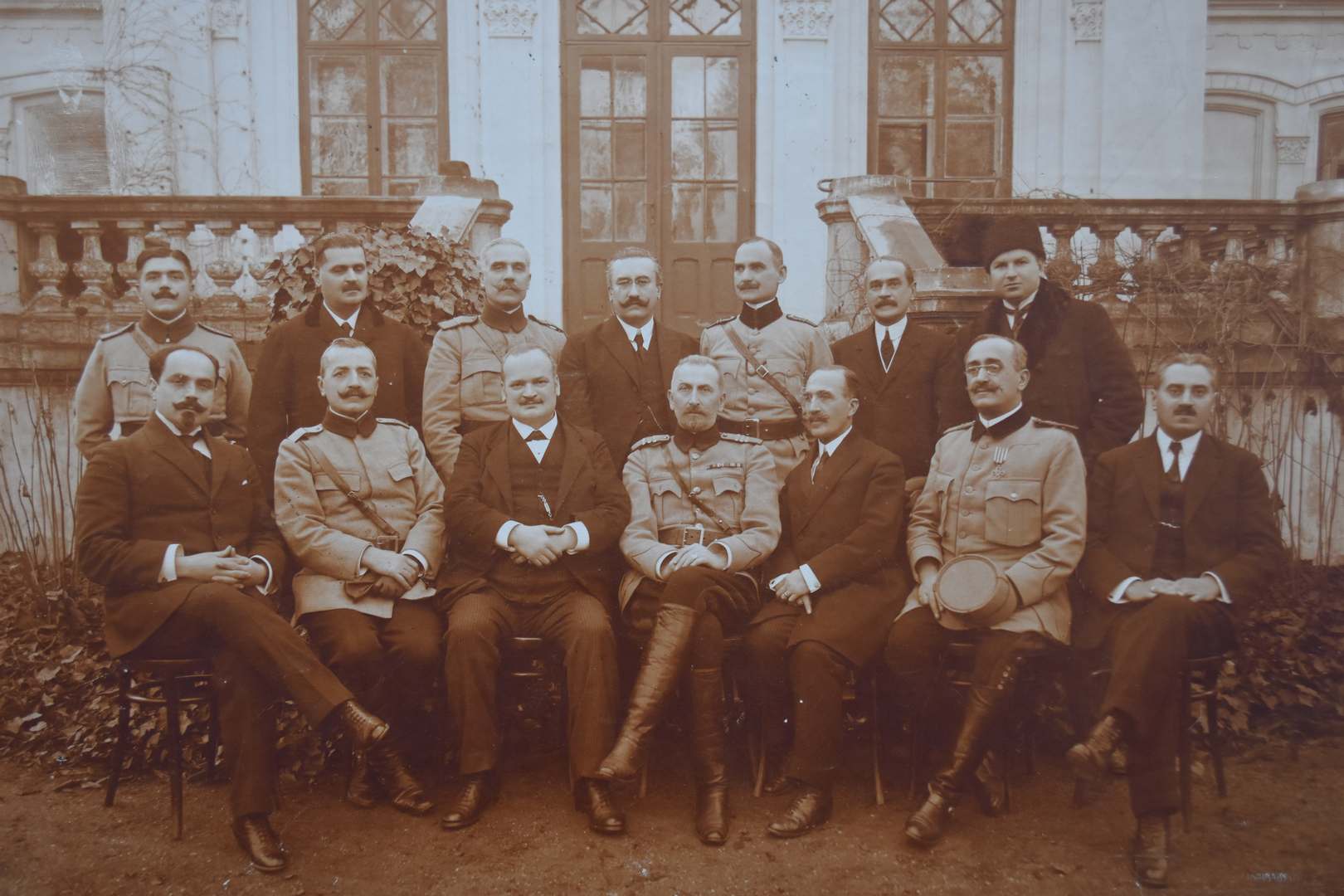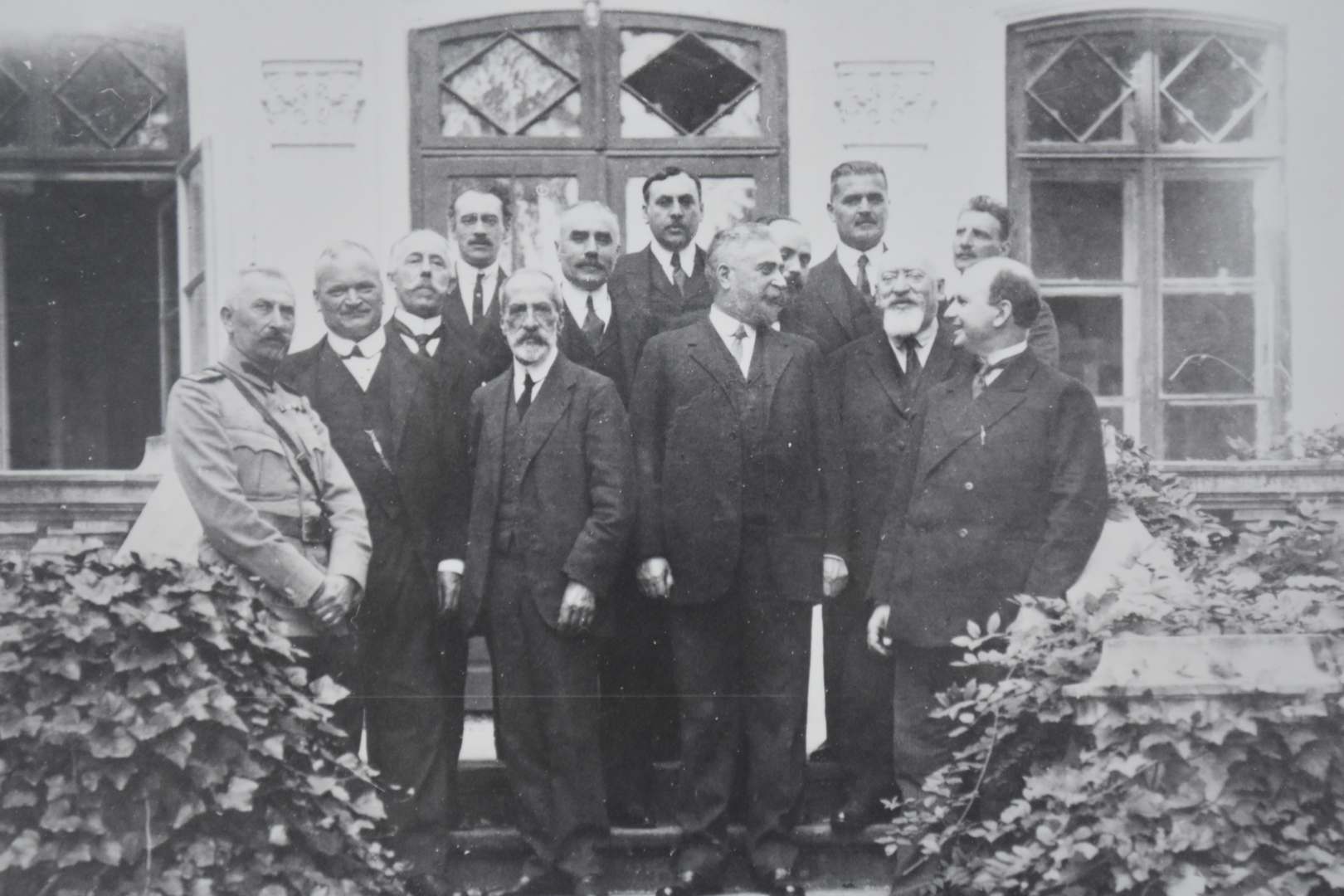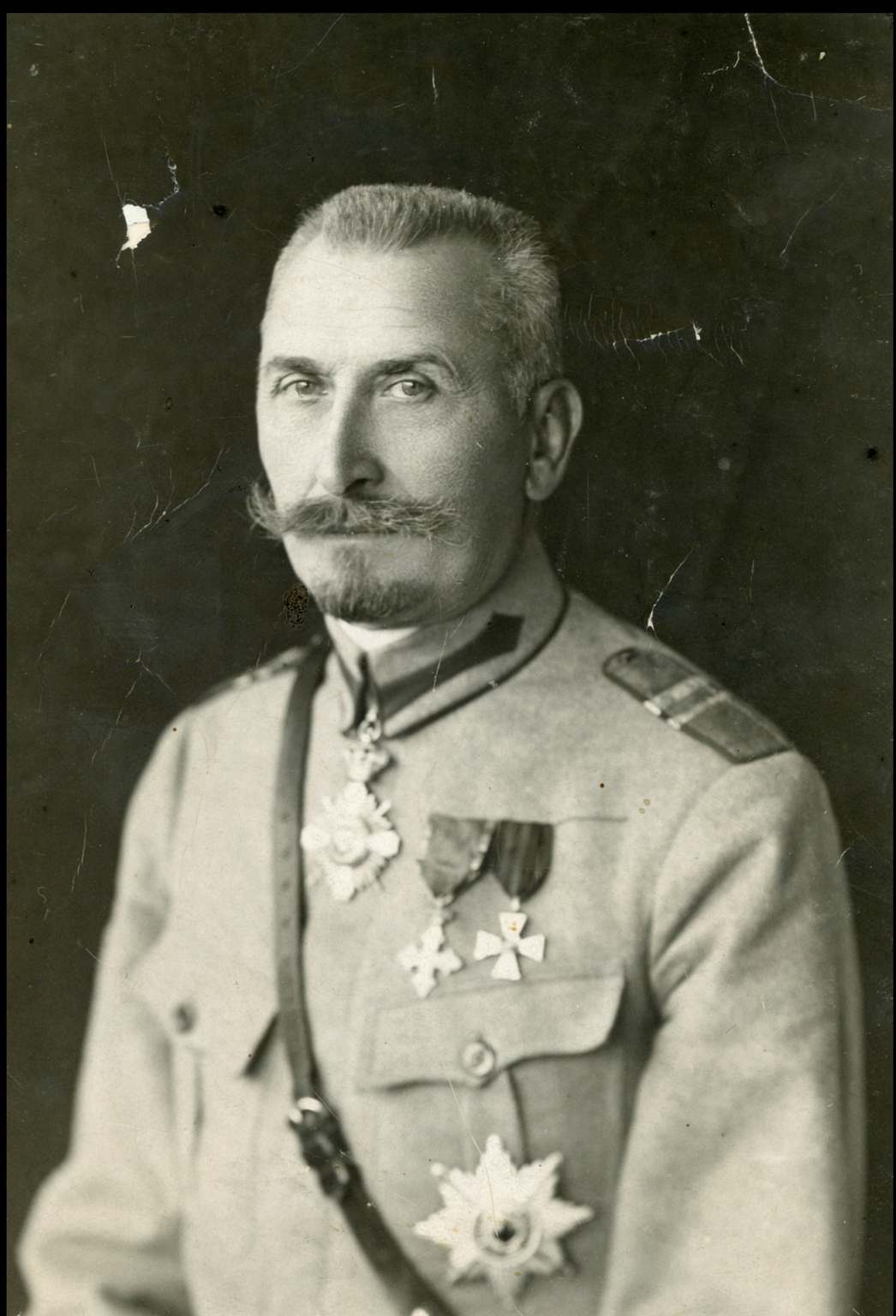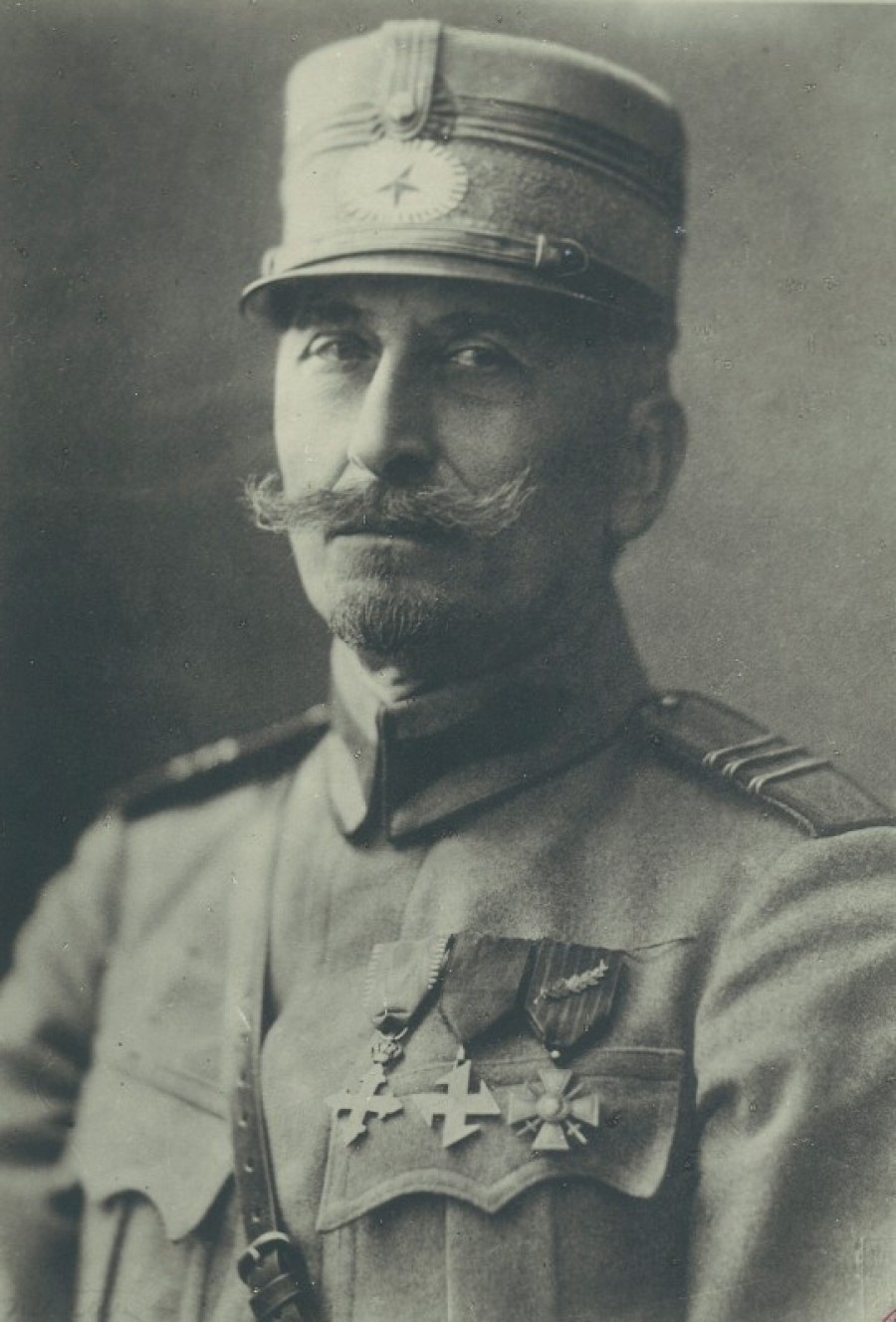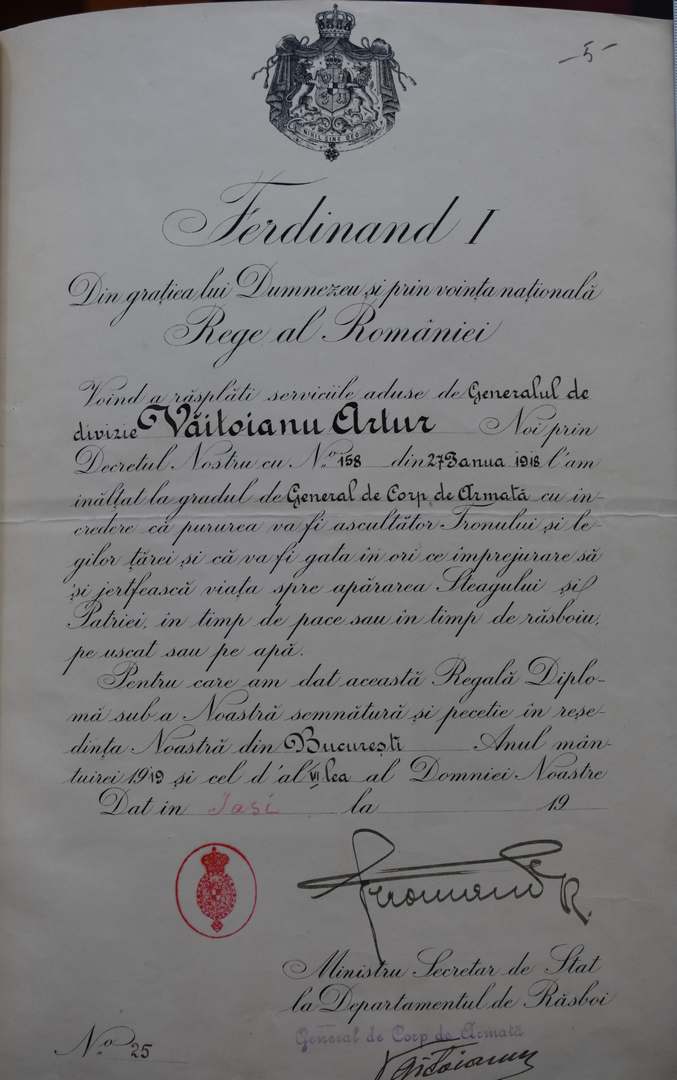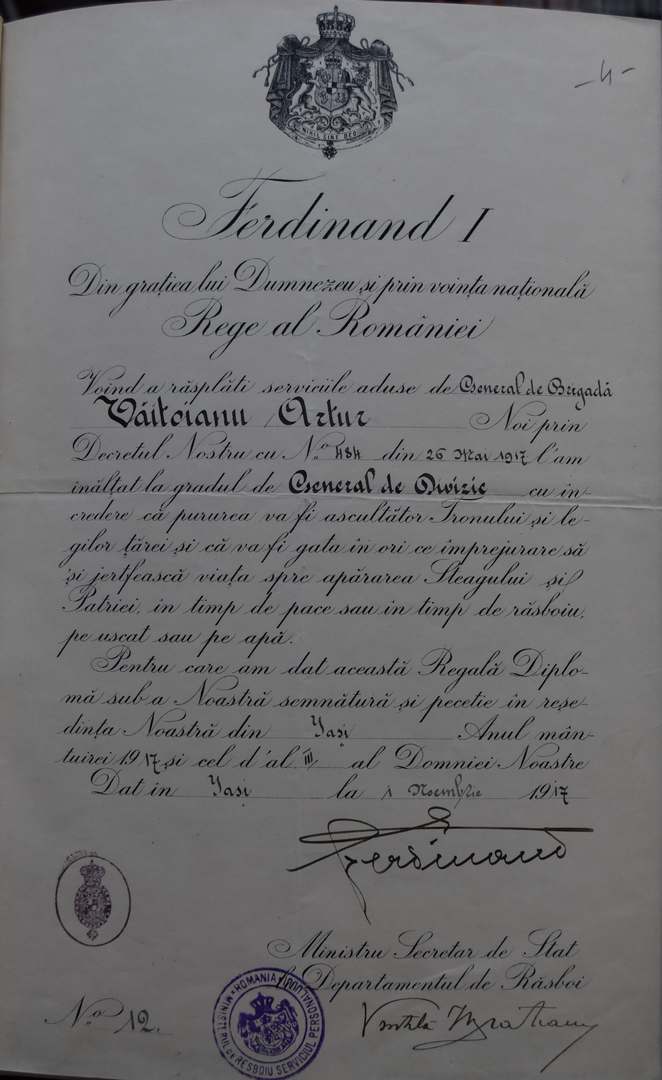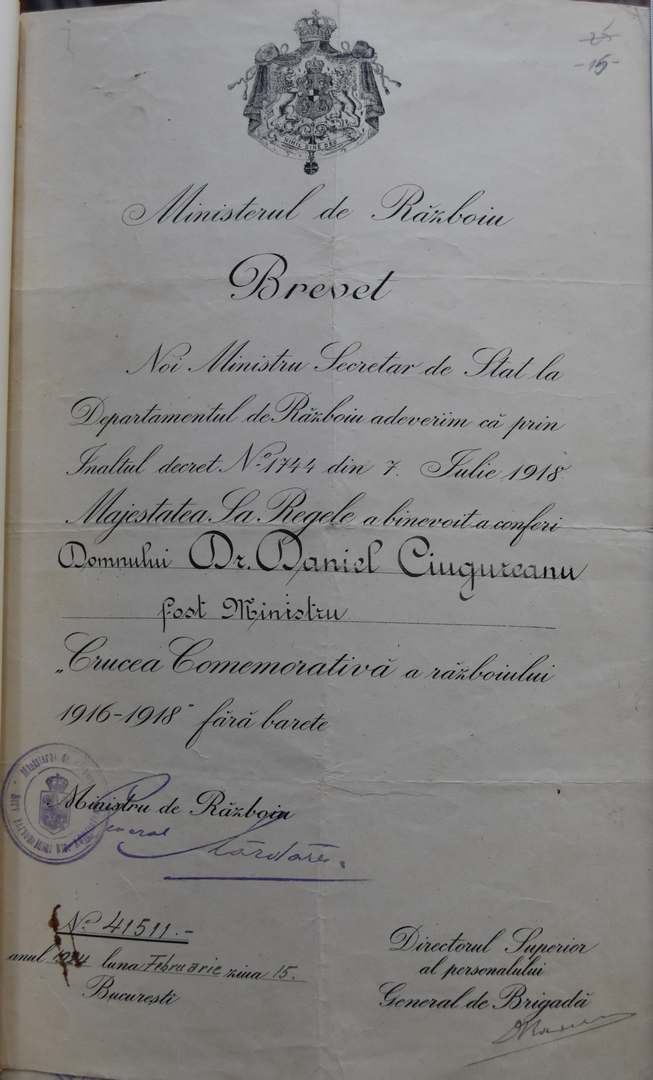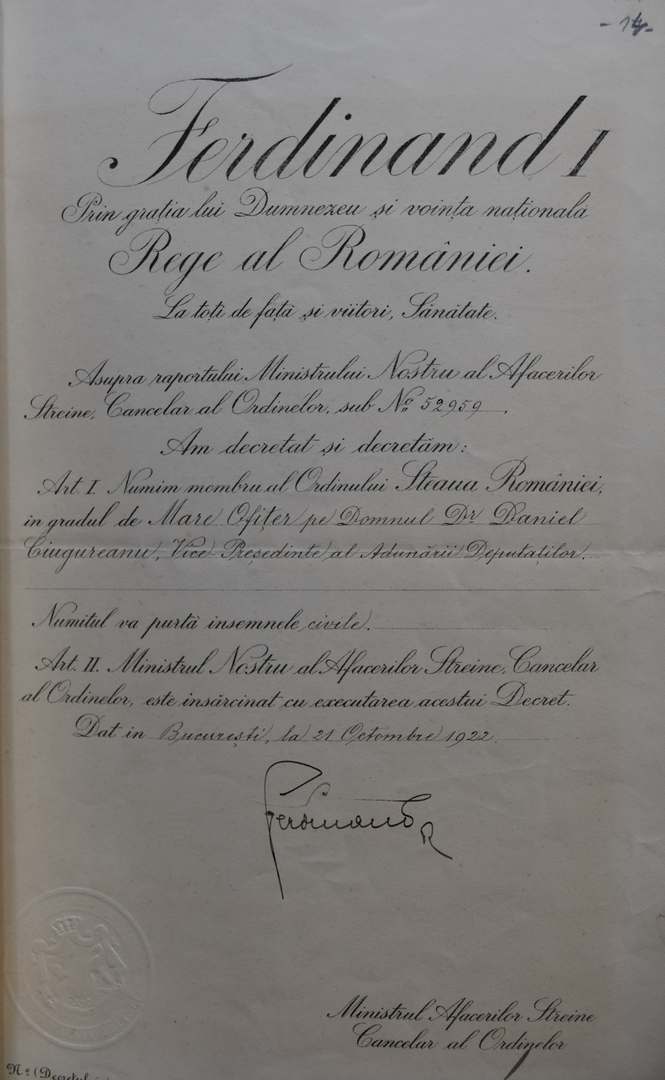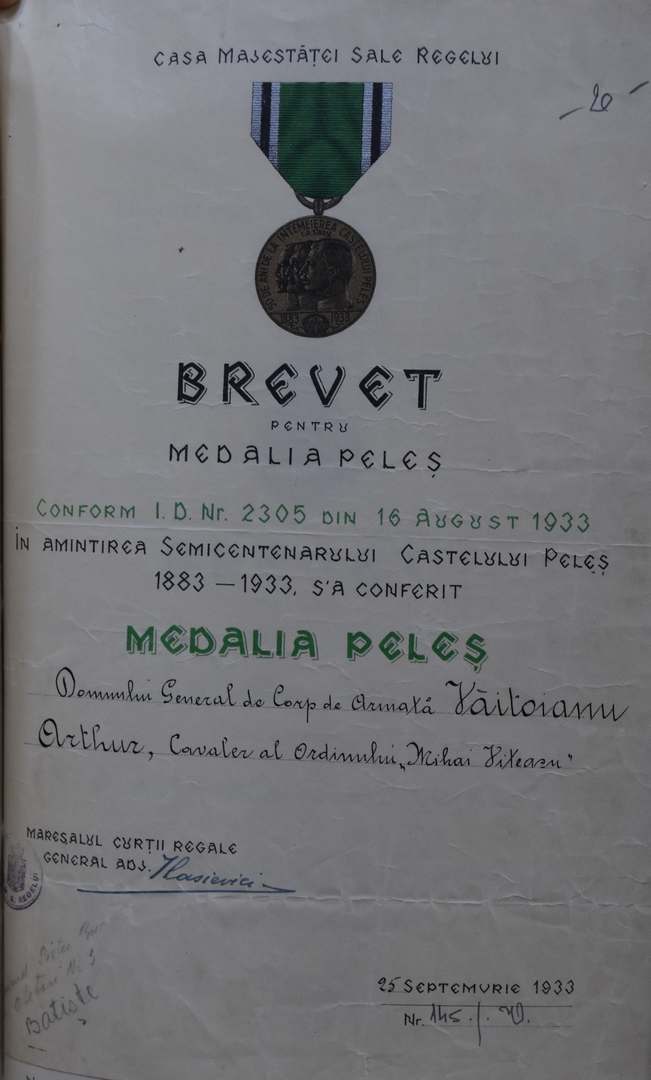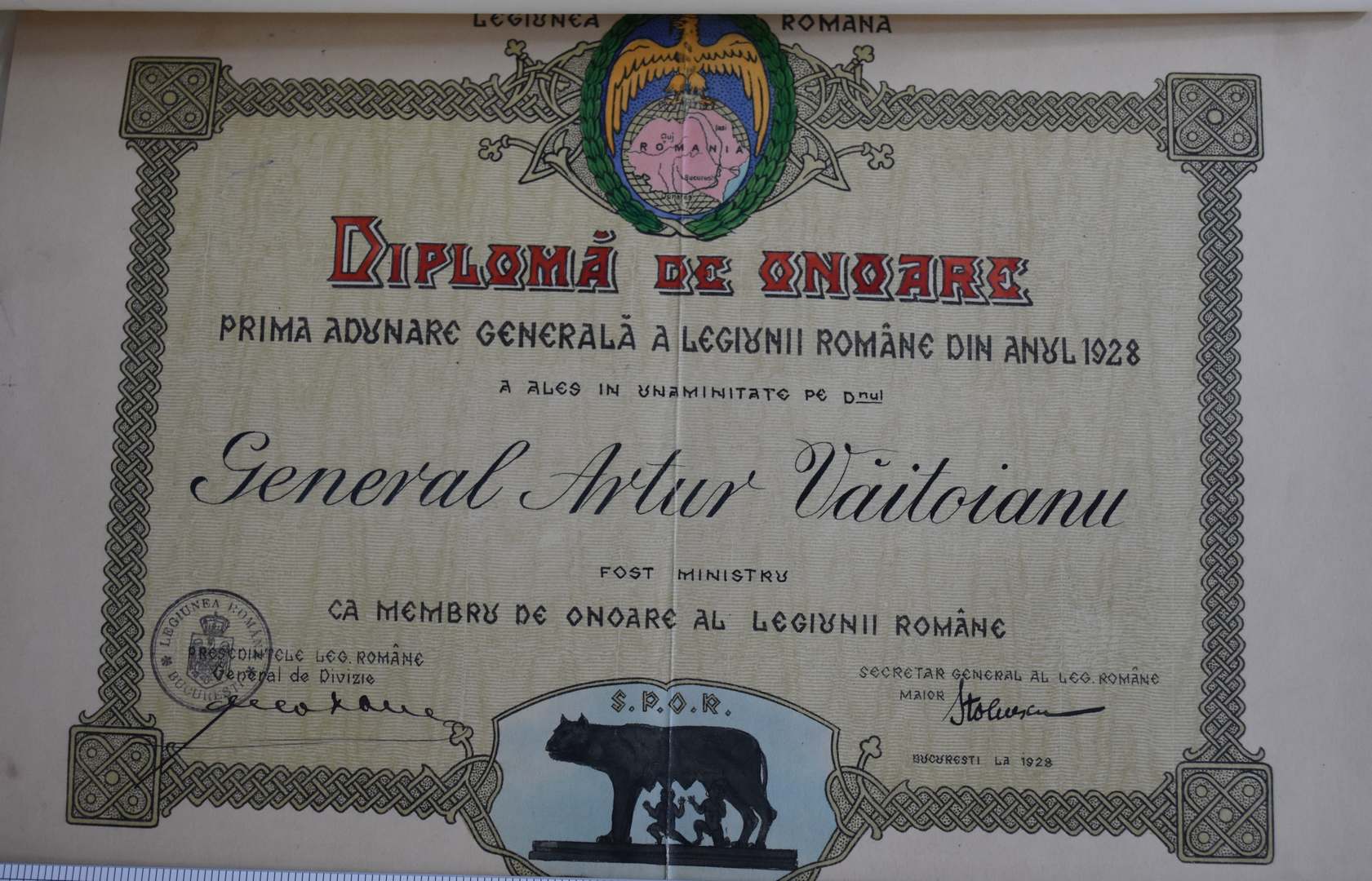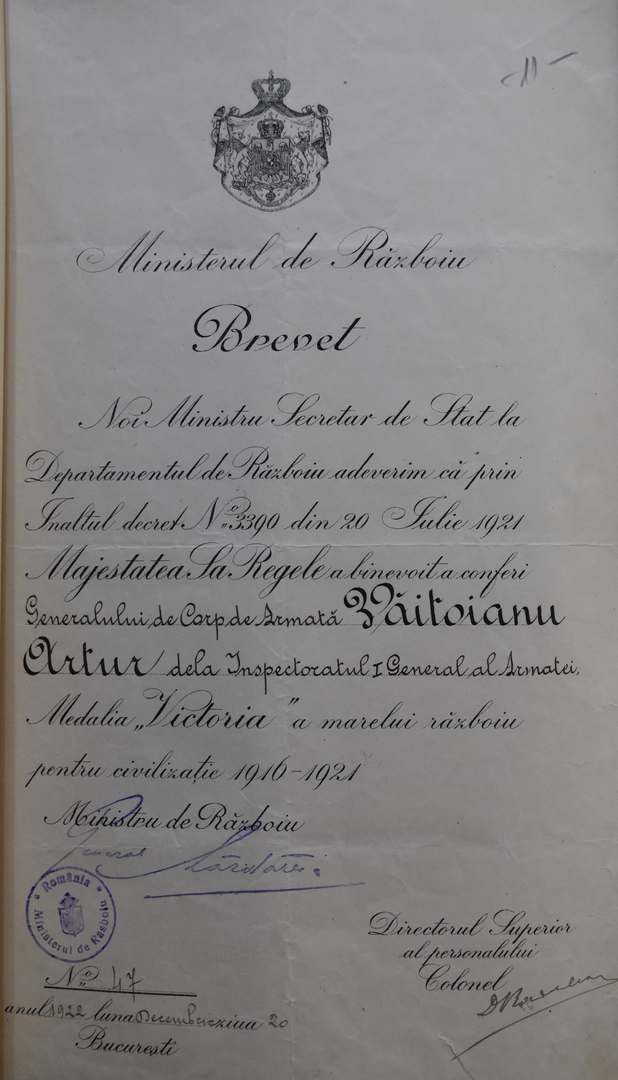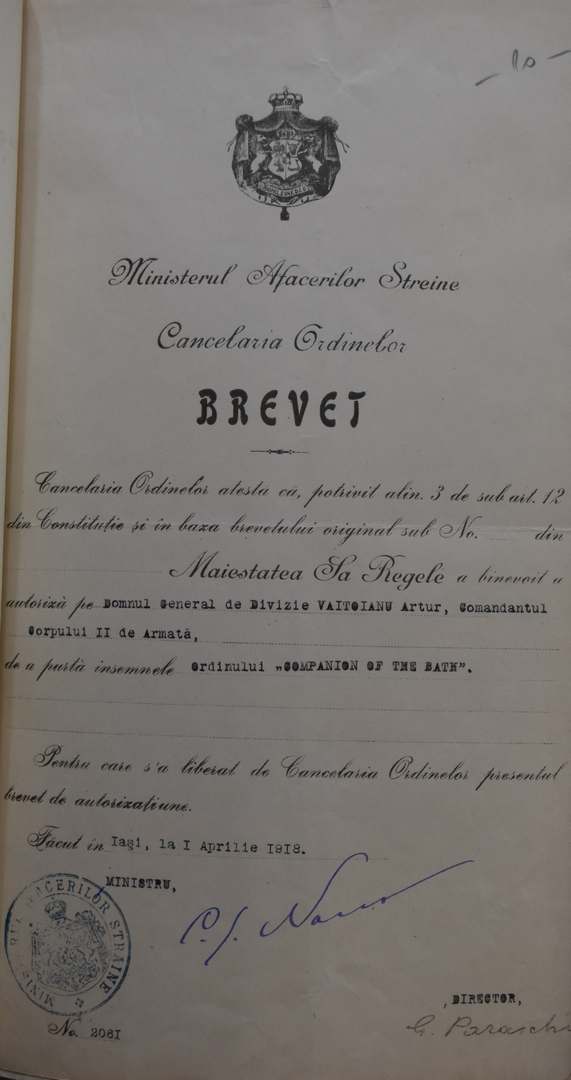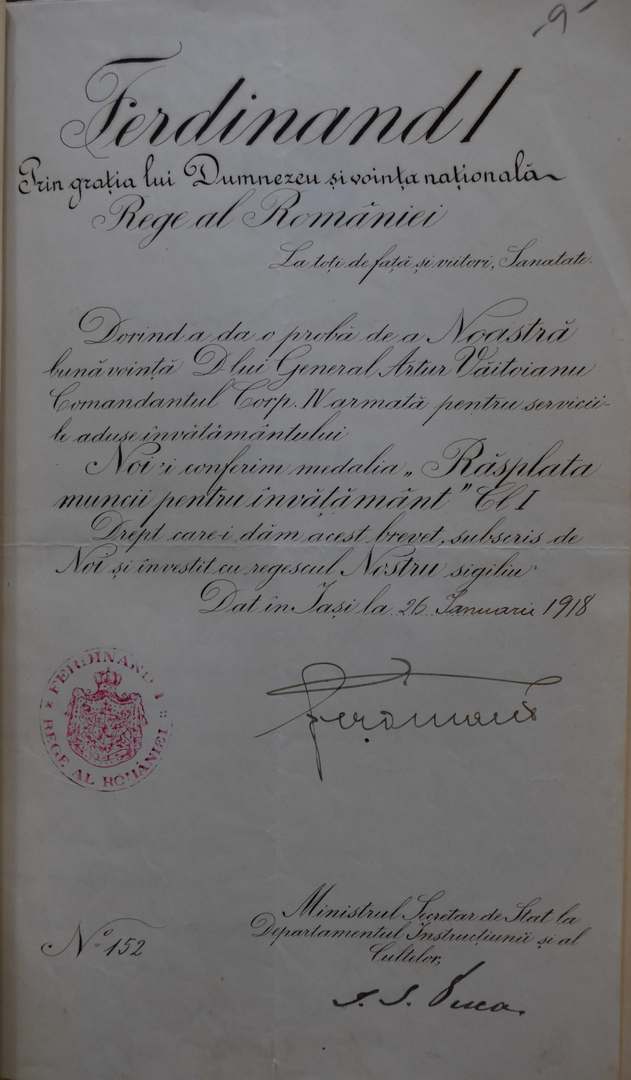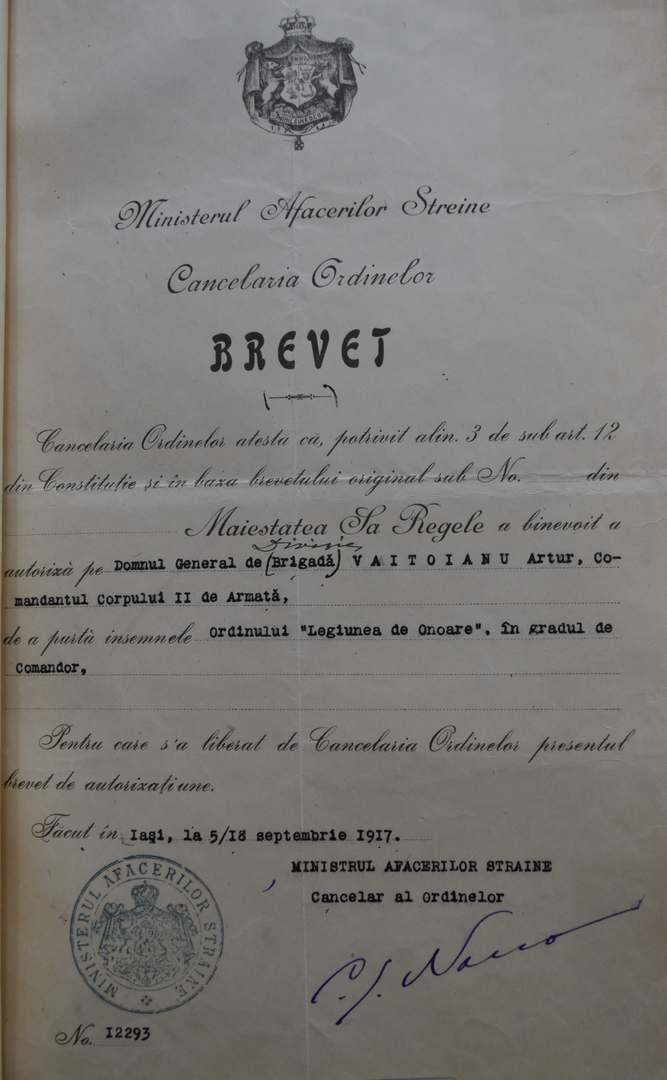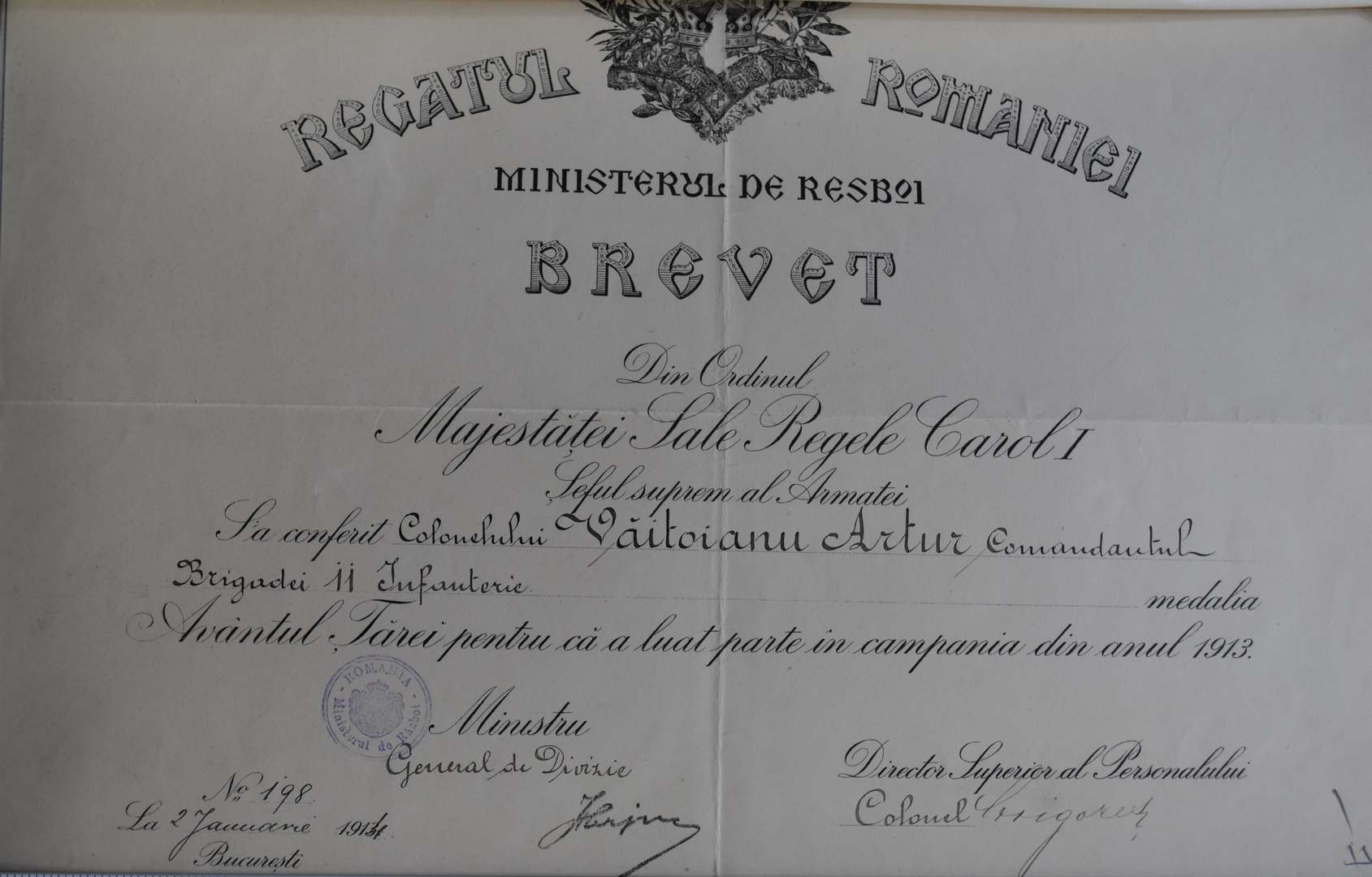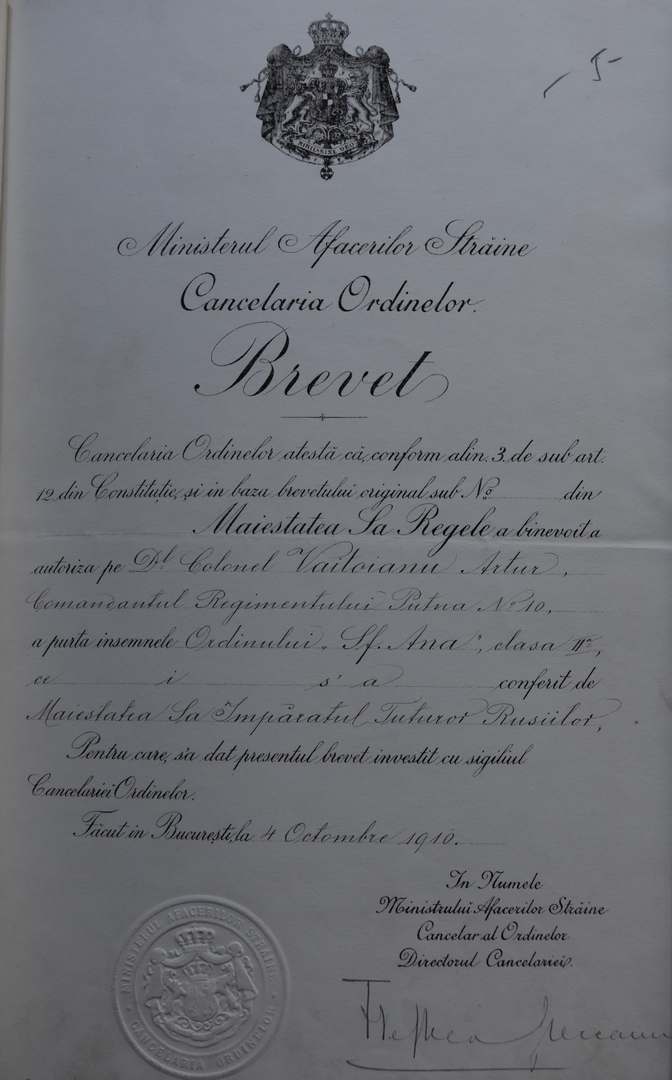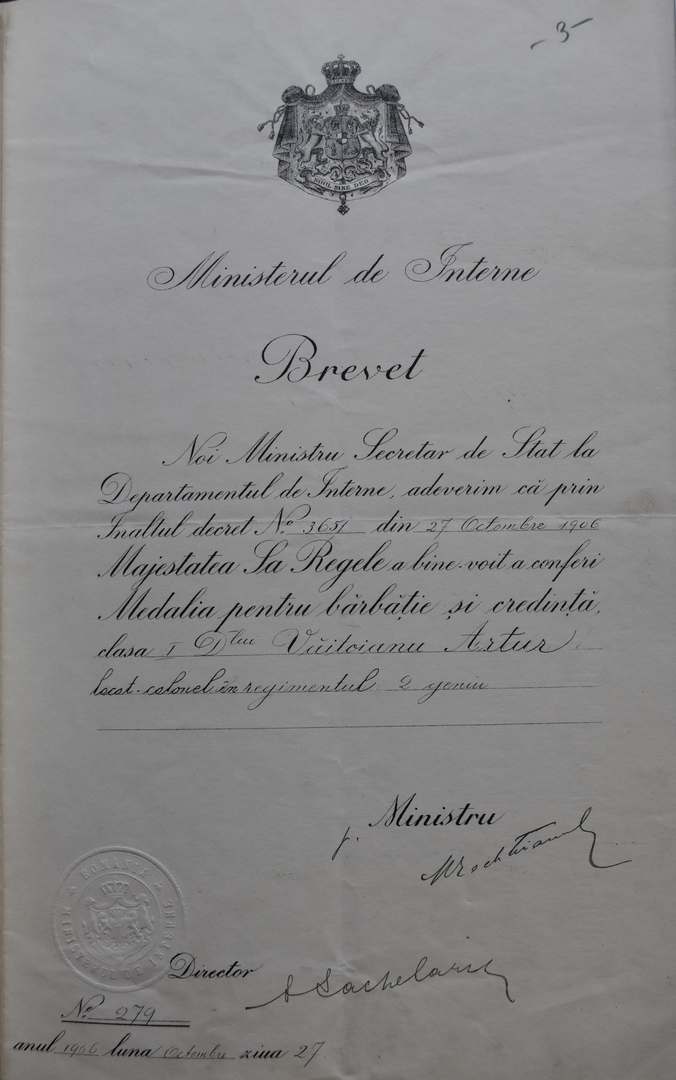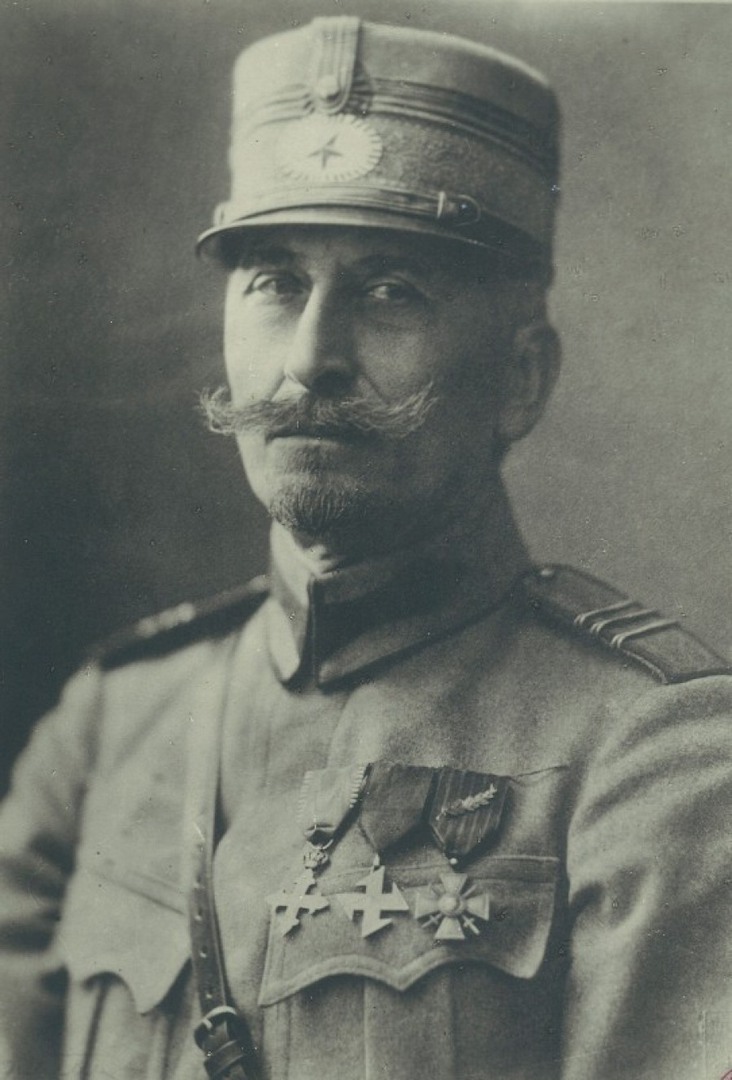Arthur Văitoianu
Arthur Văitoianu
1872-1950
„“I am paying my homage to the fighters, the everlastingly grateful reminder of those who died in the battlefield and, thank Heaven, Greater Romania exists and will go on existing, no matter what will happen!”
Being a general and politician, Arthur Văitoianu was one of the commanders of the Romanian army in the war for the unification of the nation. He was born in the county of Ismail, Bessarabia, which had been annexed by the Russians. Upon graduation, he becomes a professor at the Staff College in Bucharest. He was quickly promoted to higher military ranks, and, during the First World War, he came to be a brigadier. He held the positions of division, army corps and army commander. In the autumn of 1916 he was in command of the 10th Infantry Division and participated in the heavy battles in Dobrogea, at Flămânda and Turtucaia, against the German and Austro-Hungarian armed forces. He distinguished himself by the way he bravely fought under the command of General Averescu in the victories they won at Mărăşeşti and Oituz (1917). In 1918 he was appointed inspector of the army and governor of Bessarabia with the title of general commissioner of the government. He made an important contribution to the reconstruction and consolidation of the Bessarabian province, strongly affected by the anarchy of war. He resigned from the army and took up a political career. Between 1918 and 1919 he held the positions of minister of the interior and minister of war in several governments. In September 1919, during a period of political crisis, General Arthur Văitoianu was appointed prime minister. Being no supporter of political struggles, Arthur Văitoianu headed a government of generals and technocrats for a short time. He went down in history as the organizer of the first parliamentary elections in Greater Romania, based on the universal suffrage. In his capacity as prime minister he refused to sign the Peace Treaty with Austria on national minorities, which he considered disadvantageous to the Romanian State, emphasizing the fact that the way in which Romania was treated “does not correspond either to the spirit in which the alliance was established, or to the solemn declarations of all the allies to fight for freedom in the world, for the freedom and equality of all big and small nationalities.”
In the interwar years, Arthur Văitoianu was elected de jure senator in the Romanian Parliament. He was a member of the National Liberal Party, and in 1938 was appointed adviser to King Carol II. The communist regime did not spare him, so that in 1947 he was arrested and imprisoned for seven years at the Sighet penitentiary. He died in 1956 at the age of 92. His body was laid to rest in the crypt of the mausoleum of the heroes at Mărăşeşti, near Marshal Alexandru Averescu.

